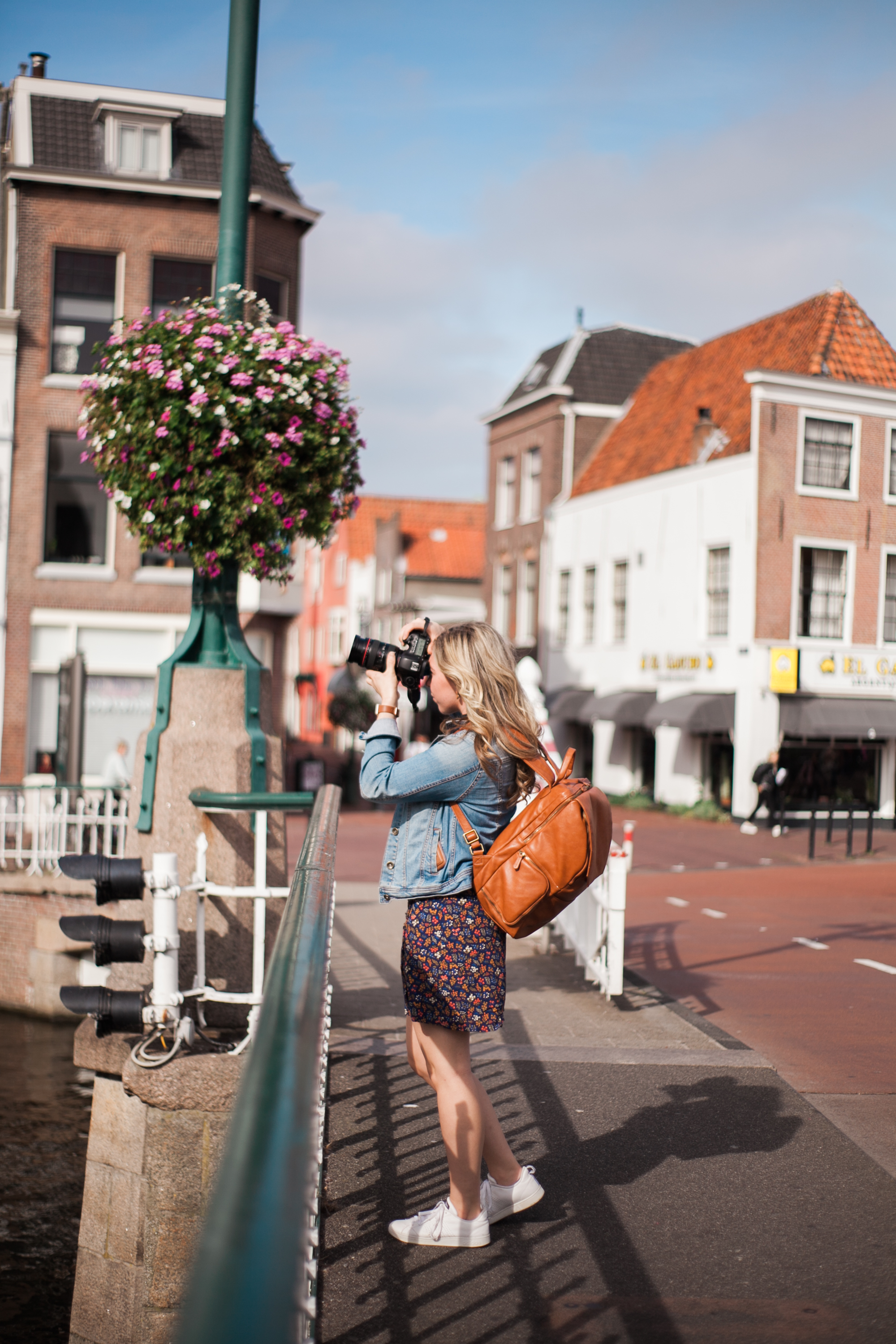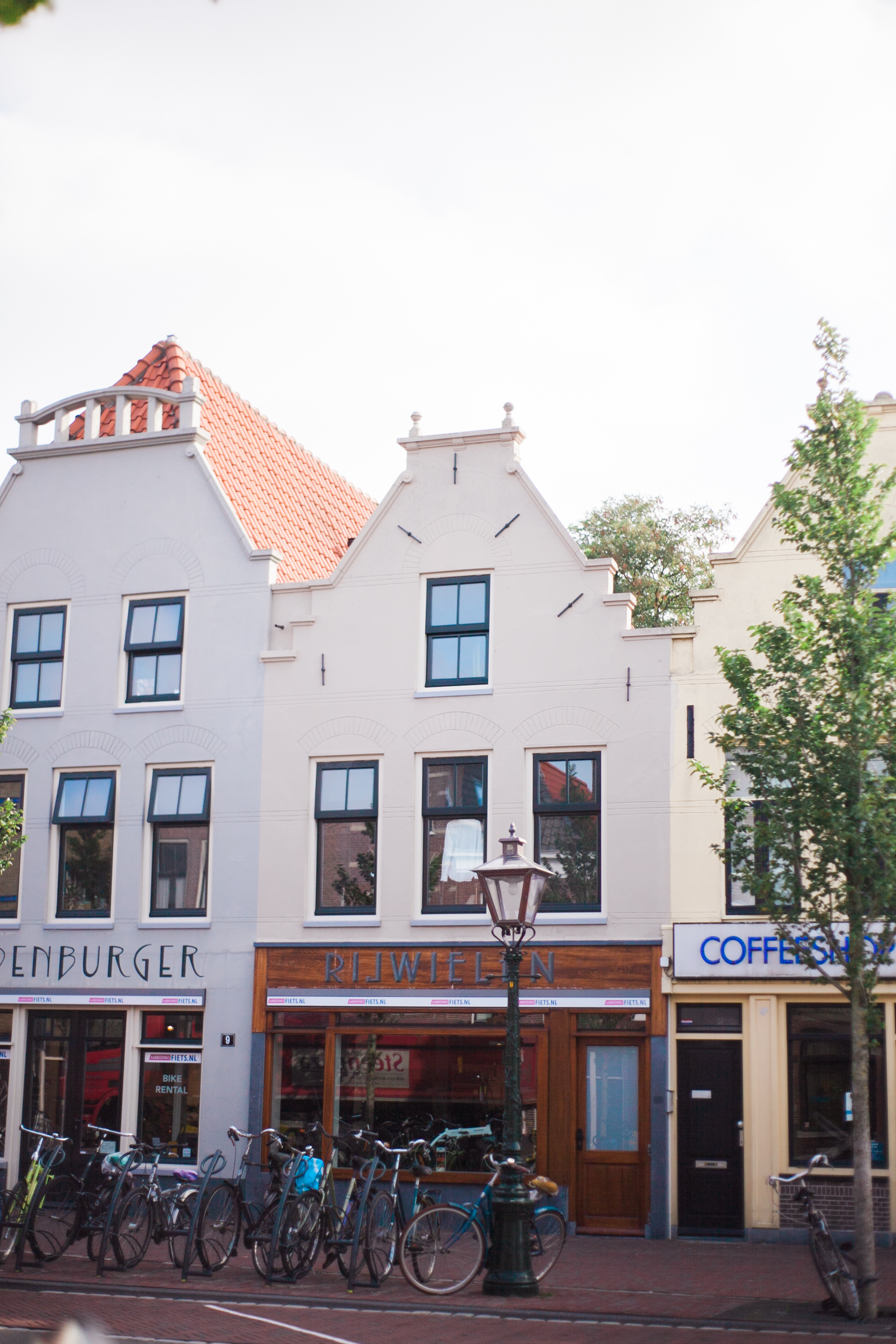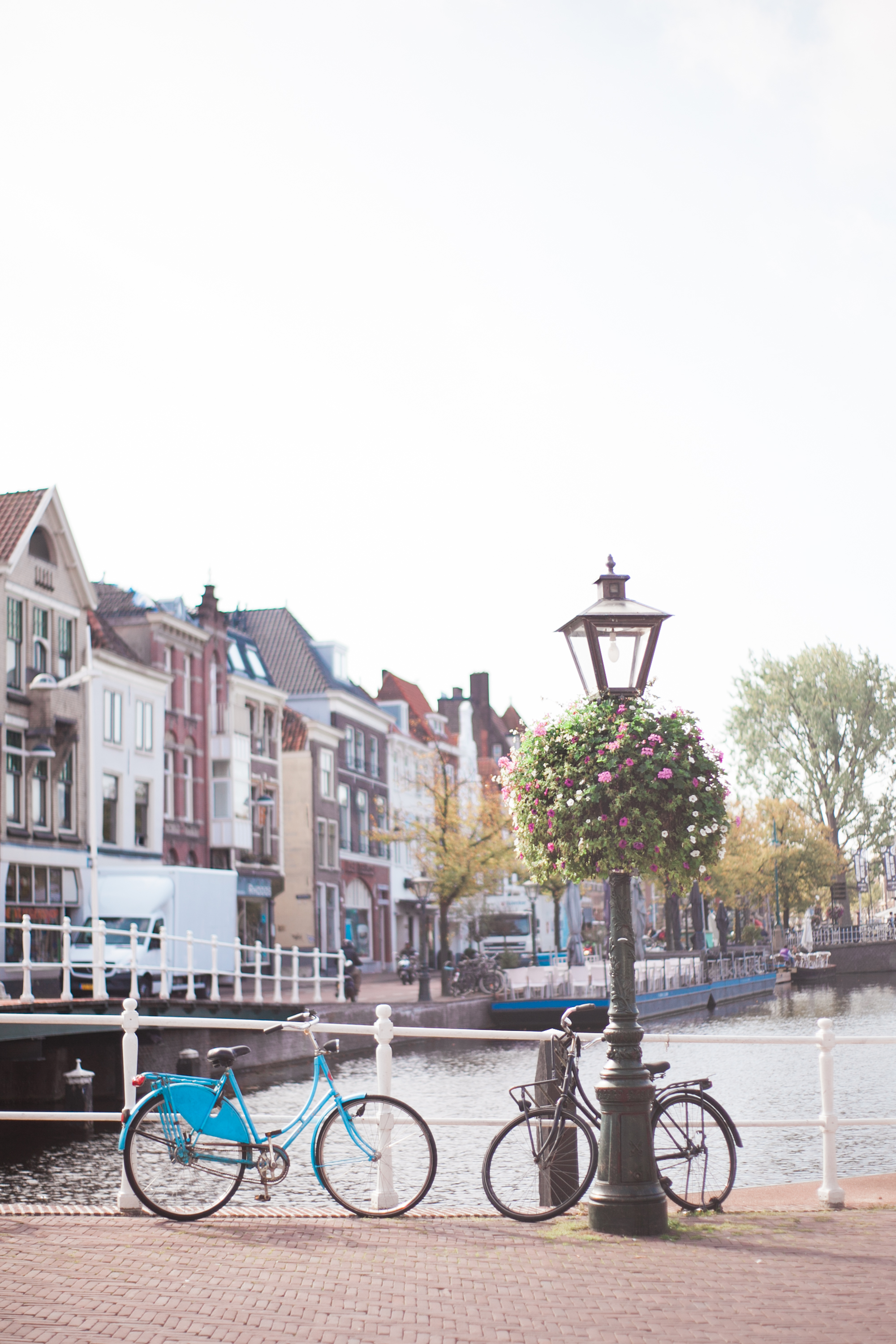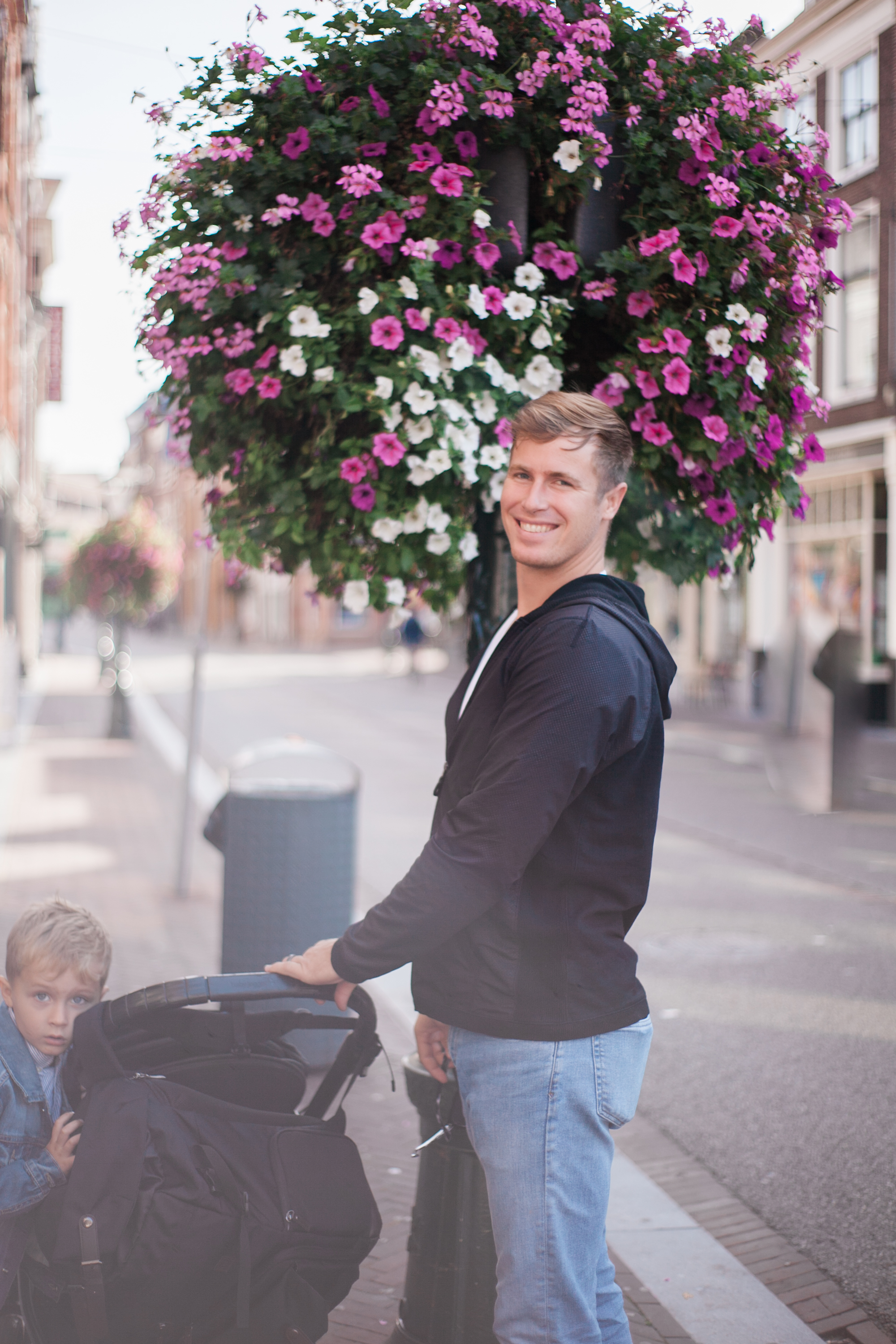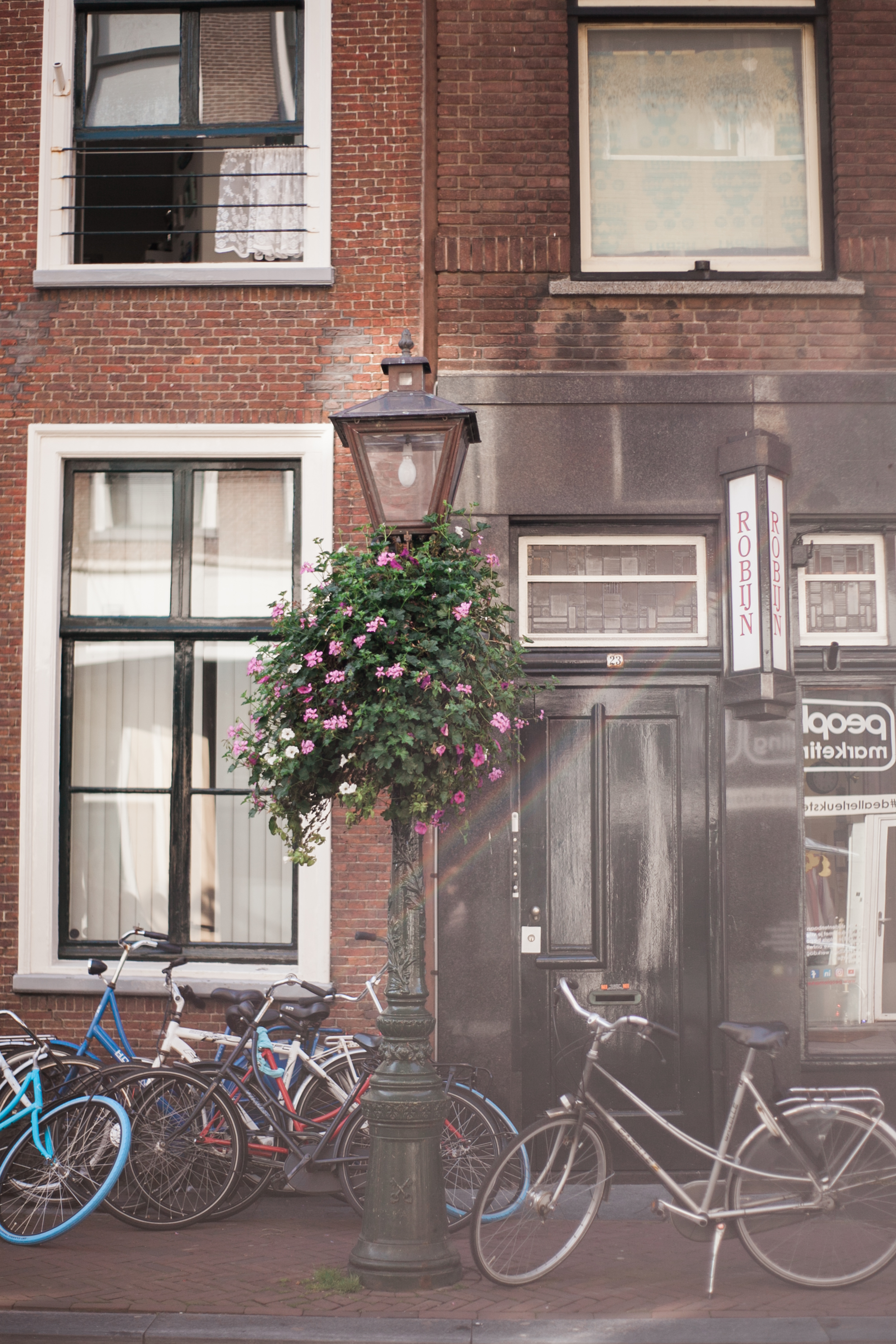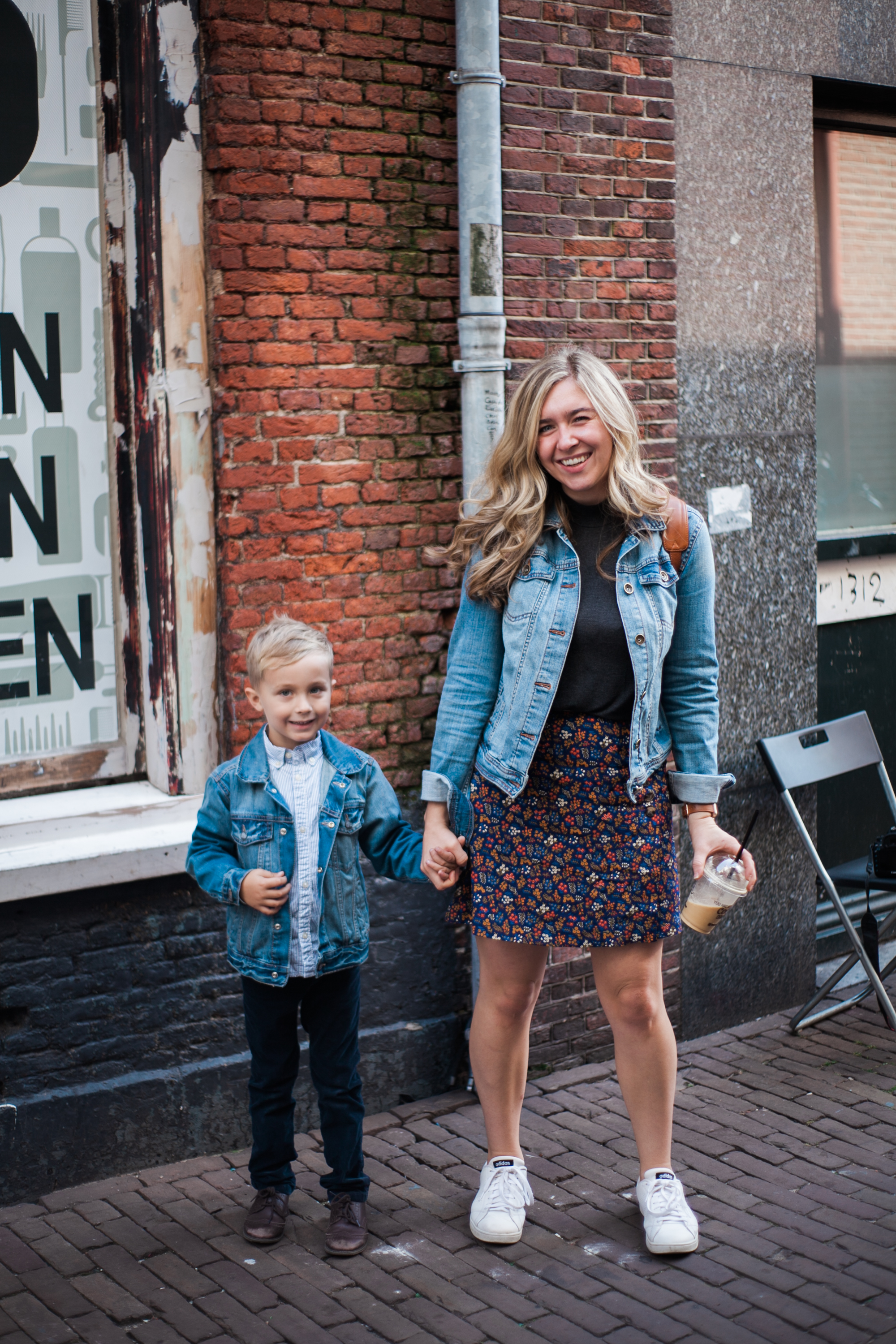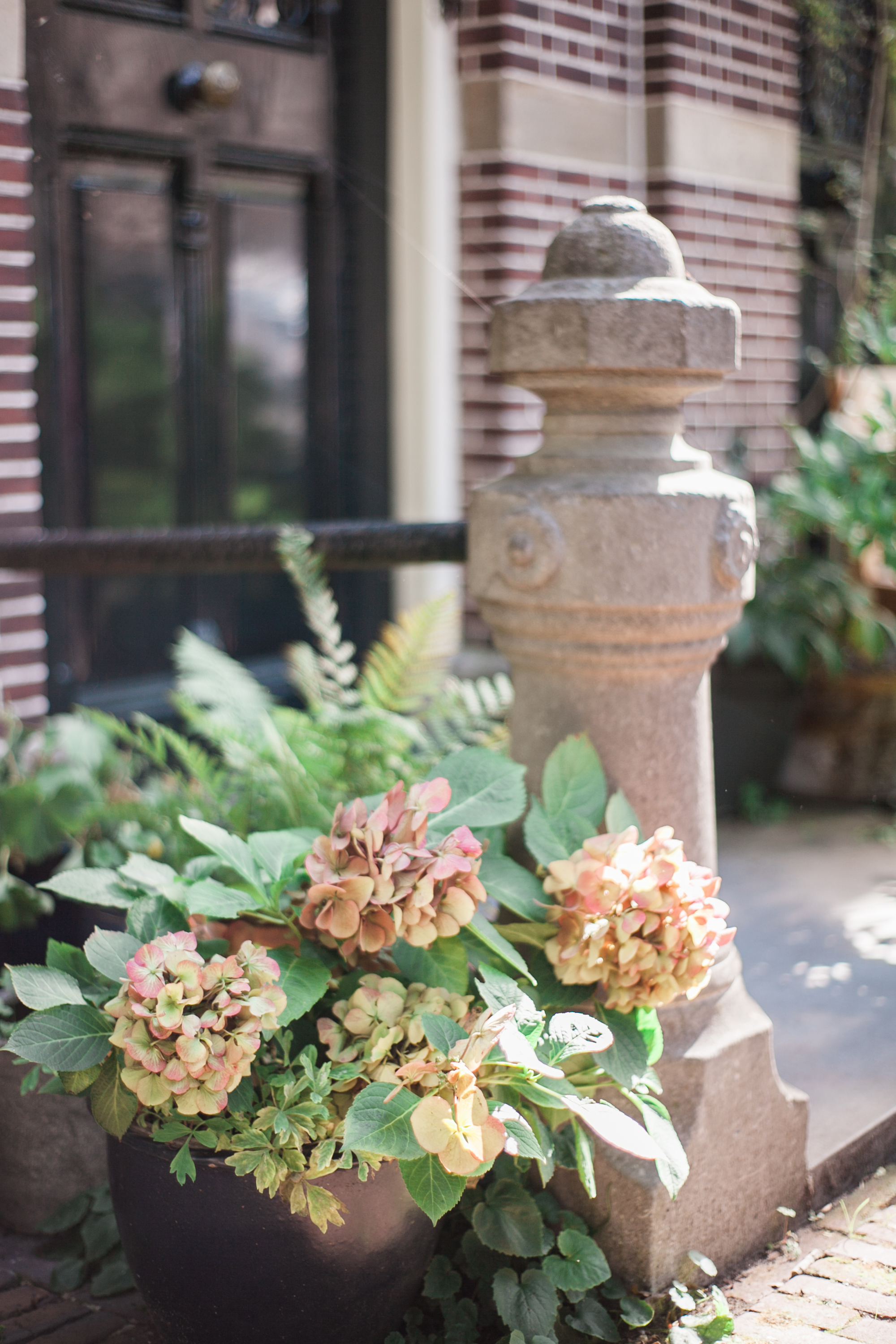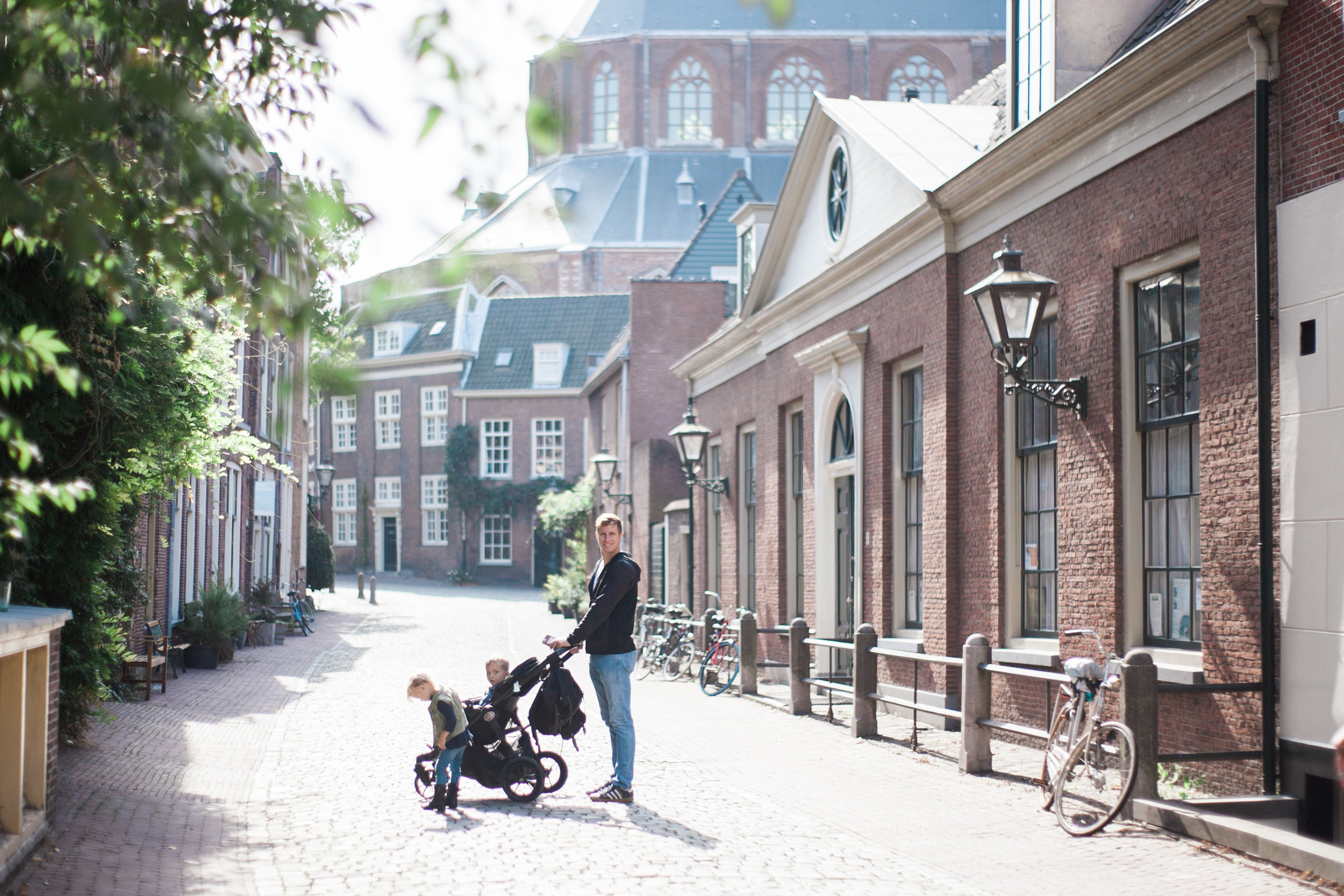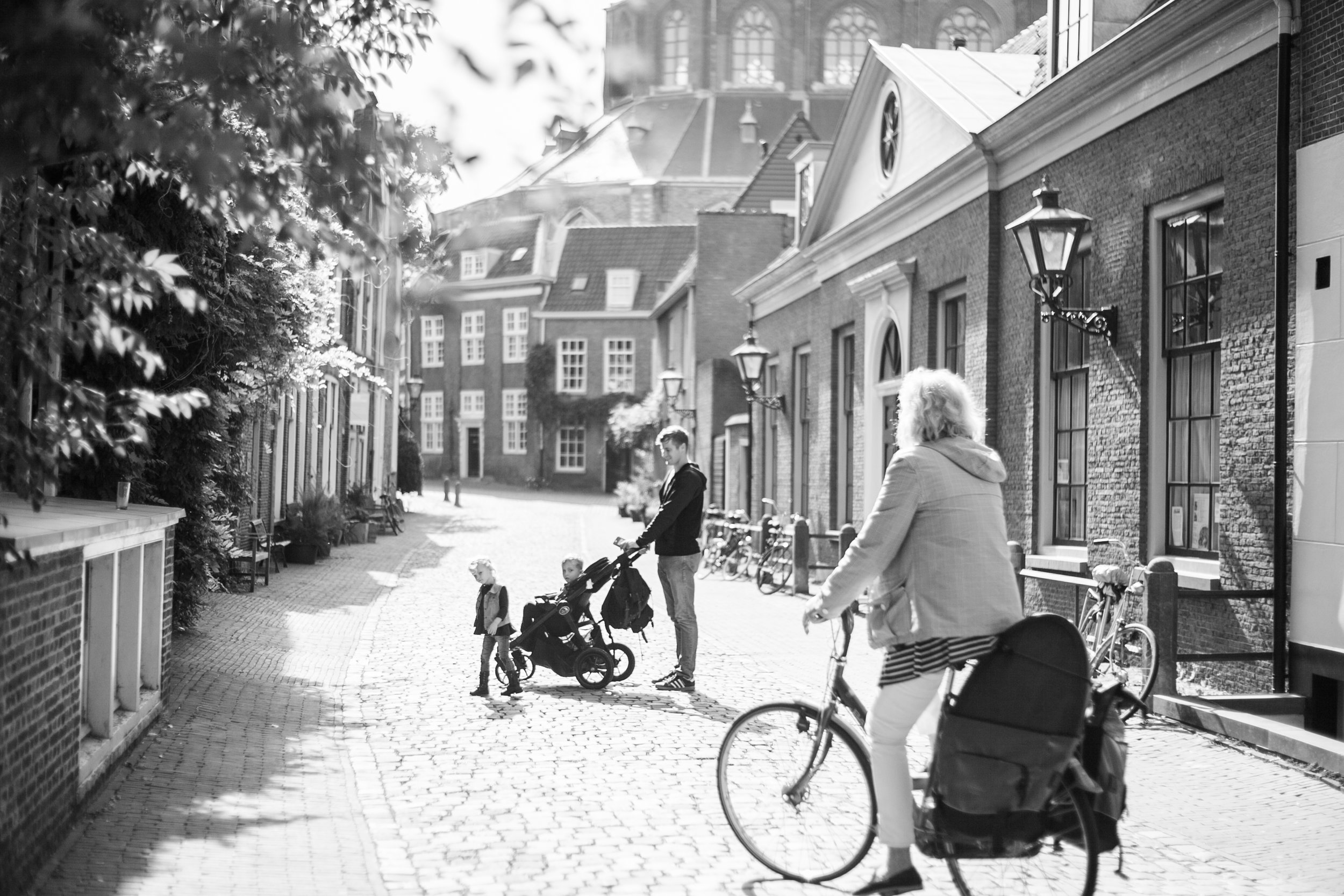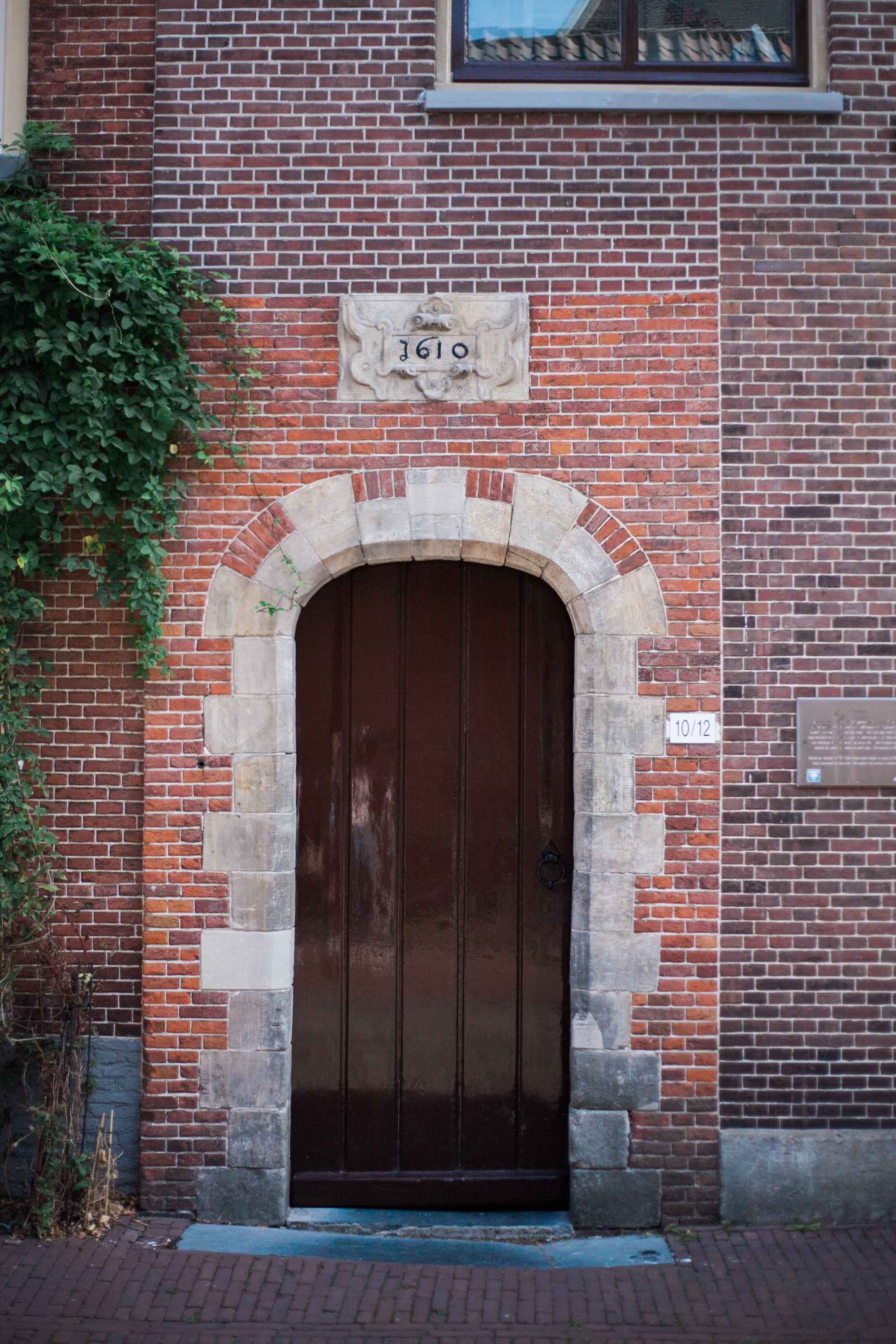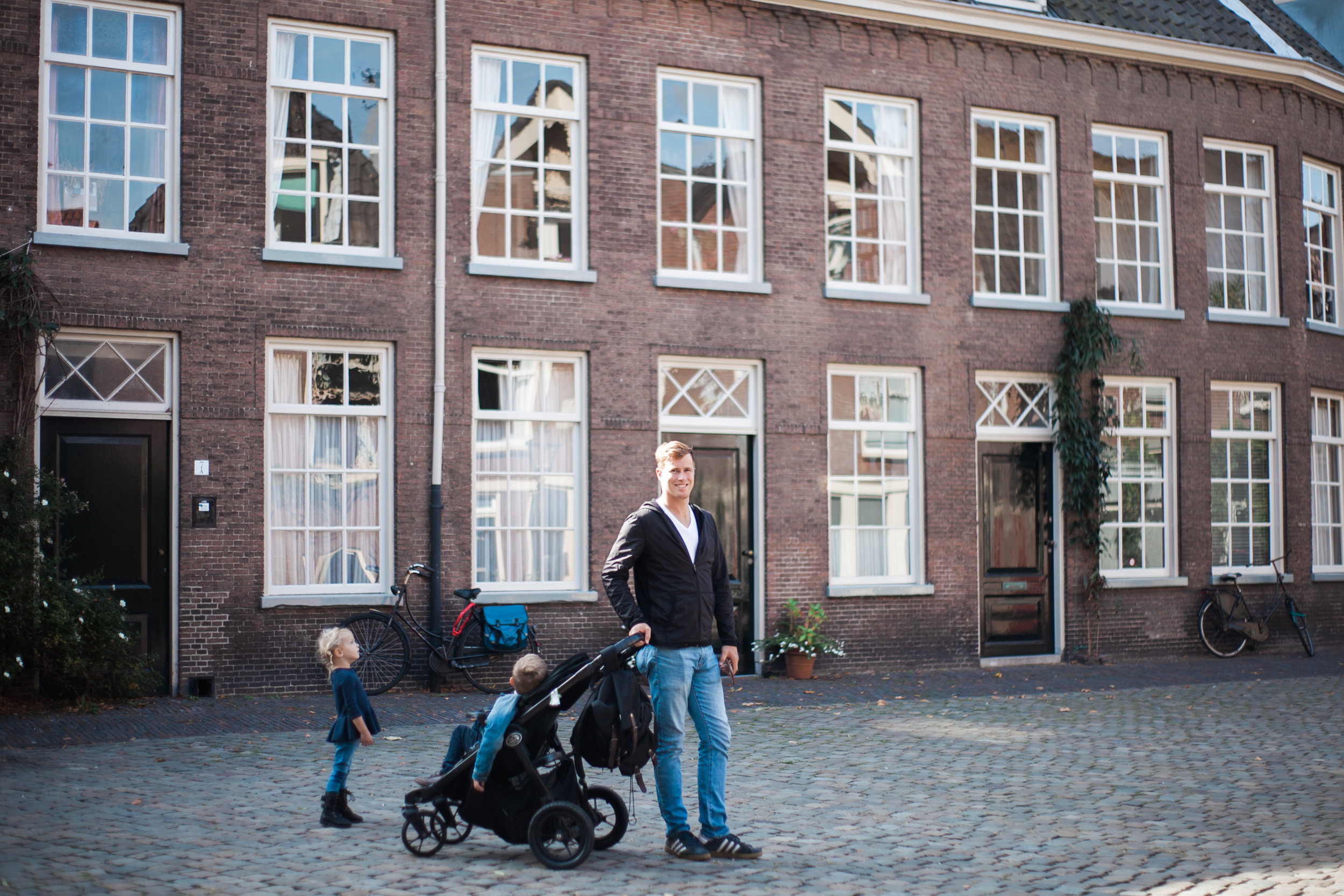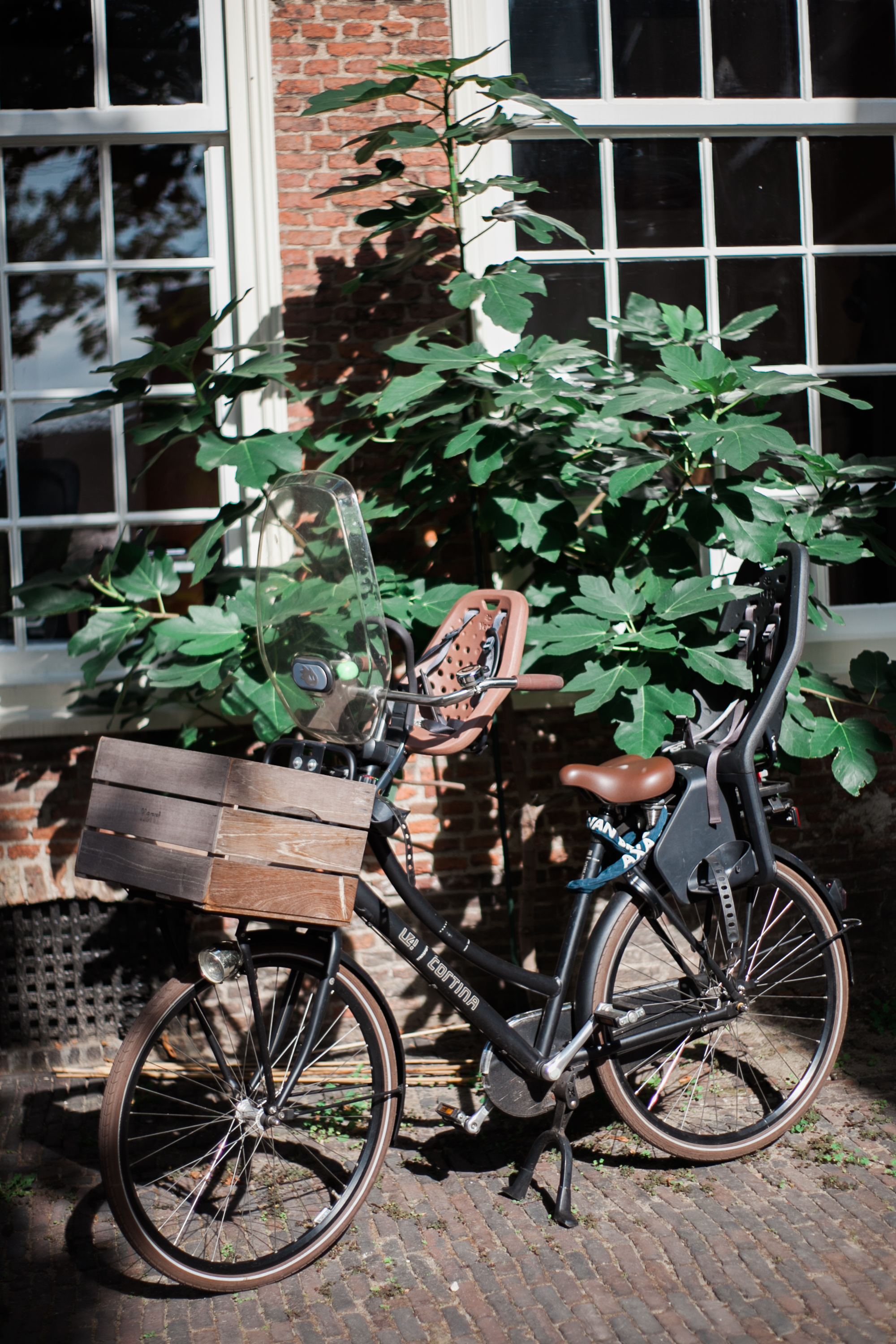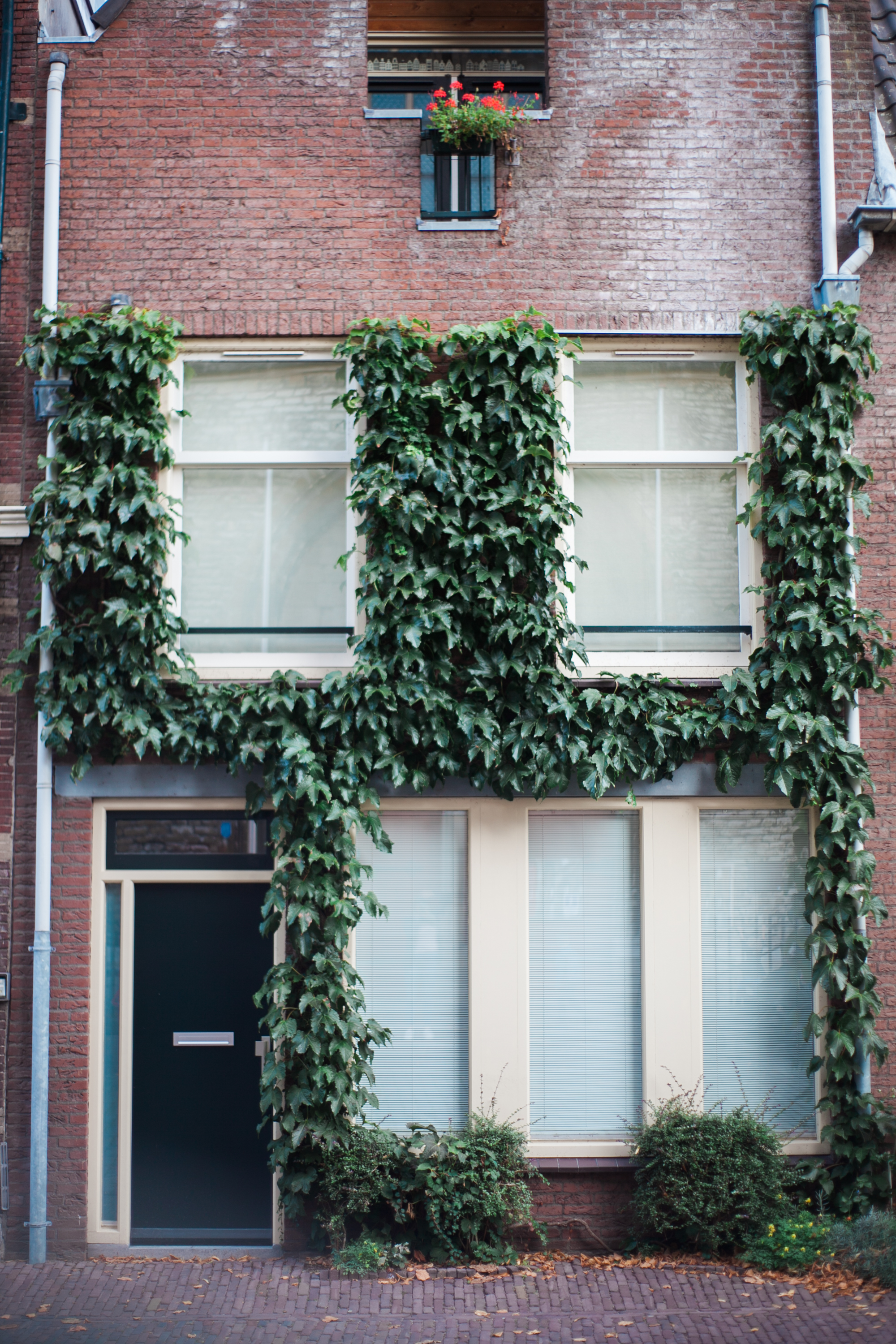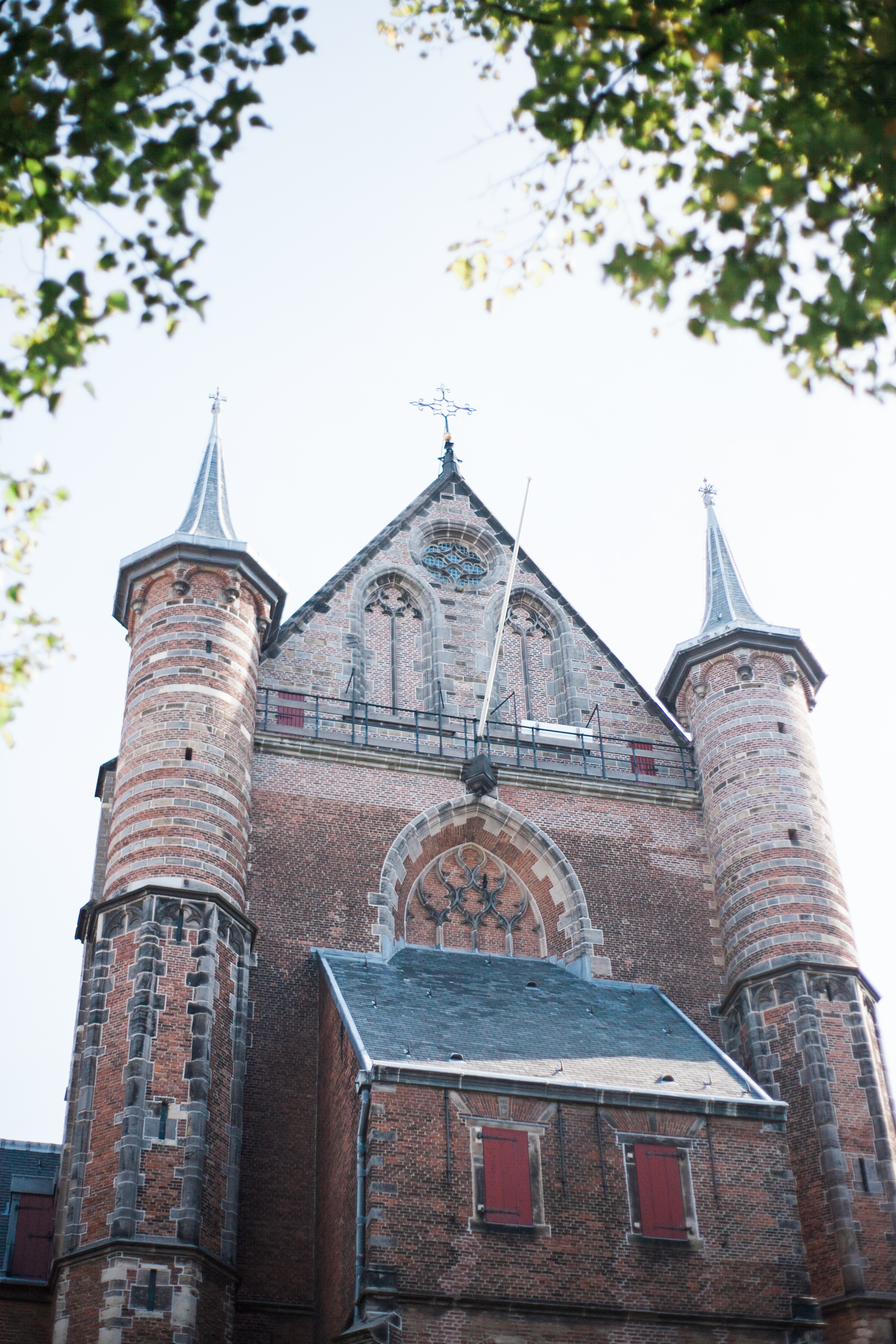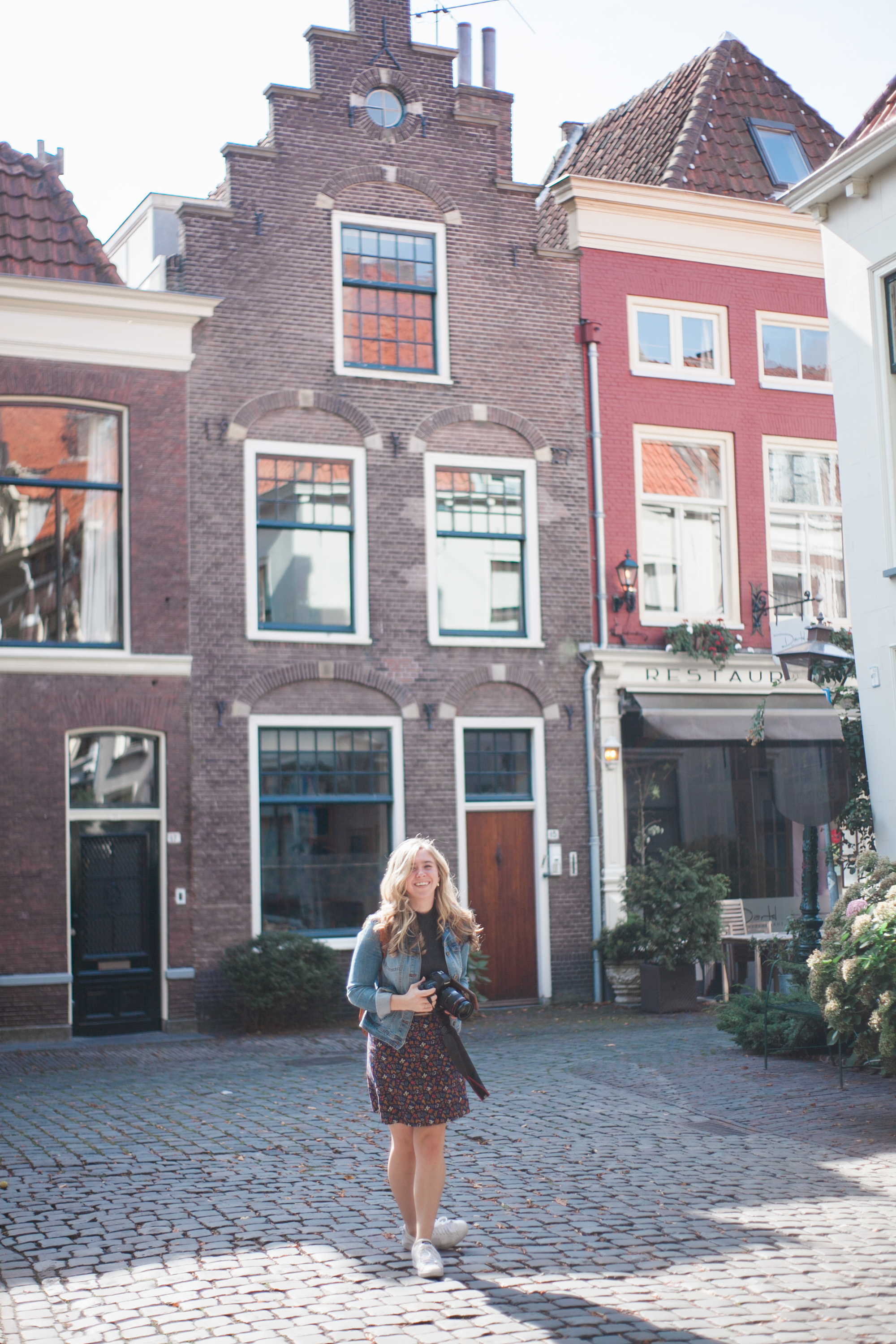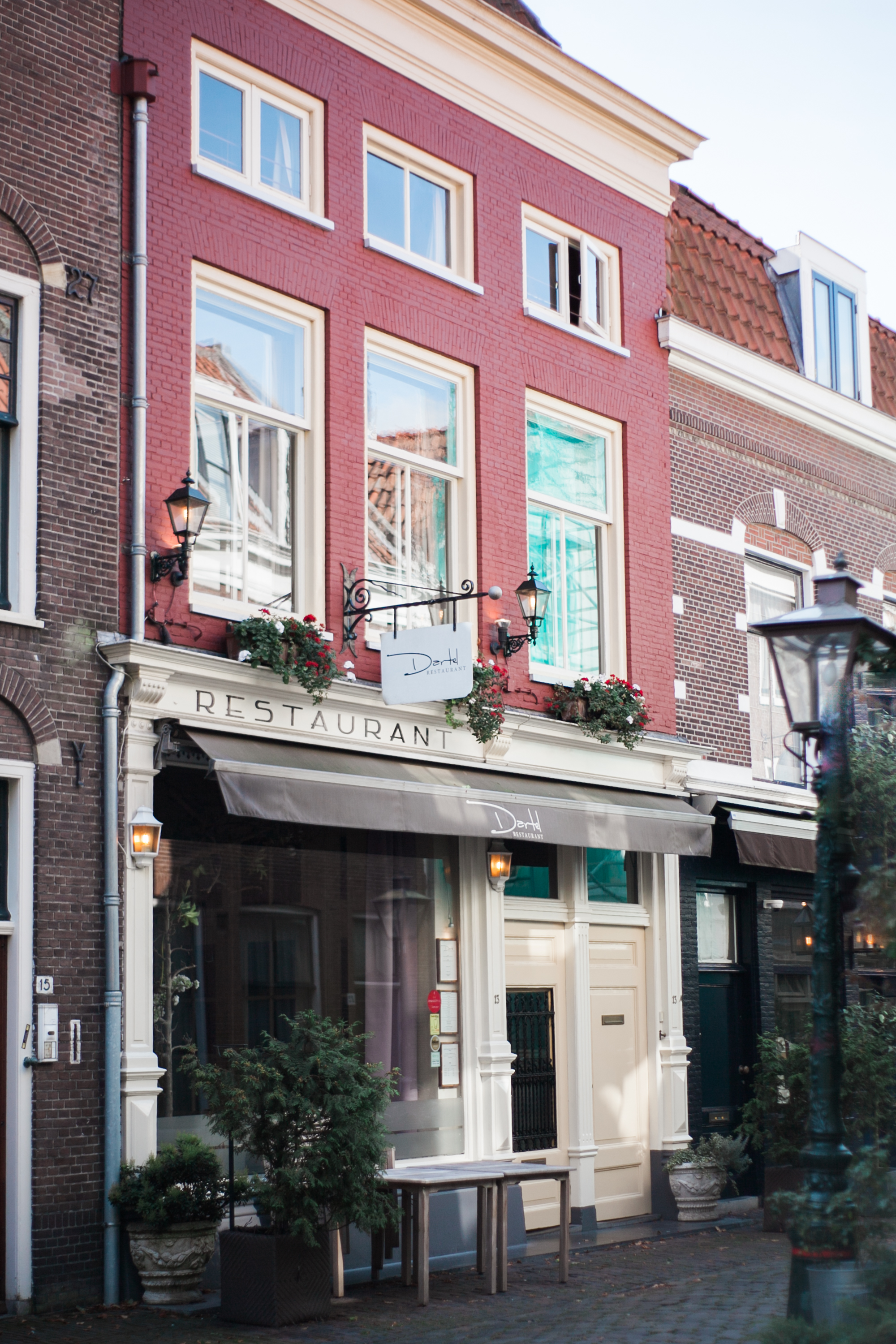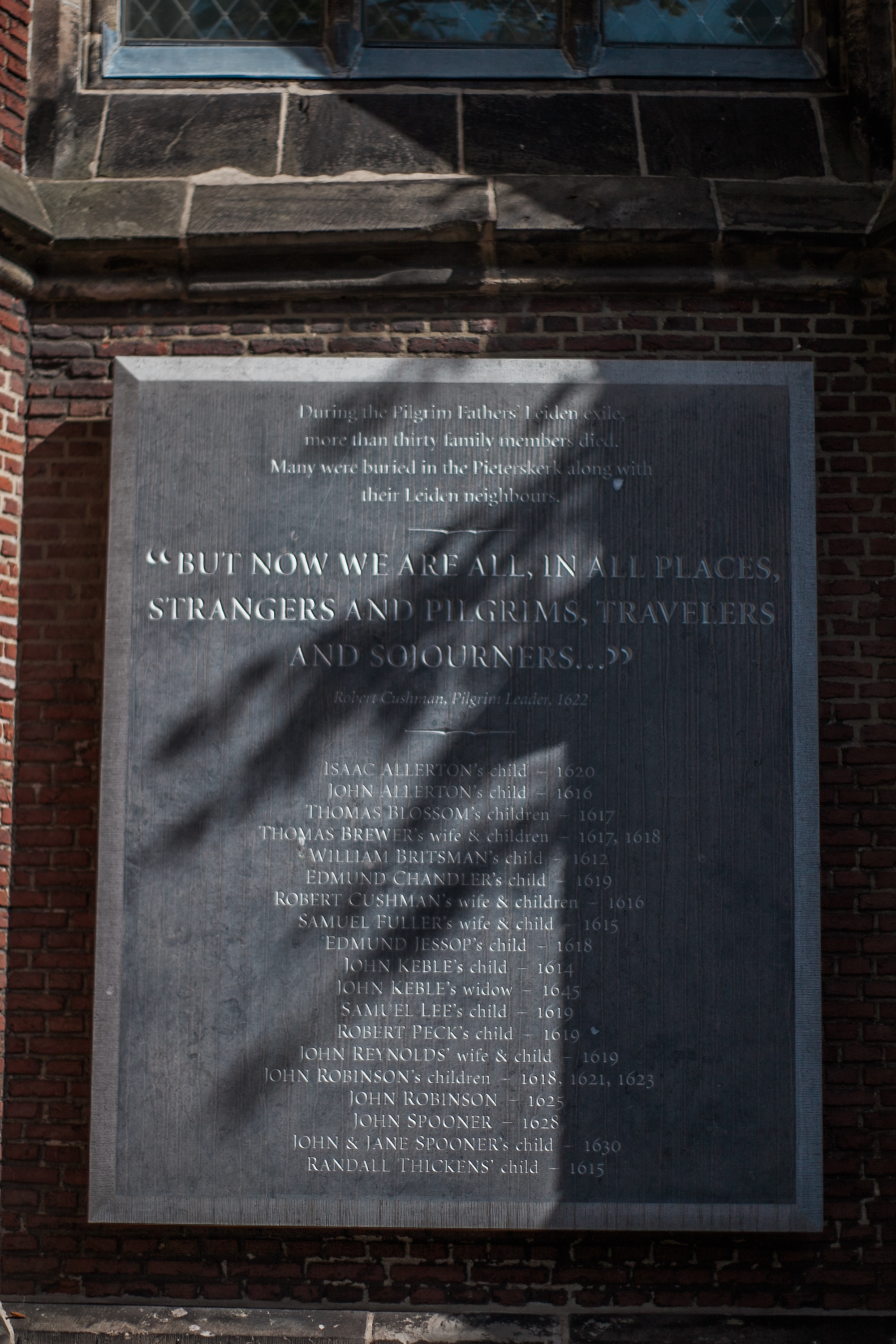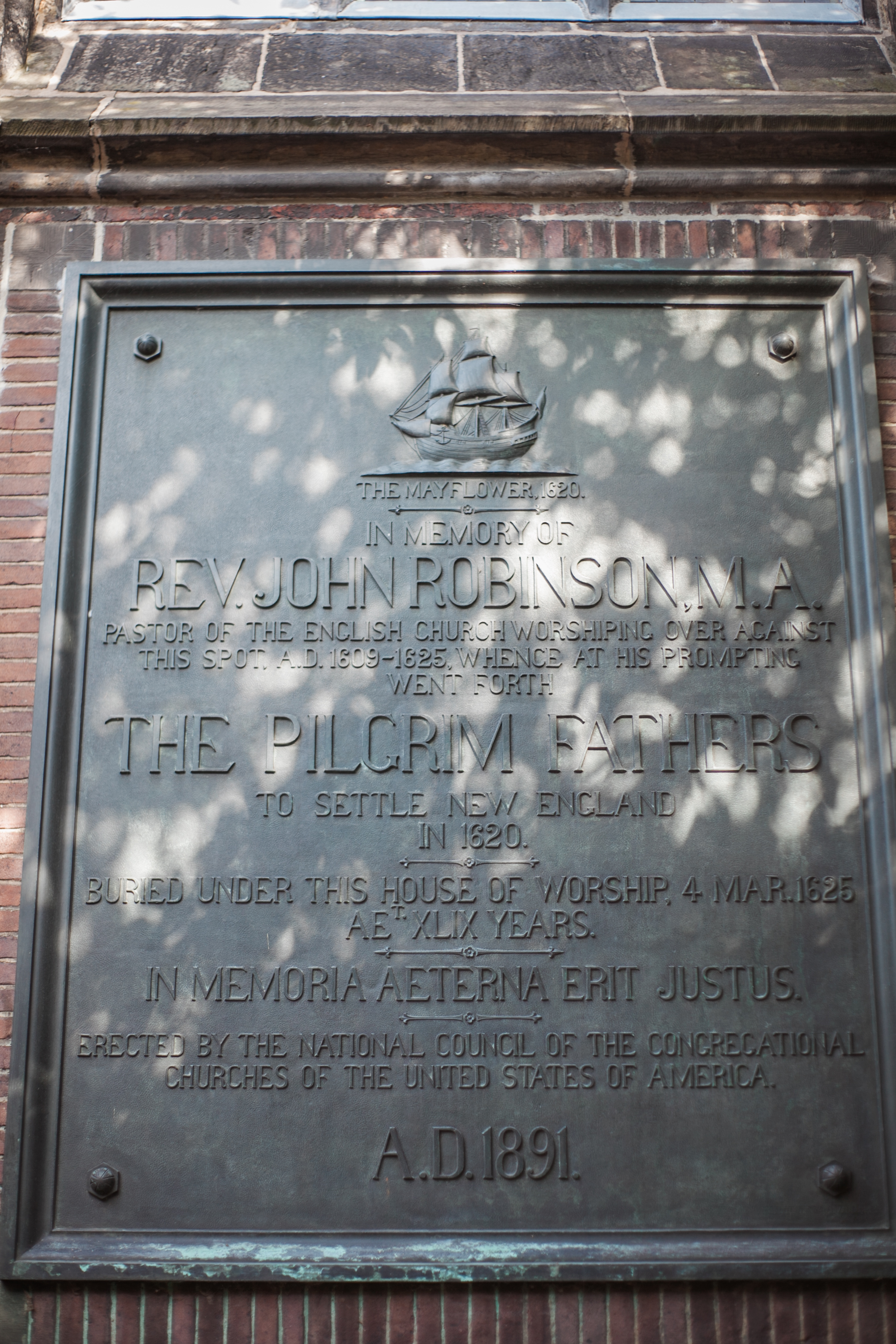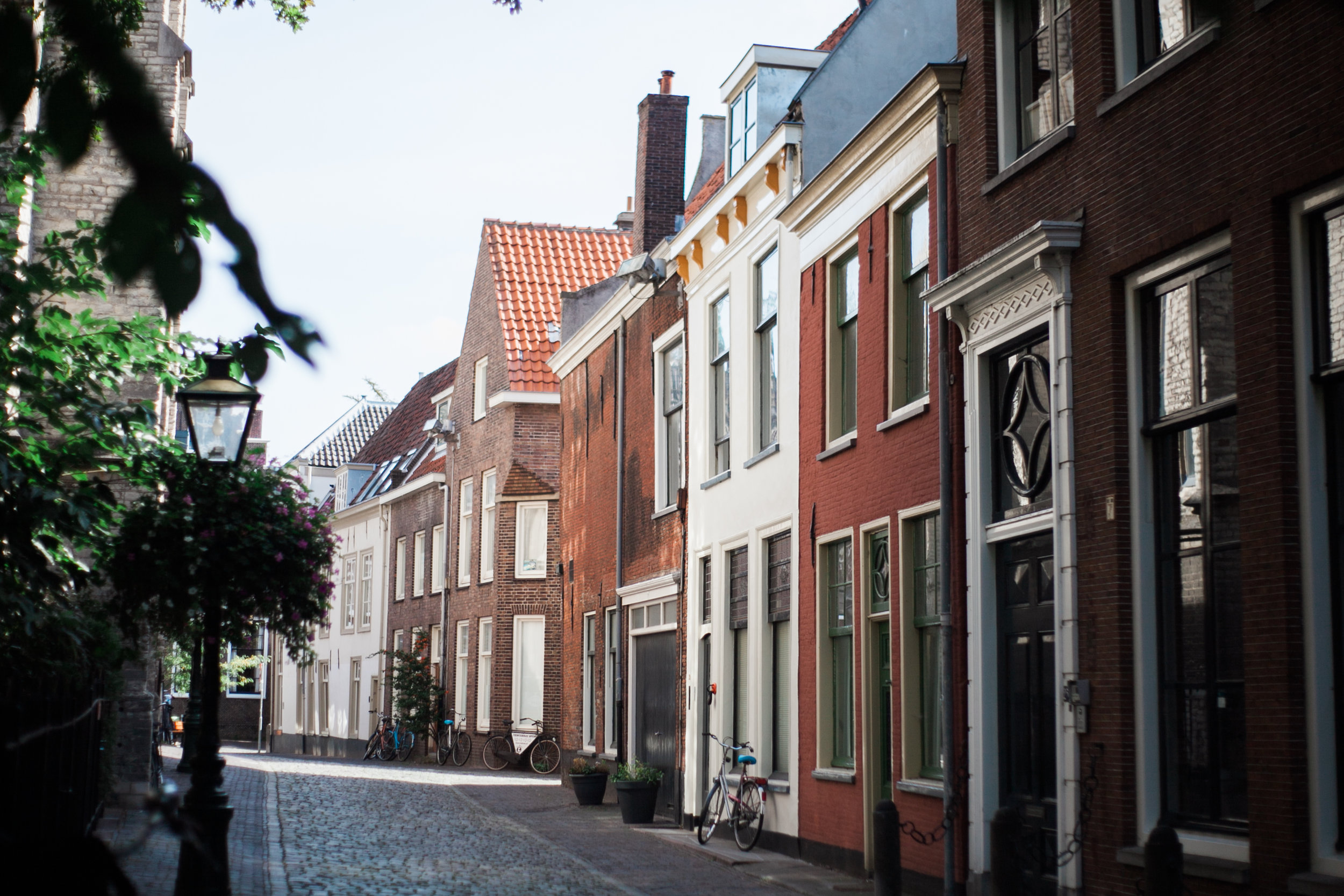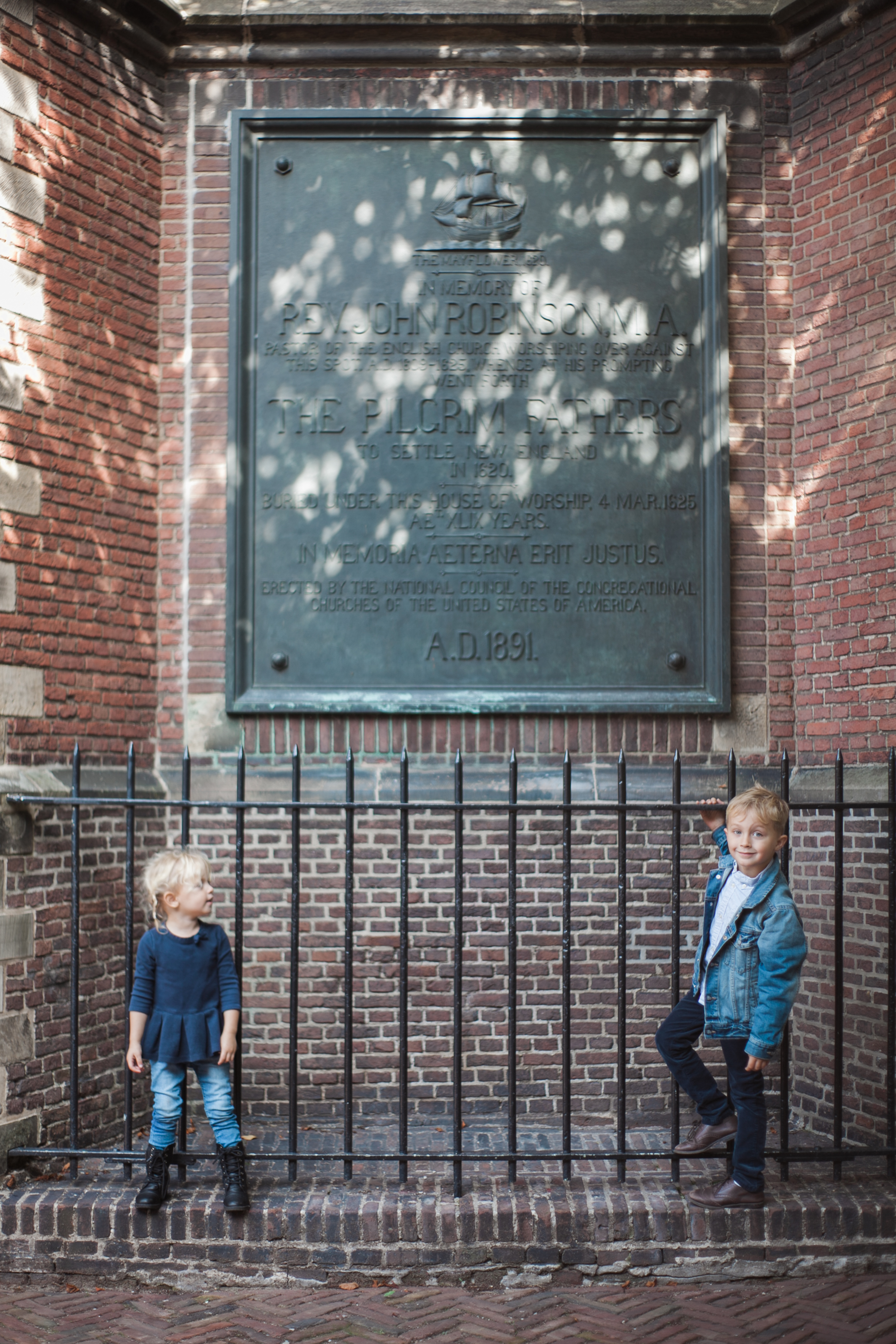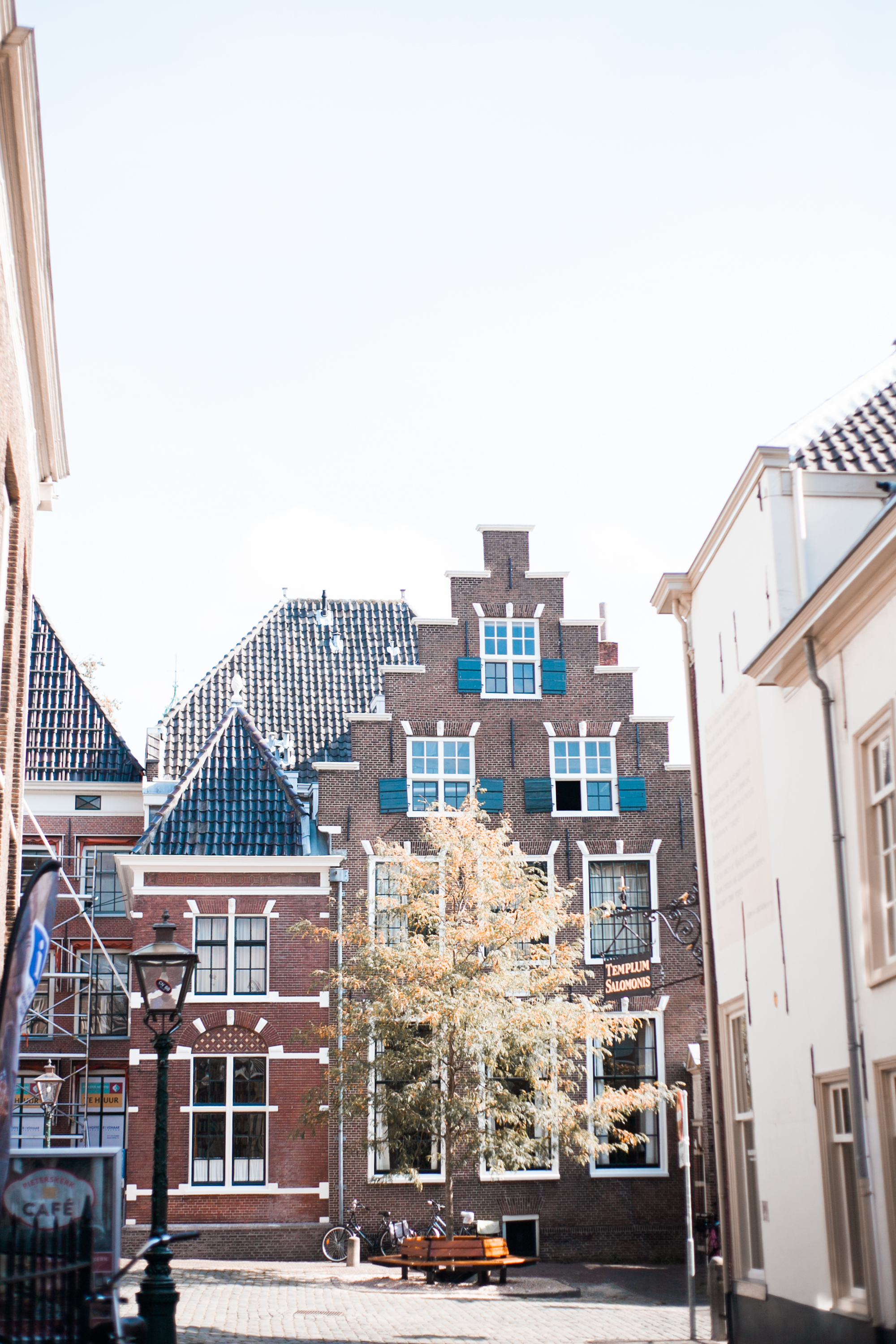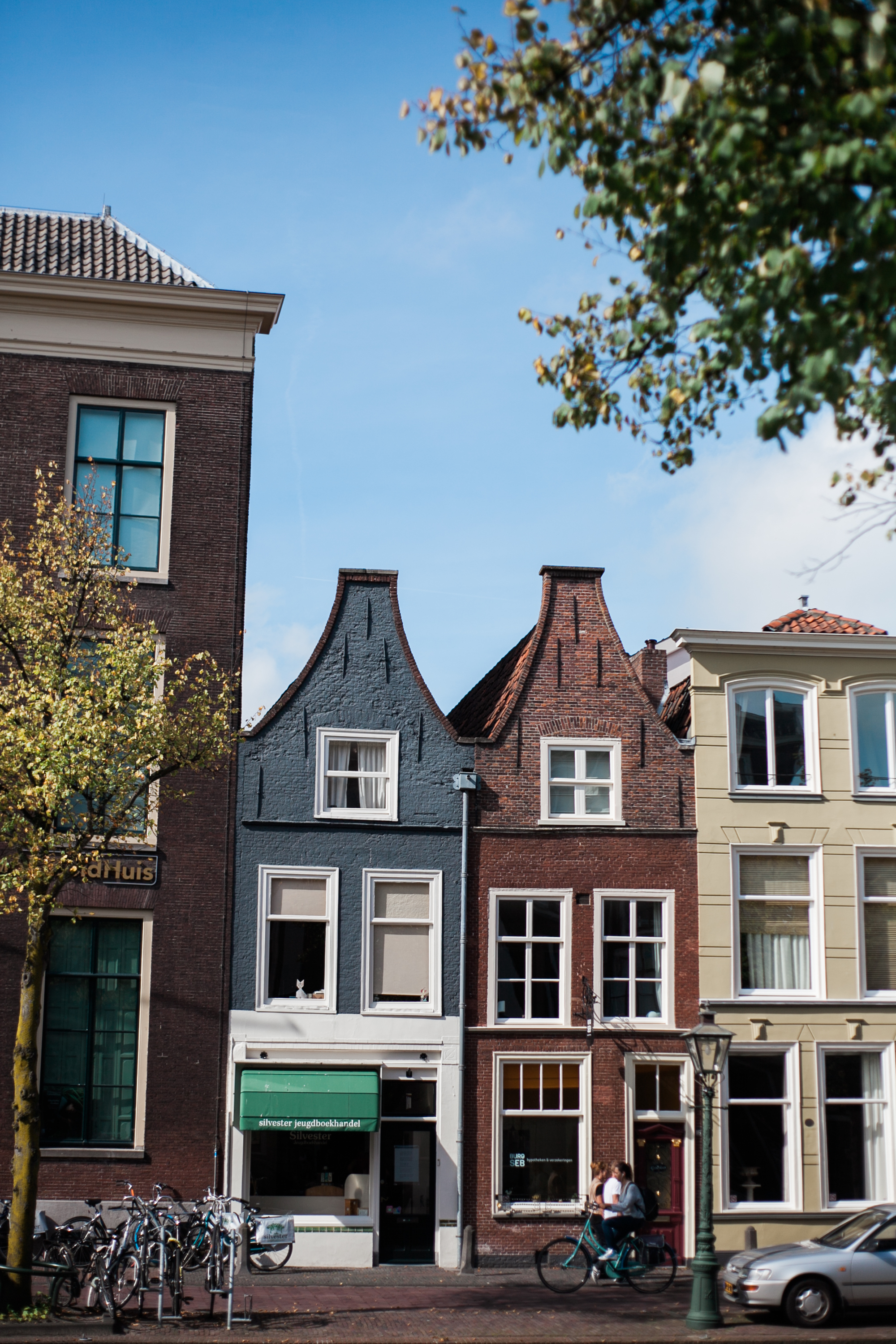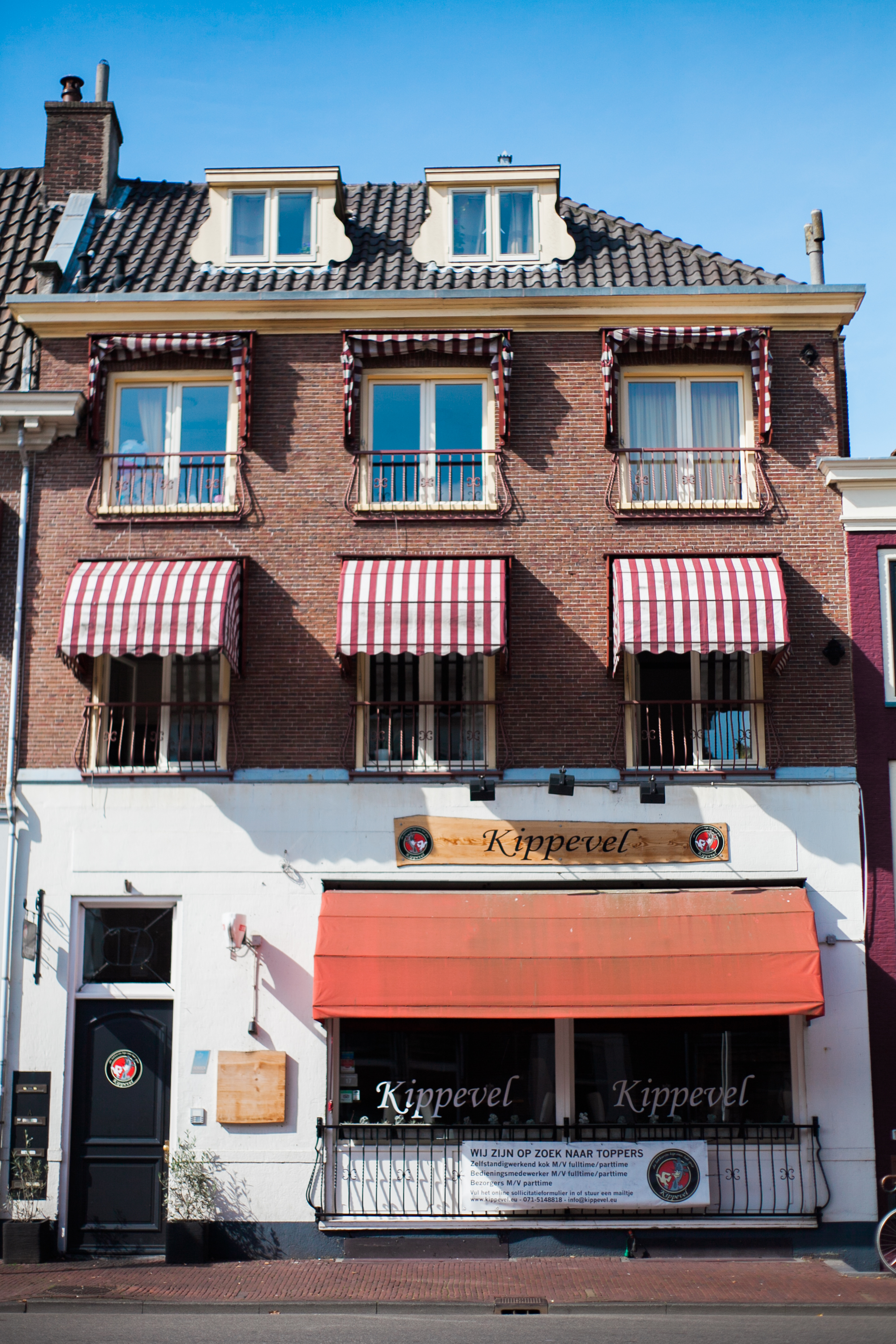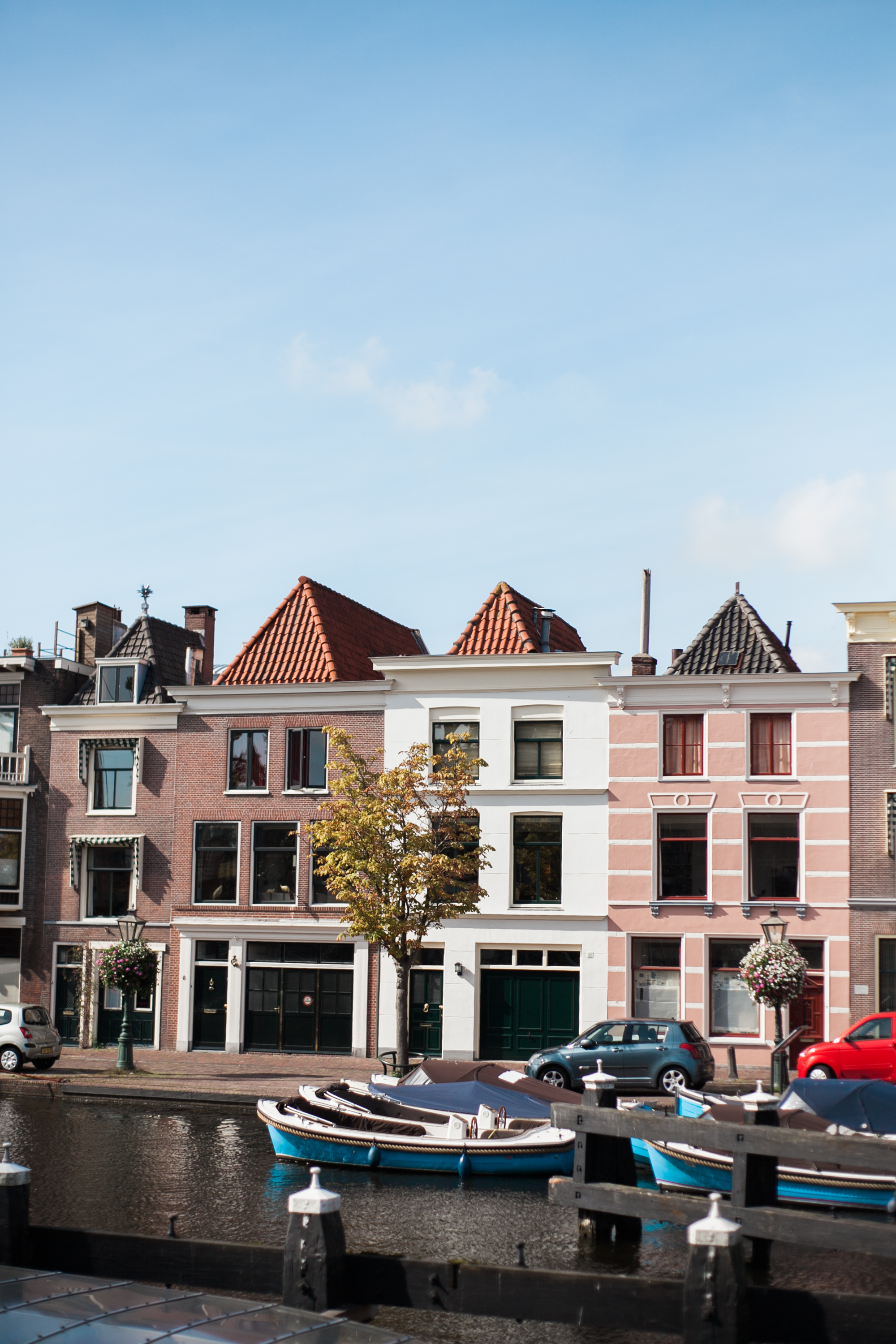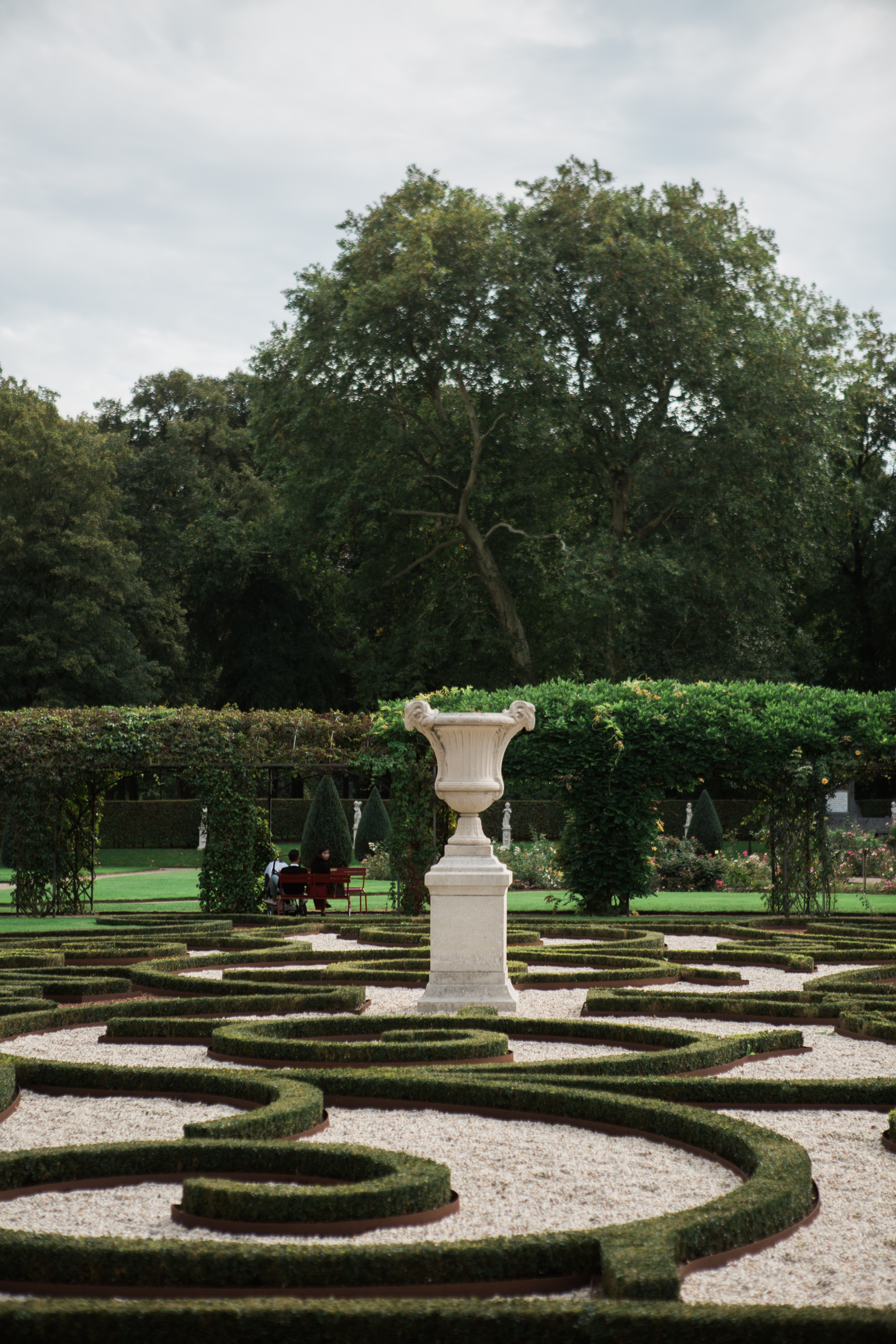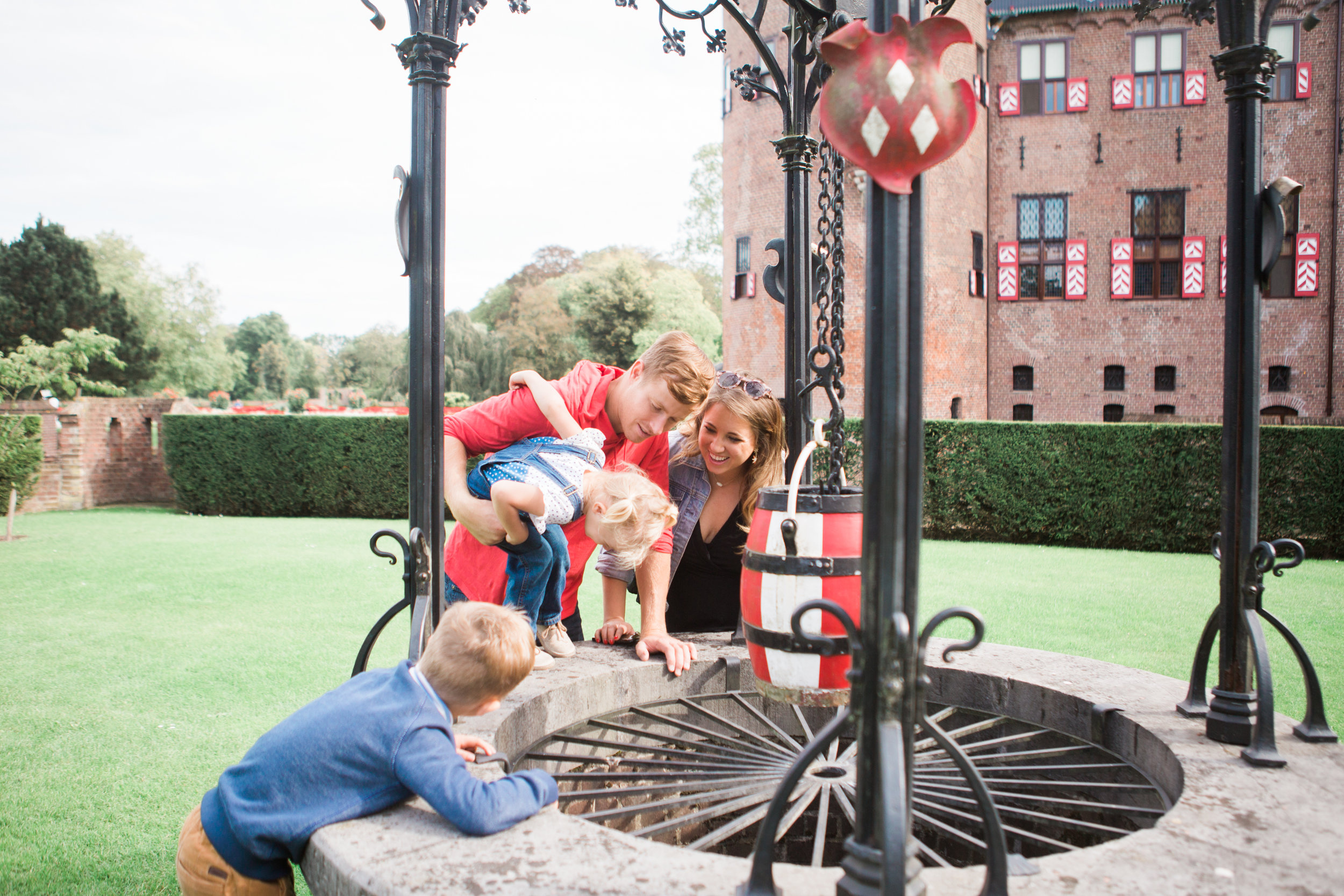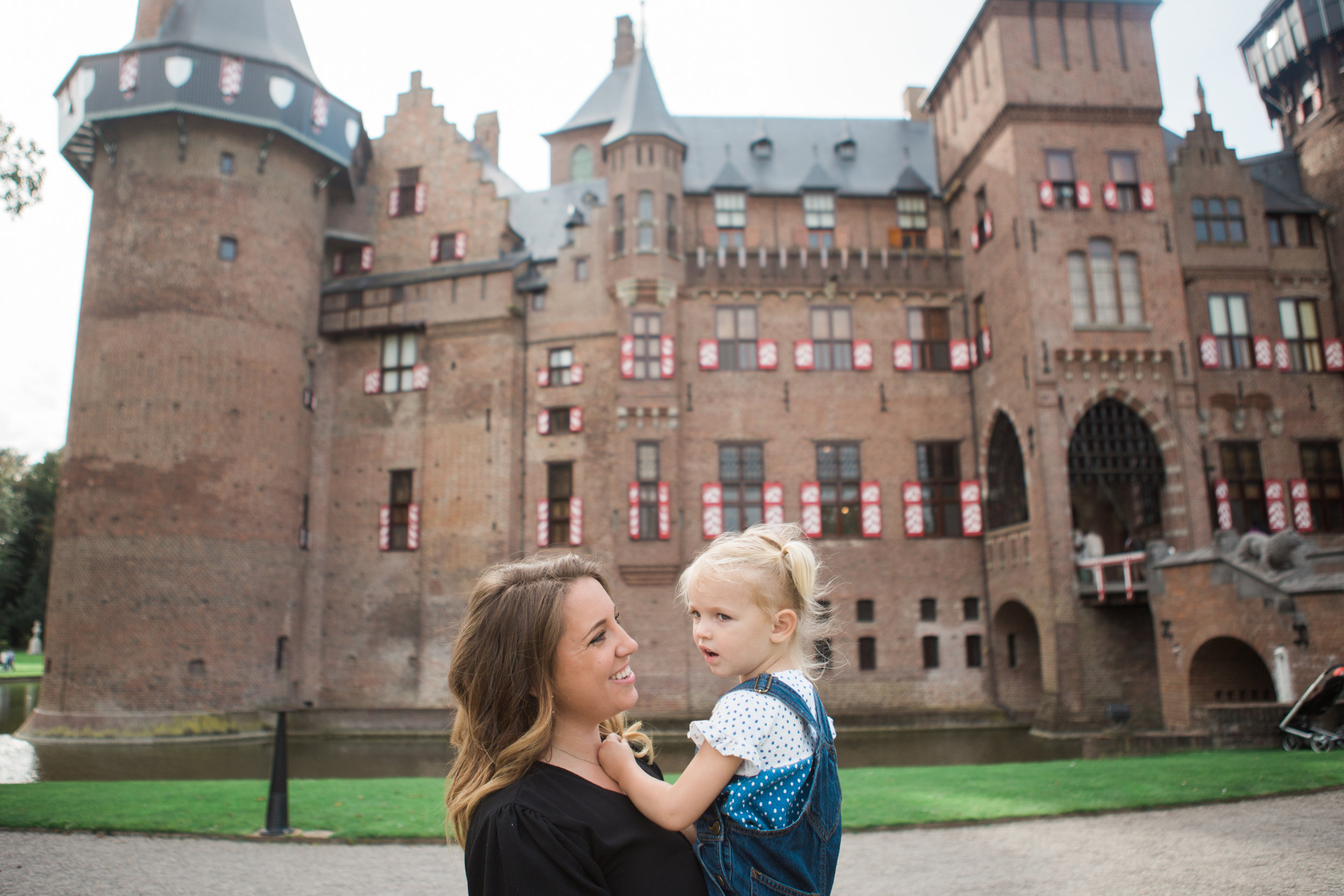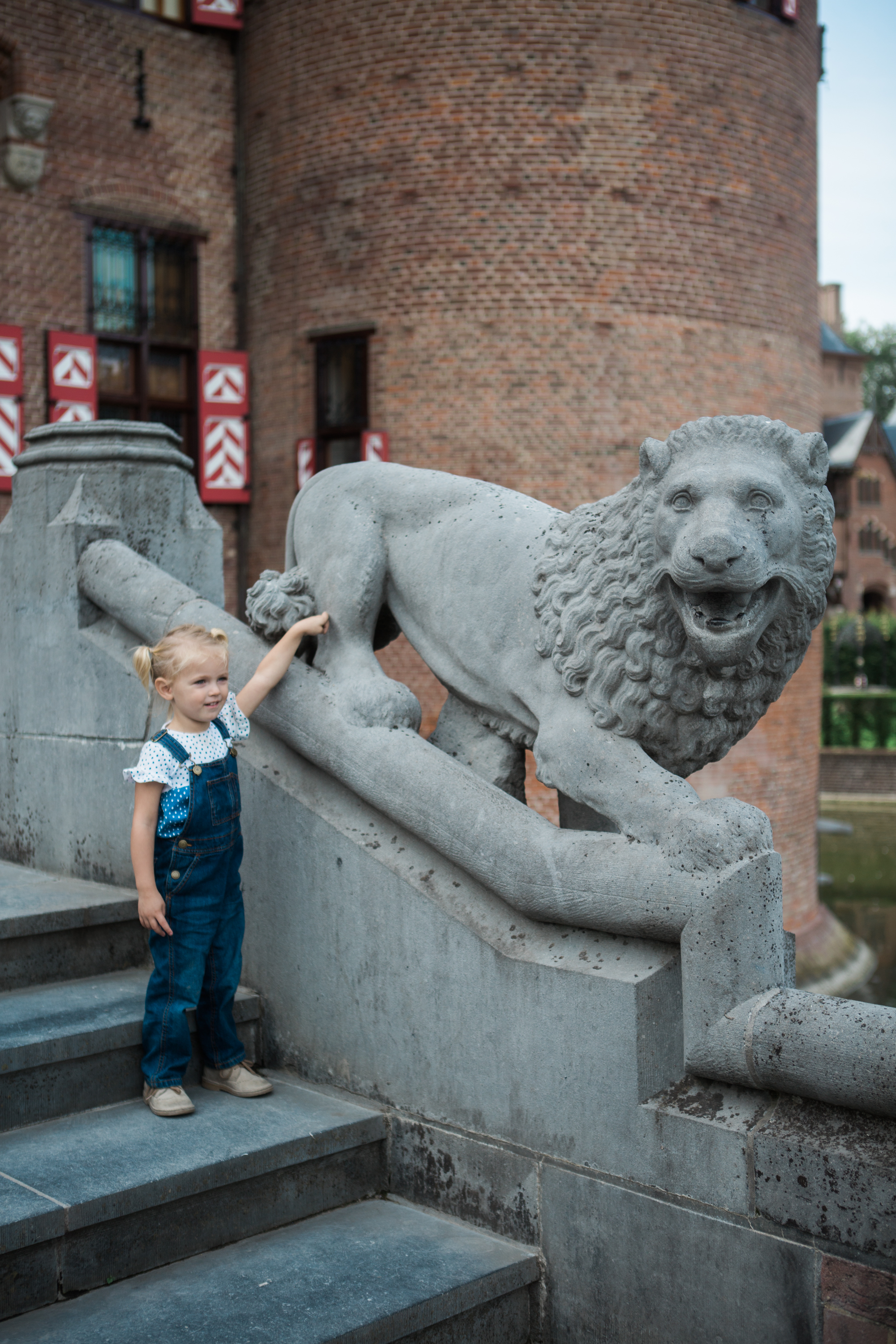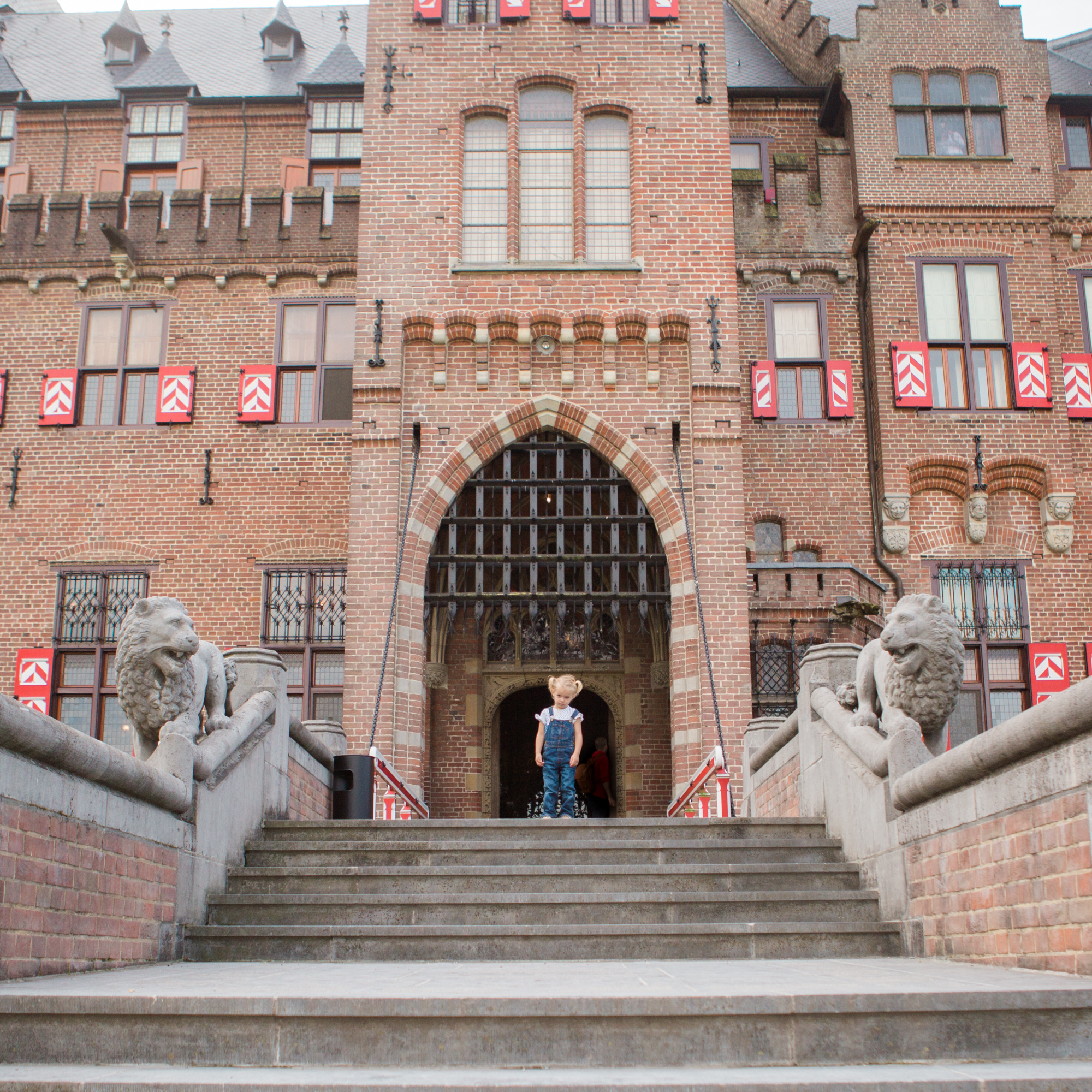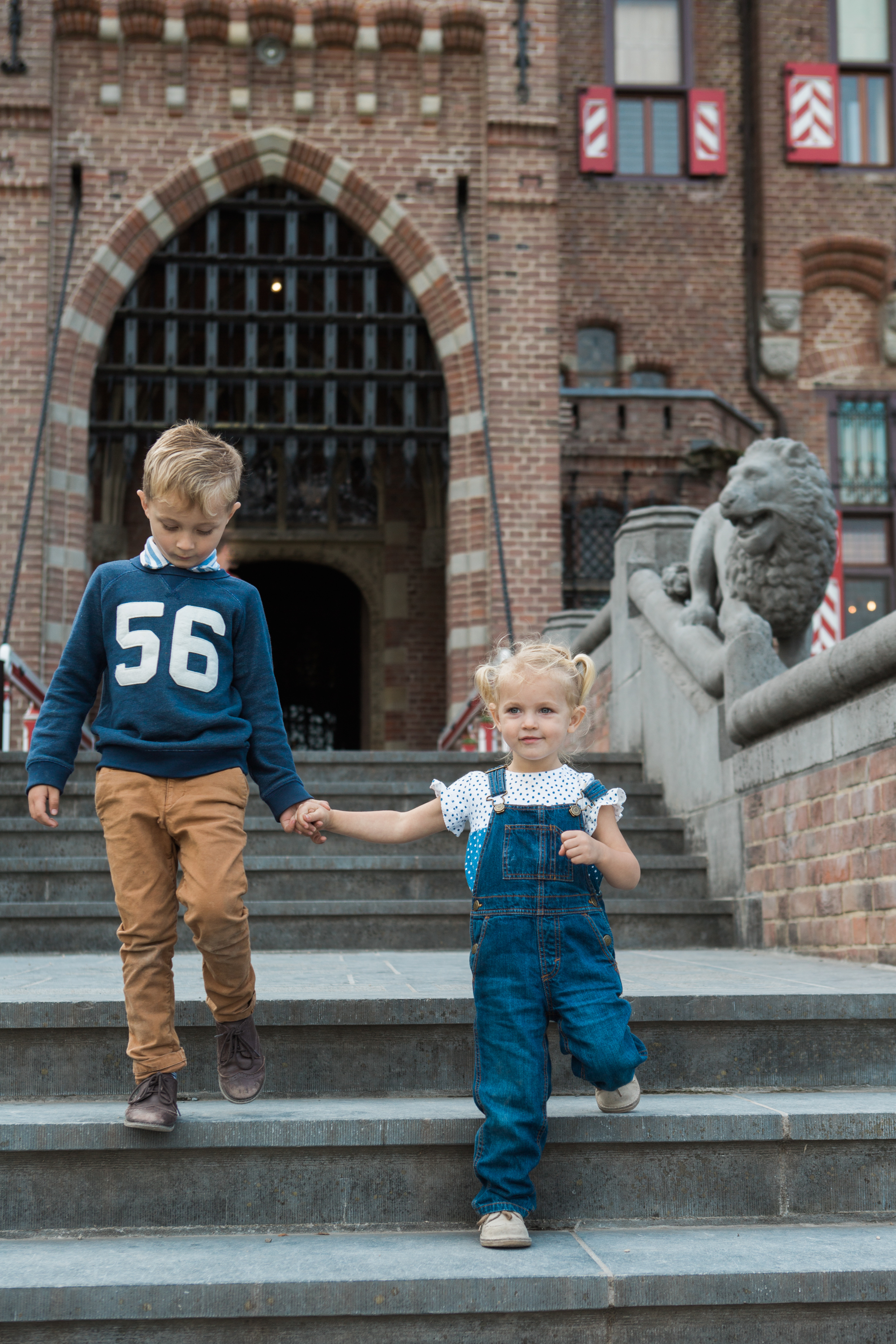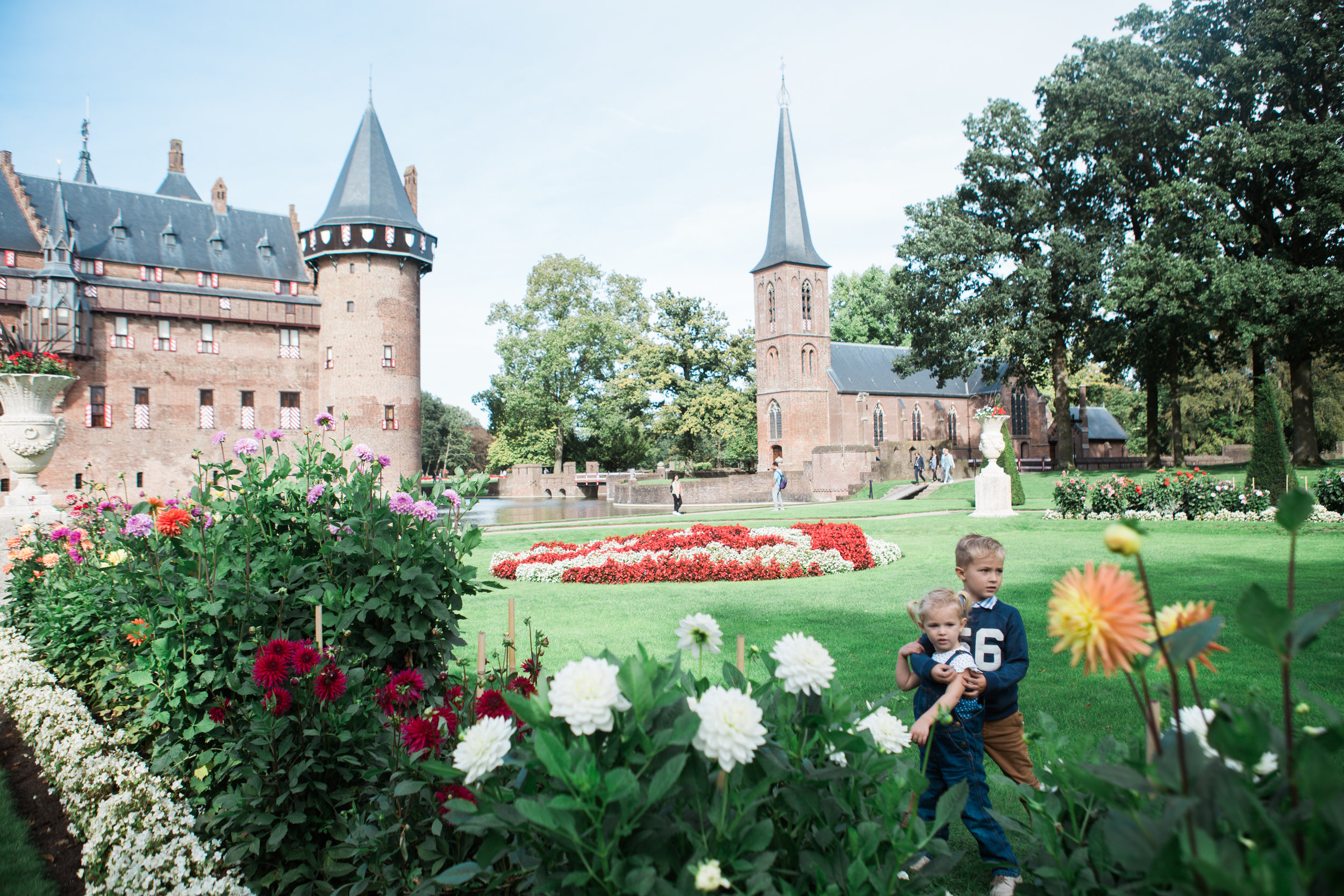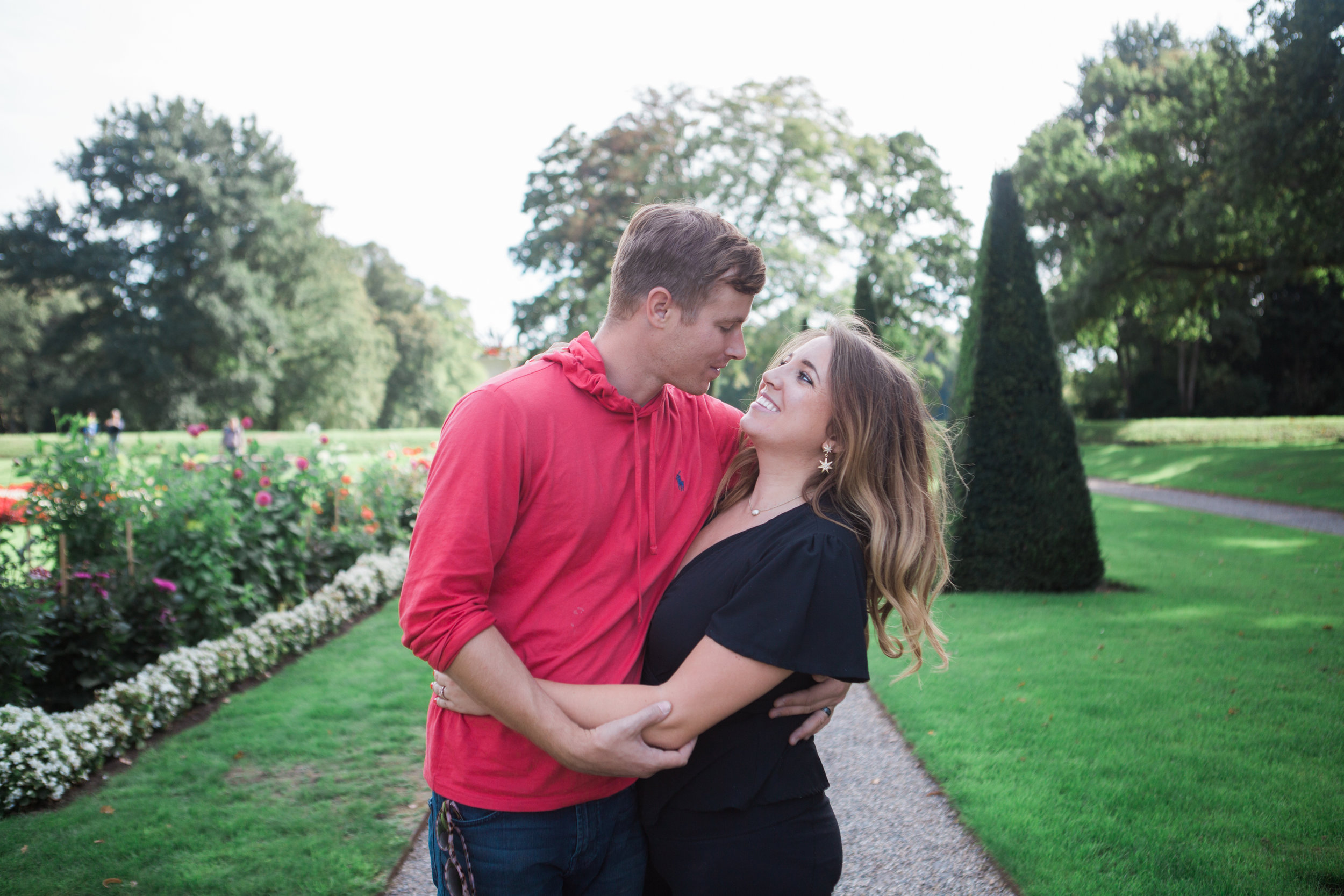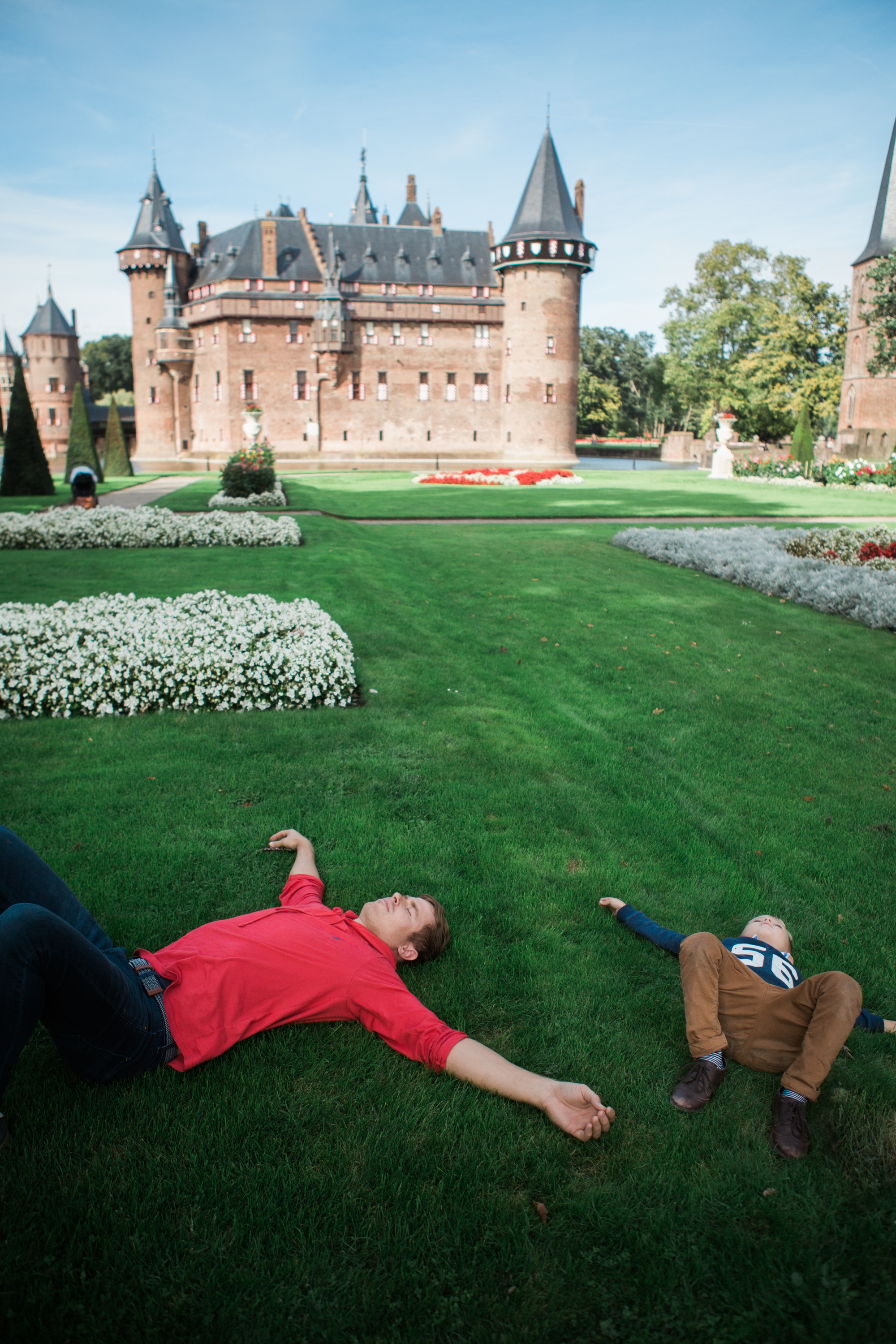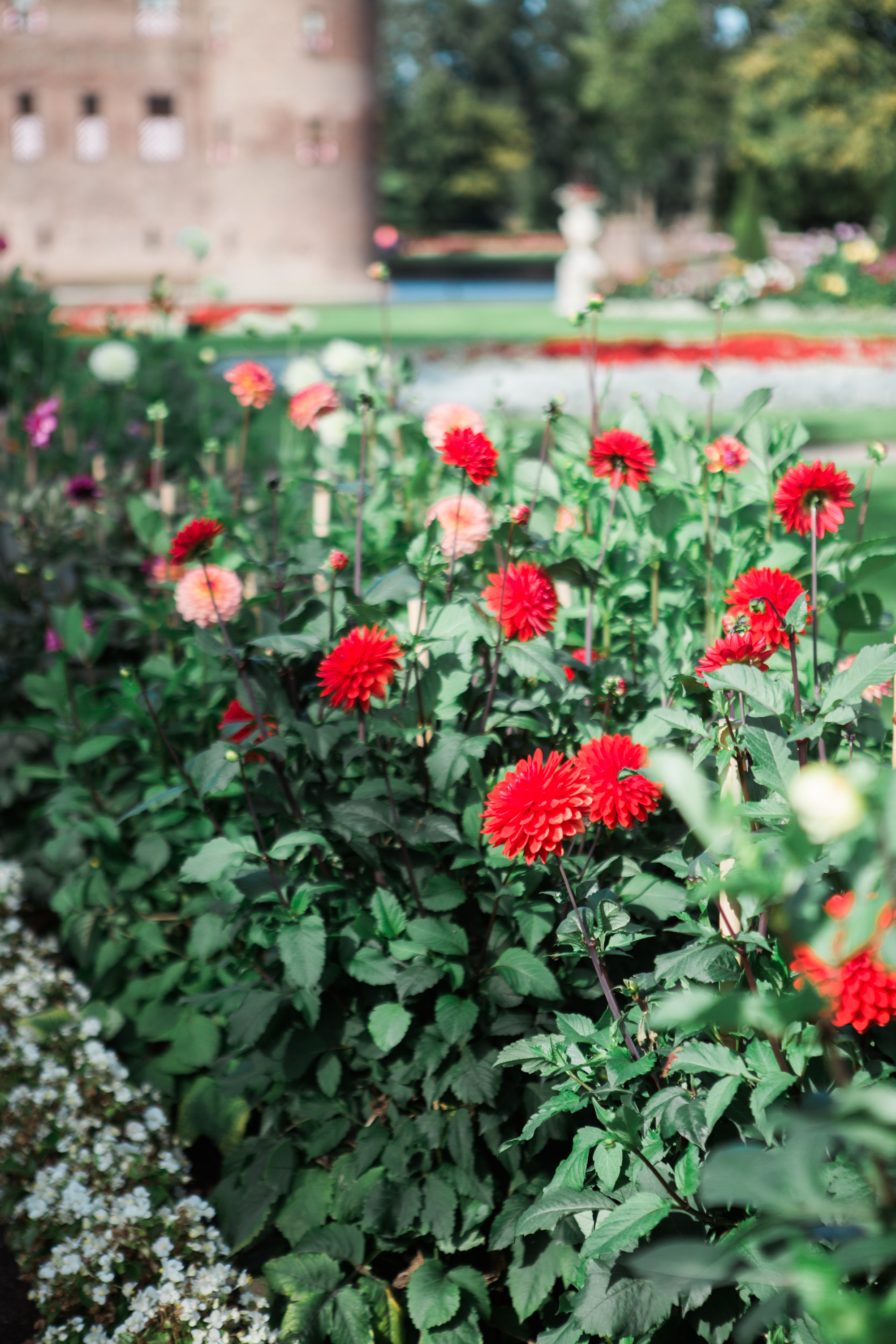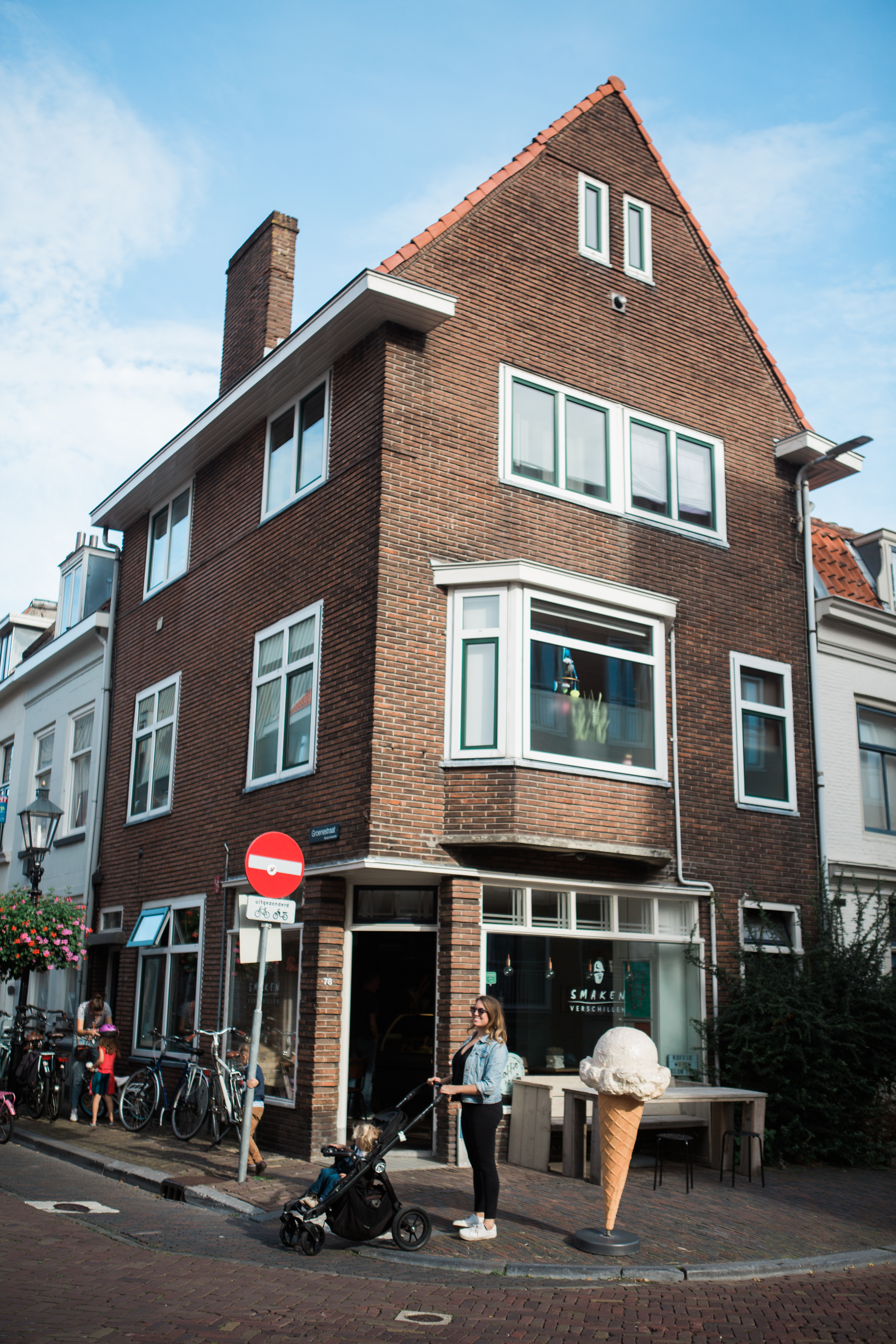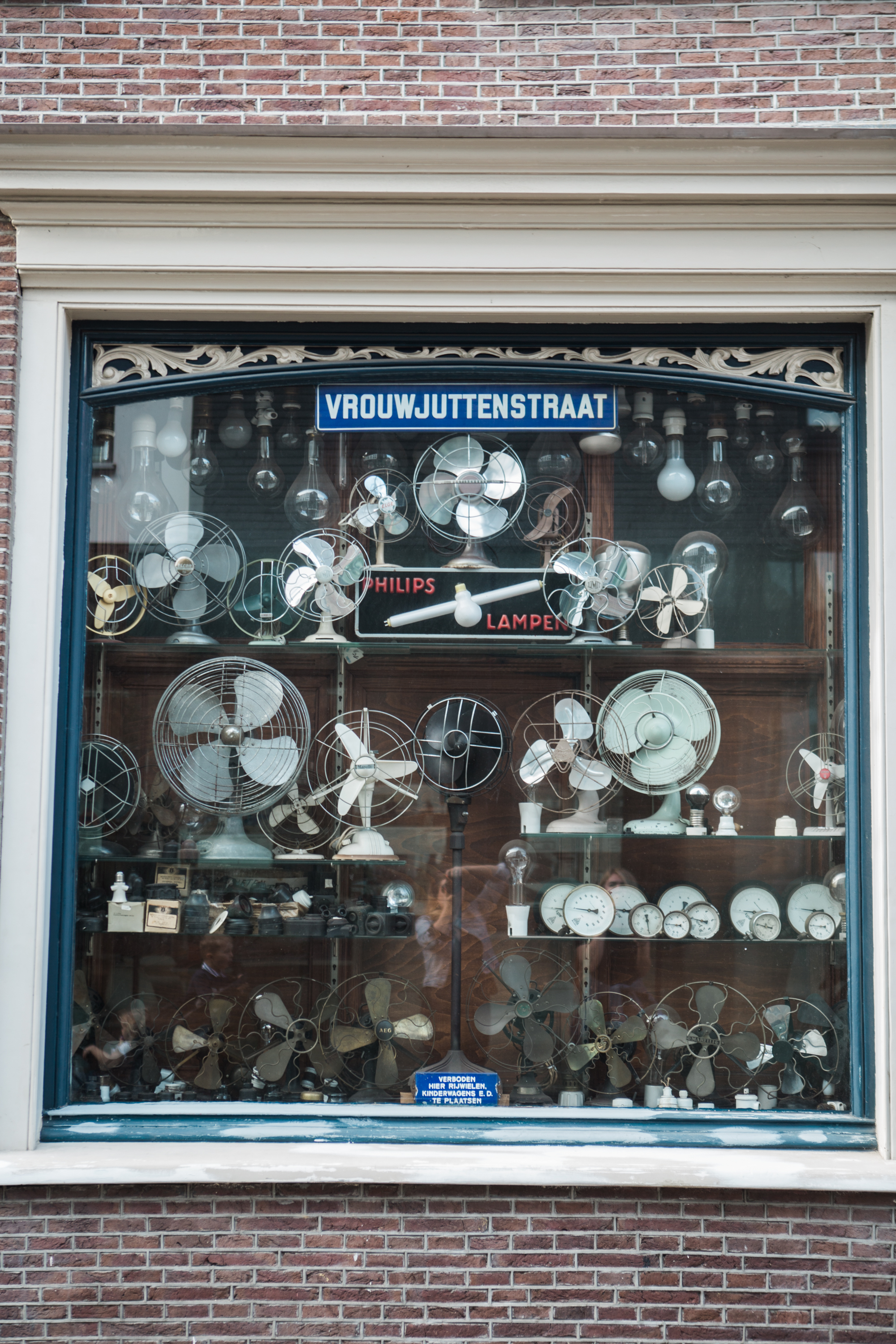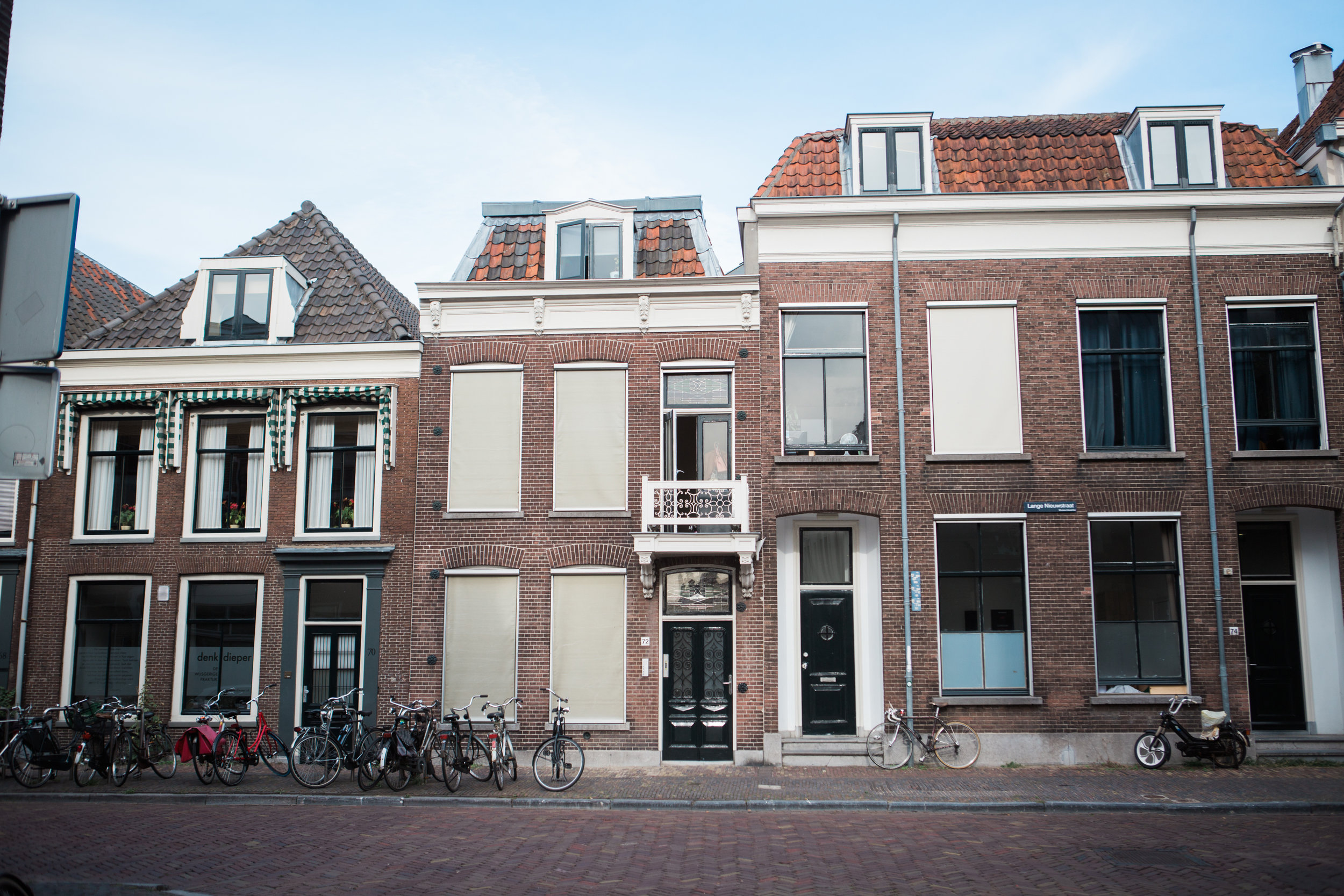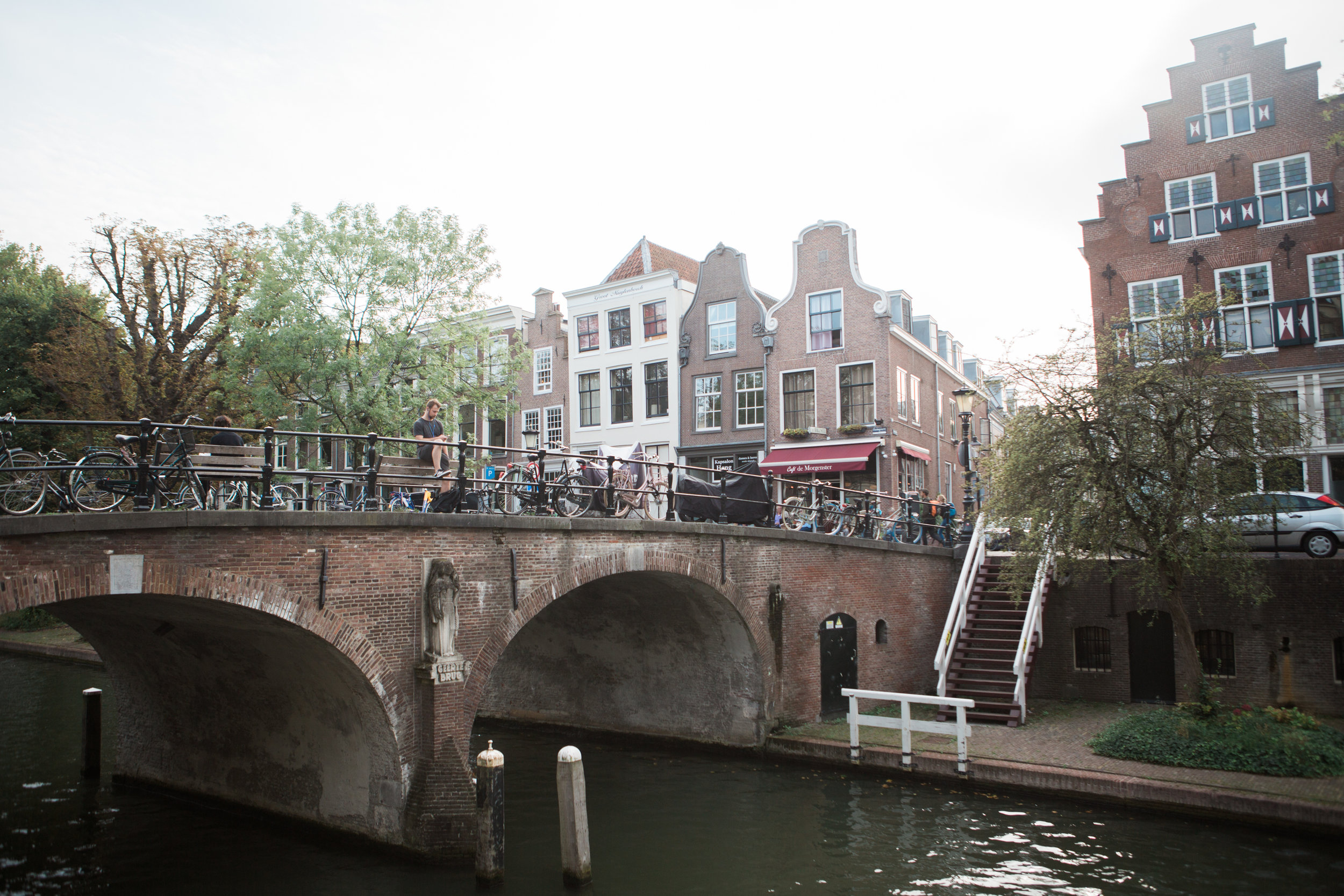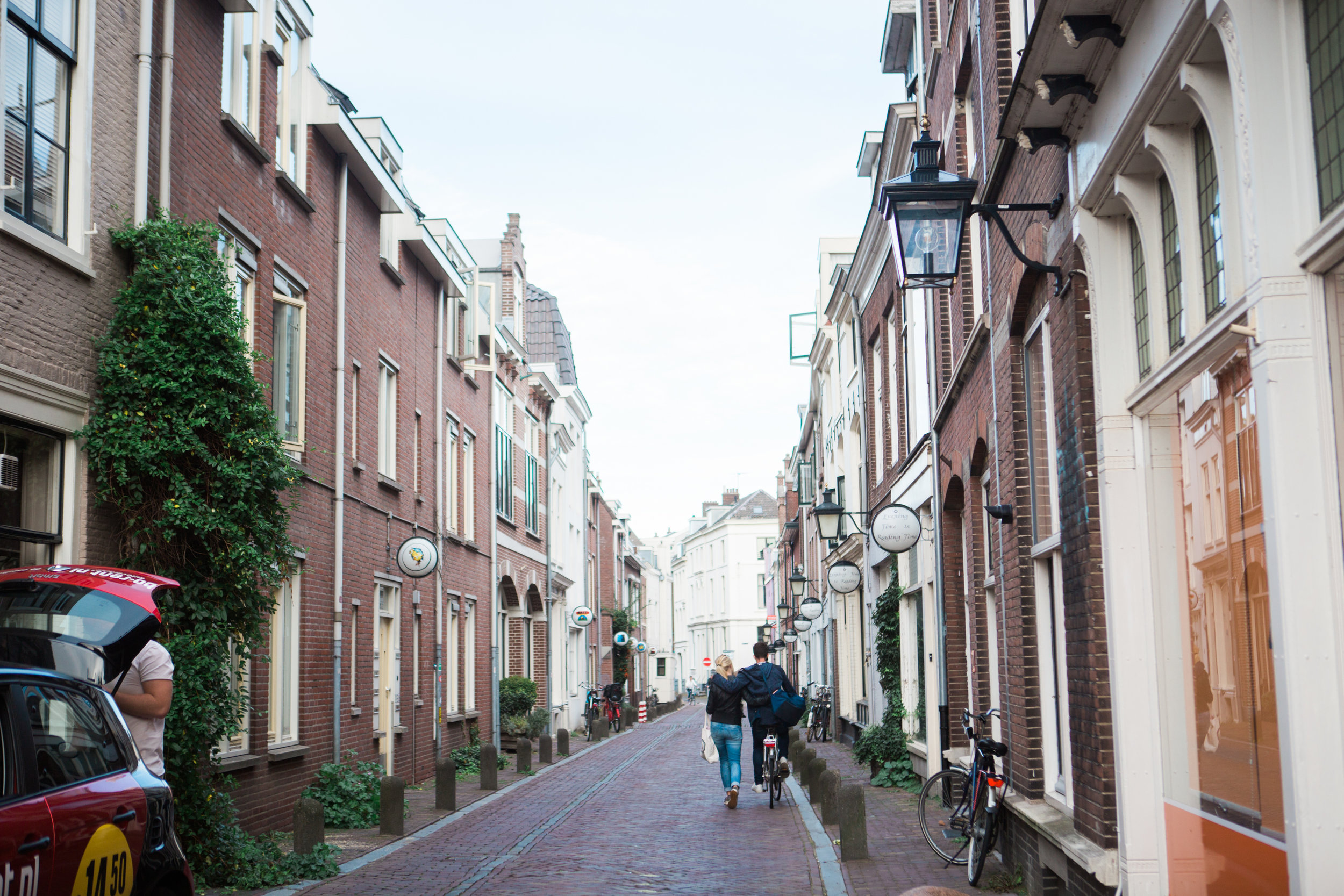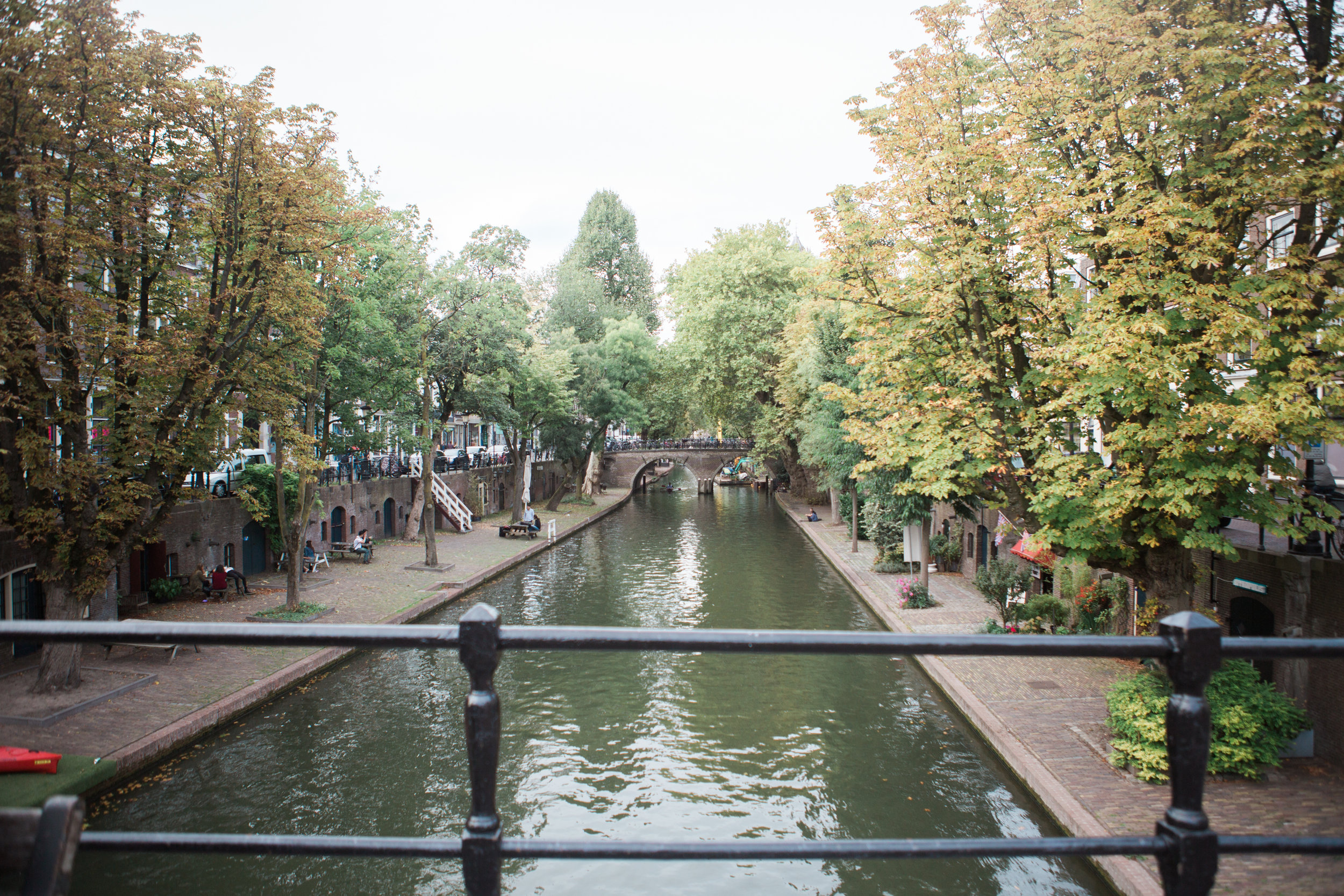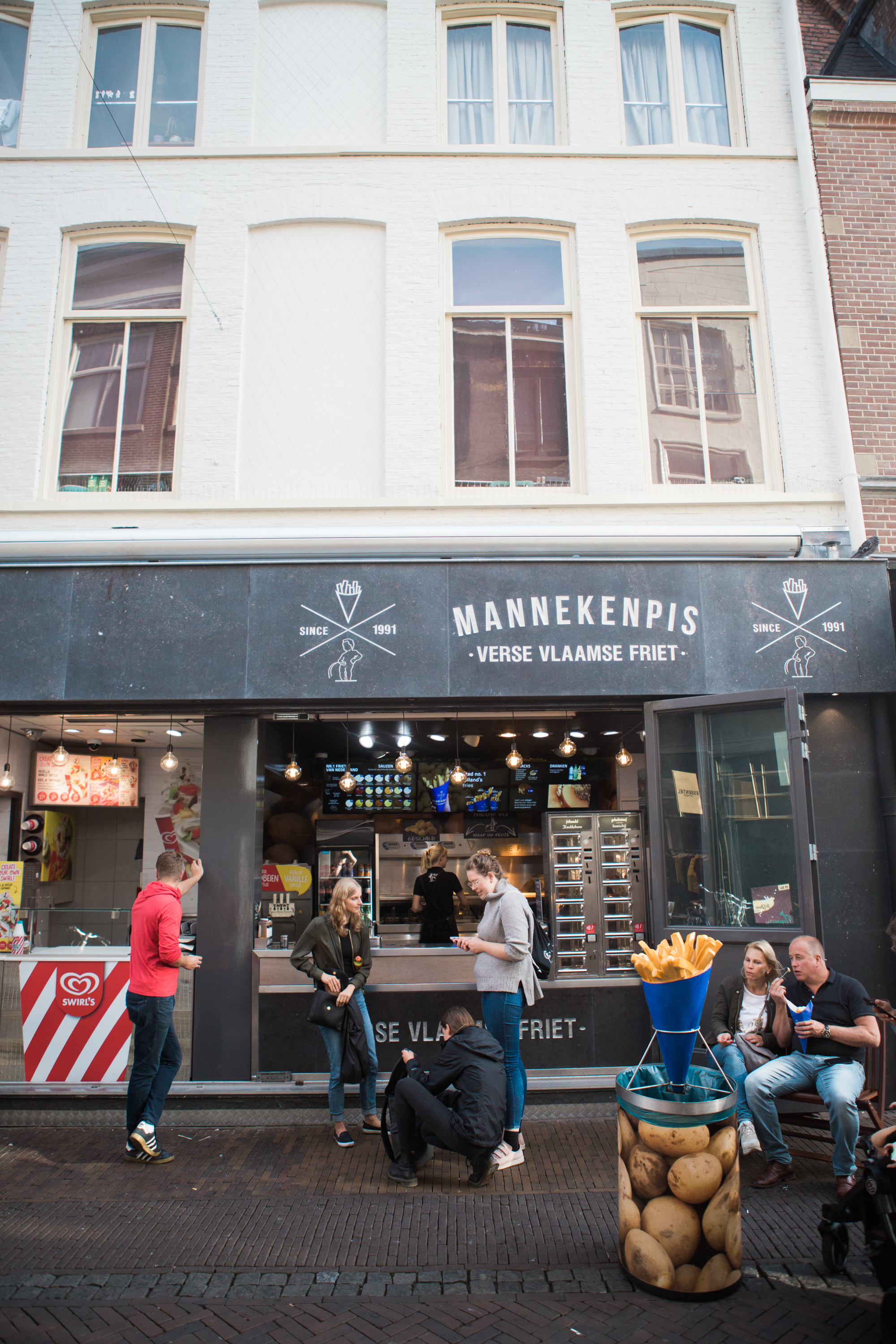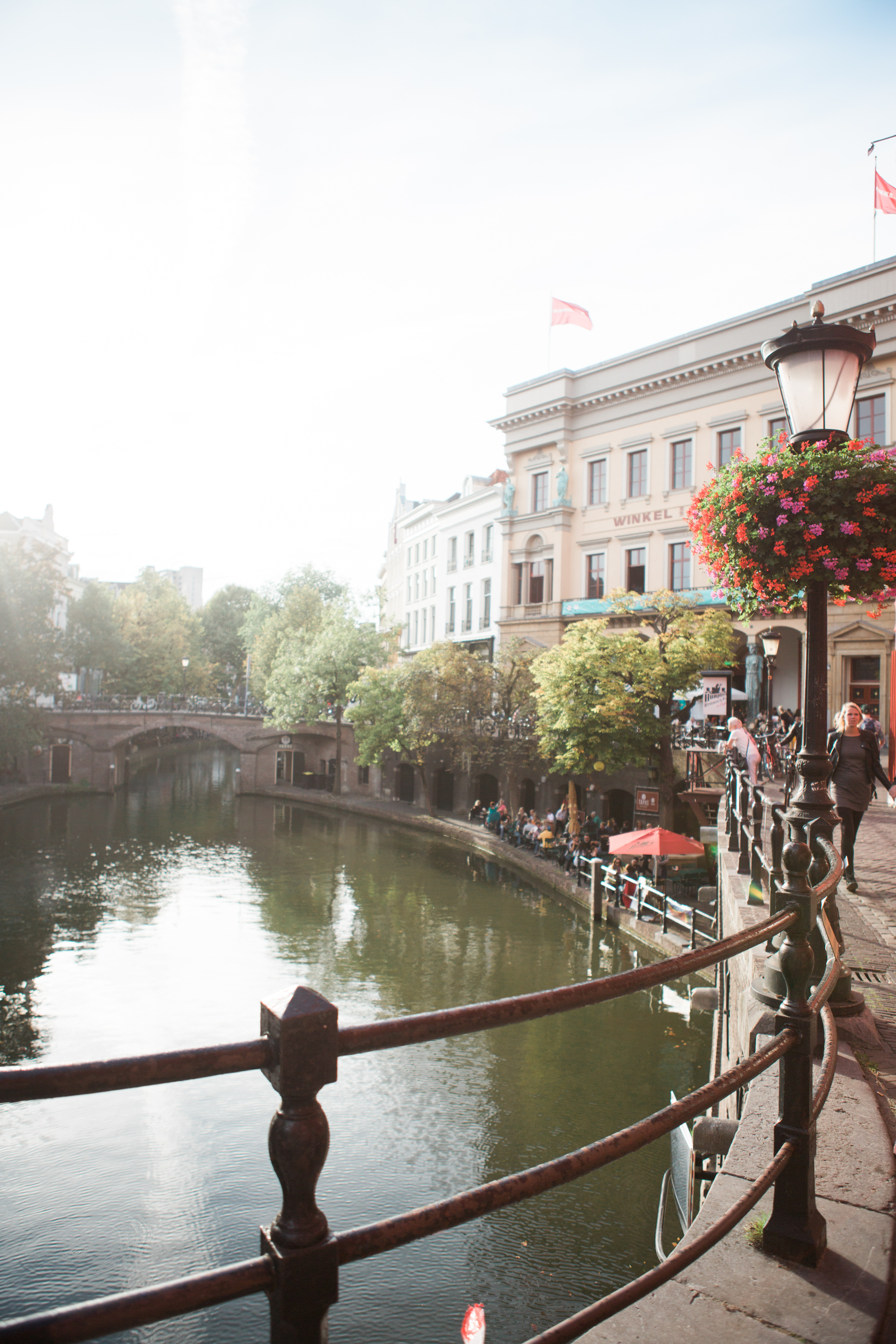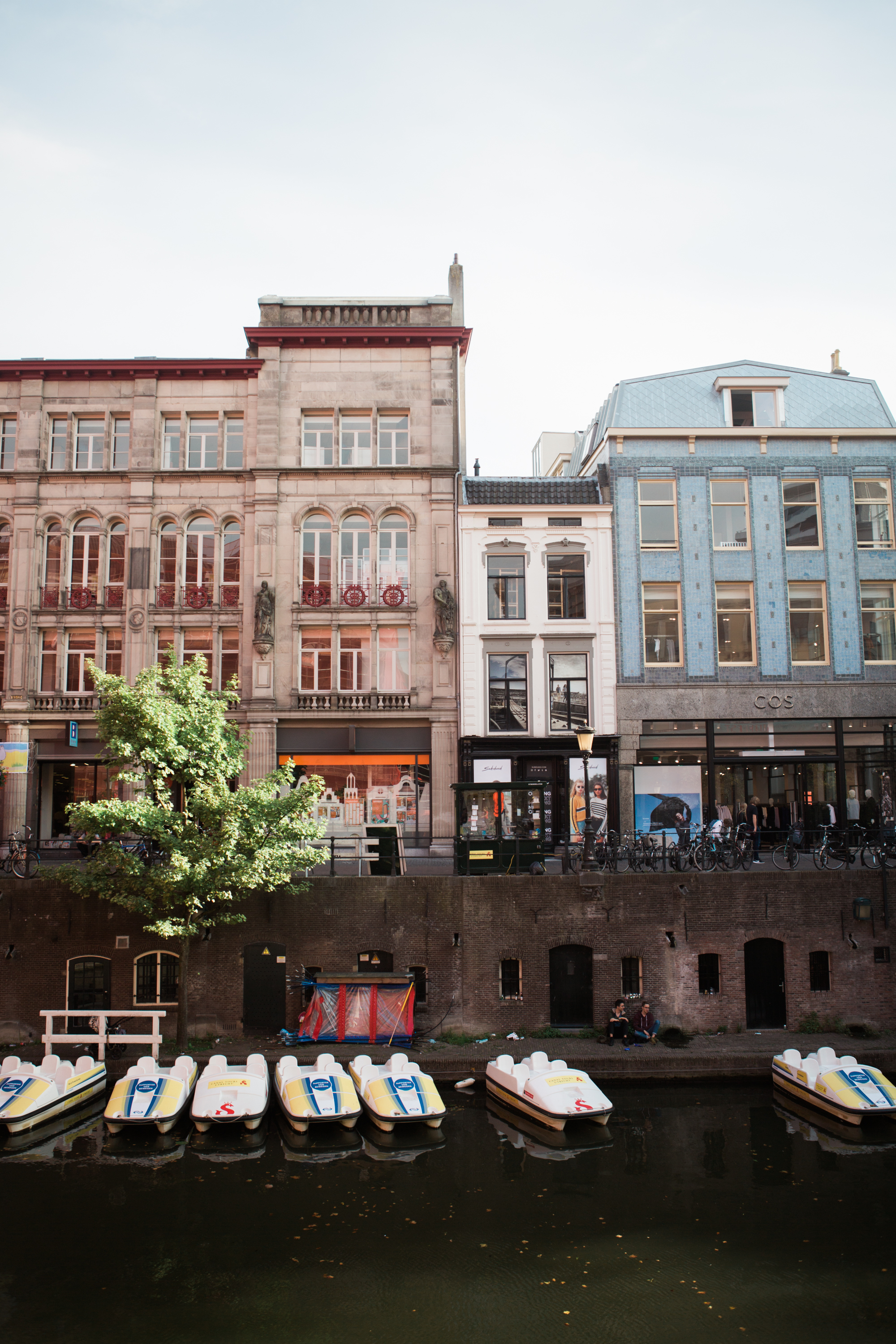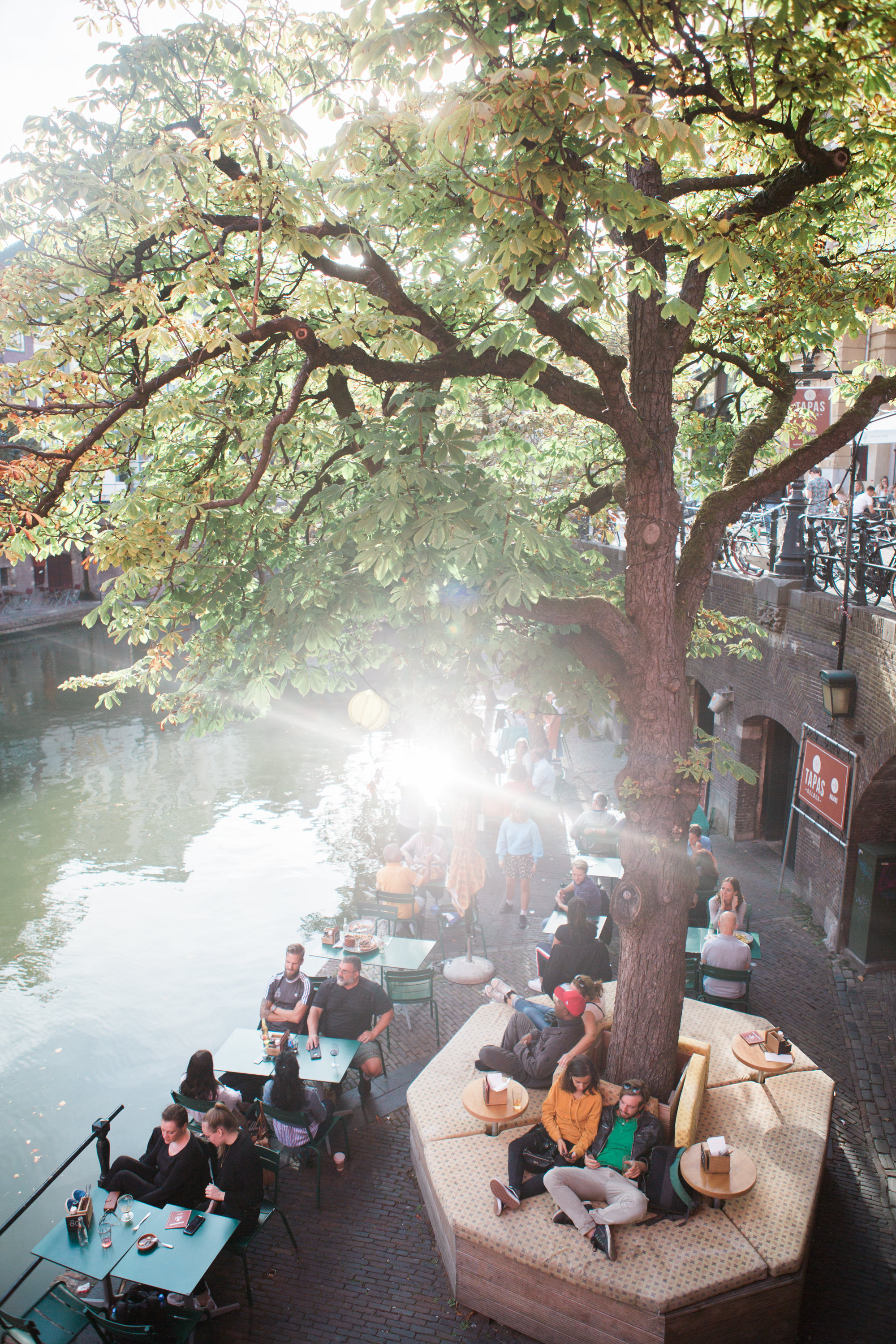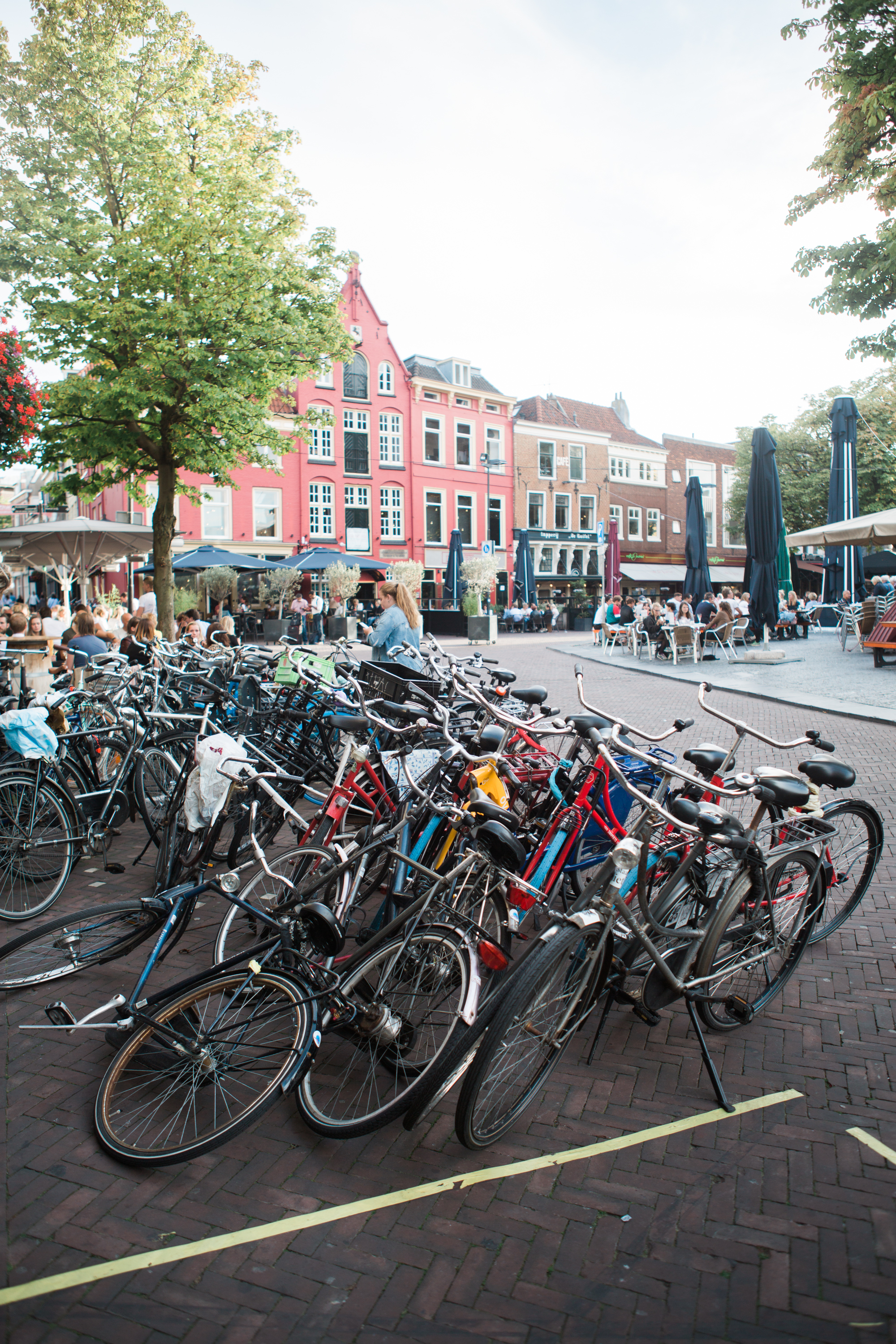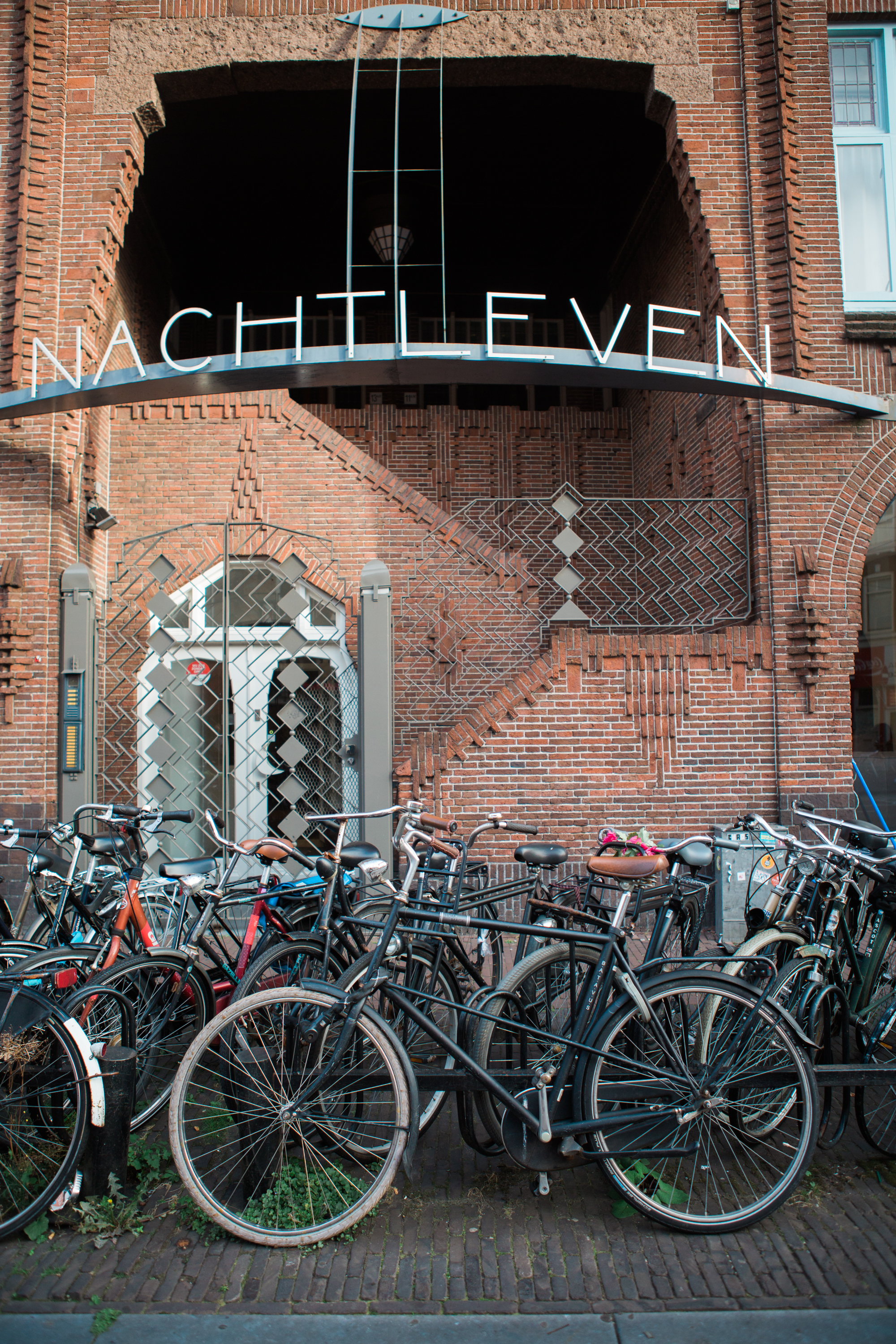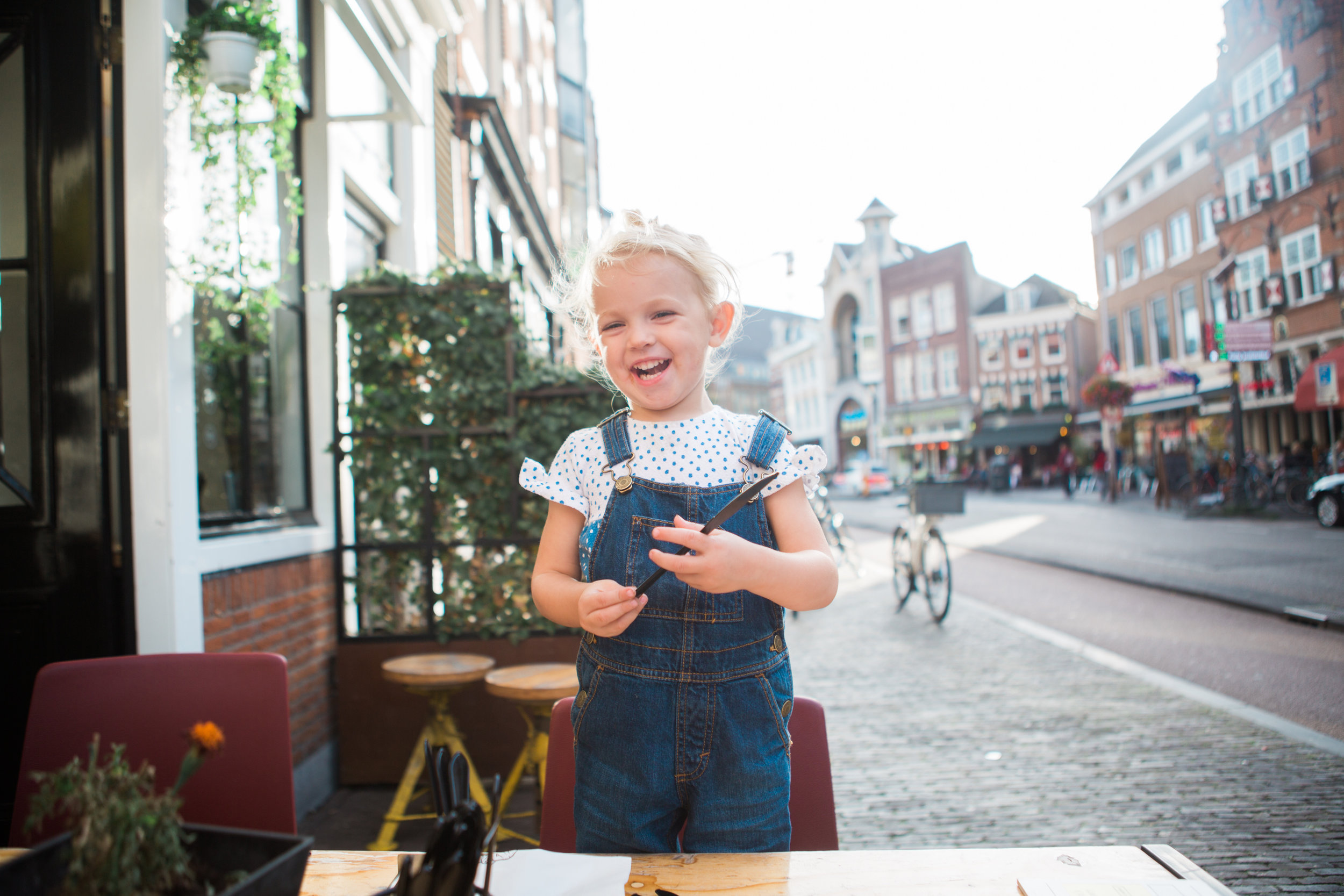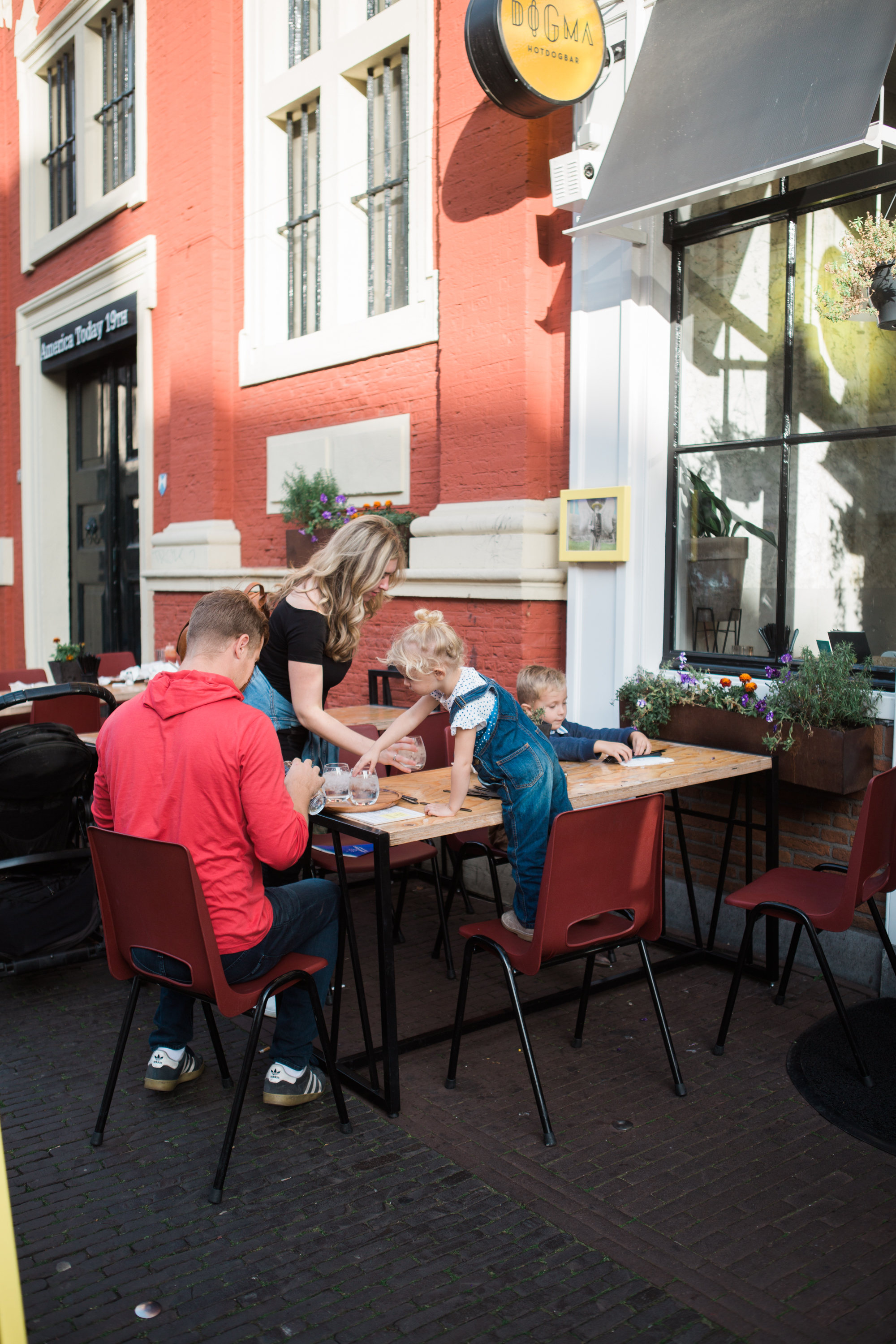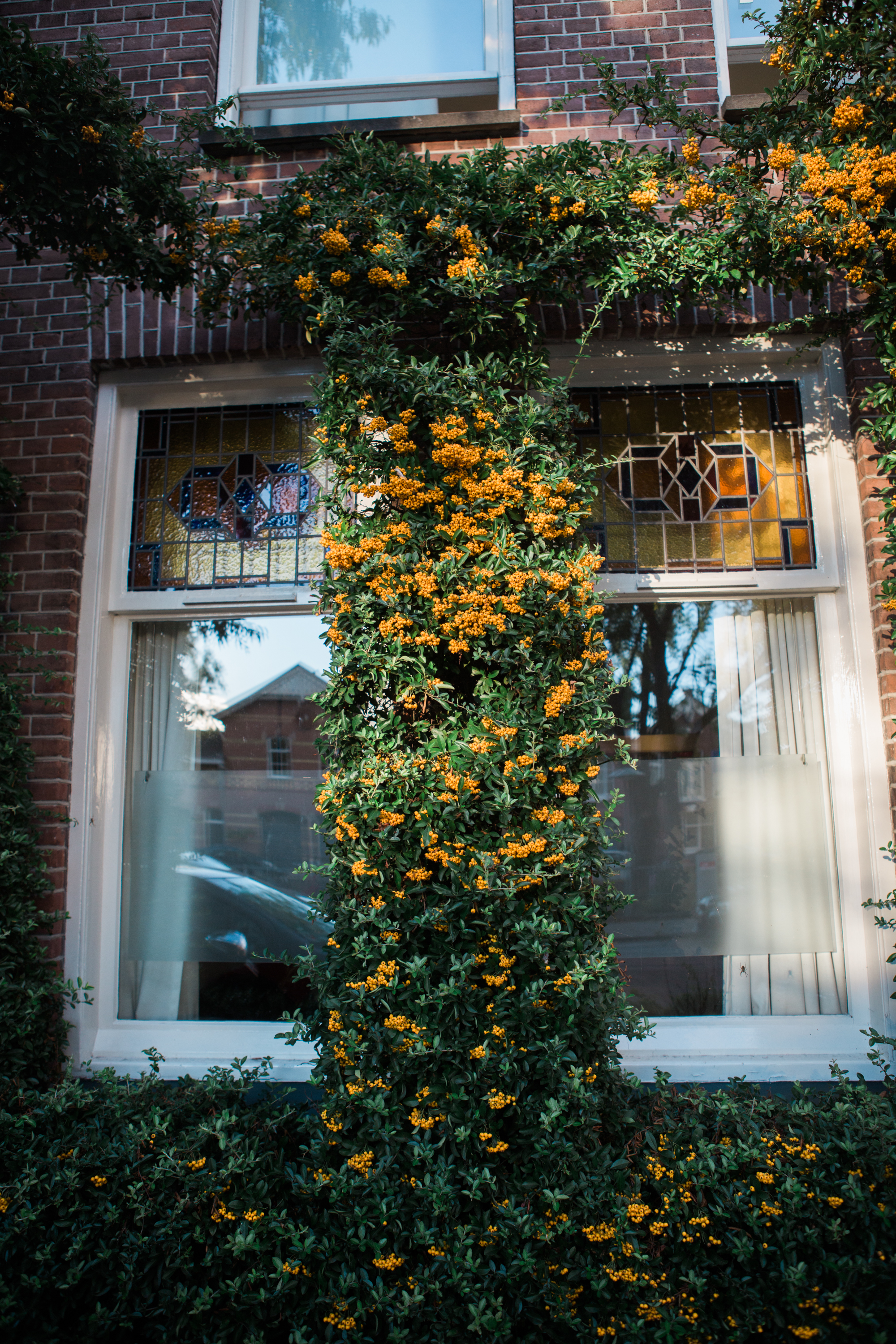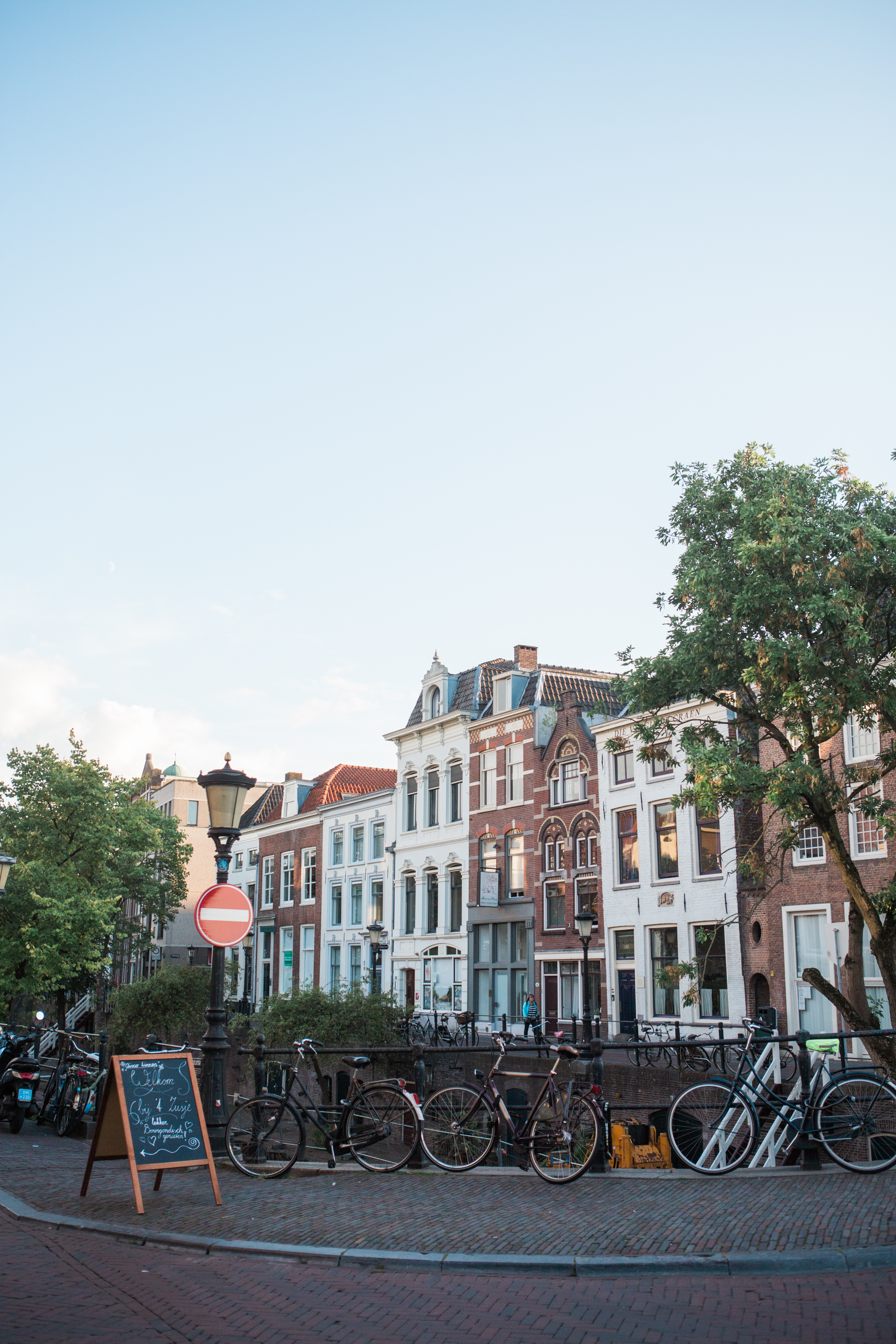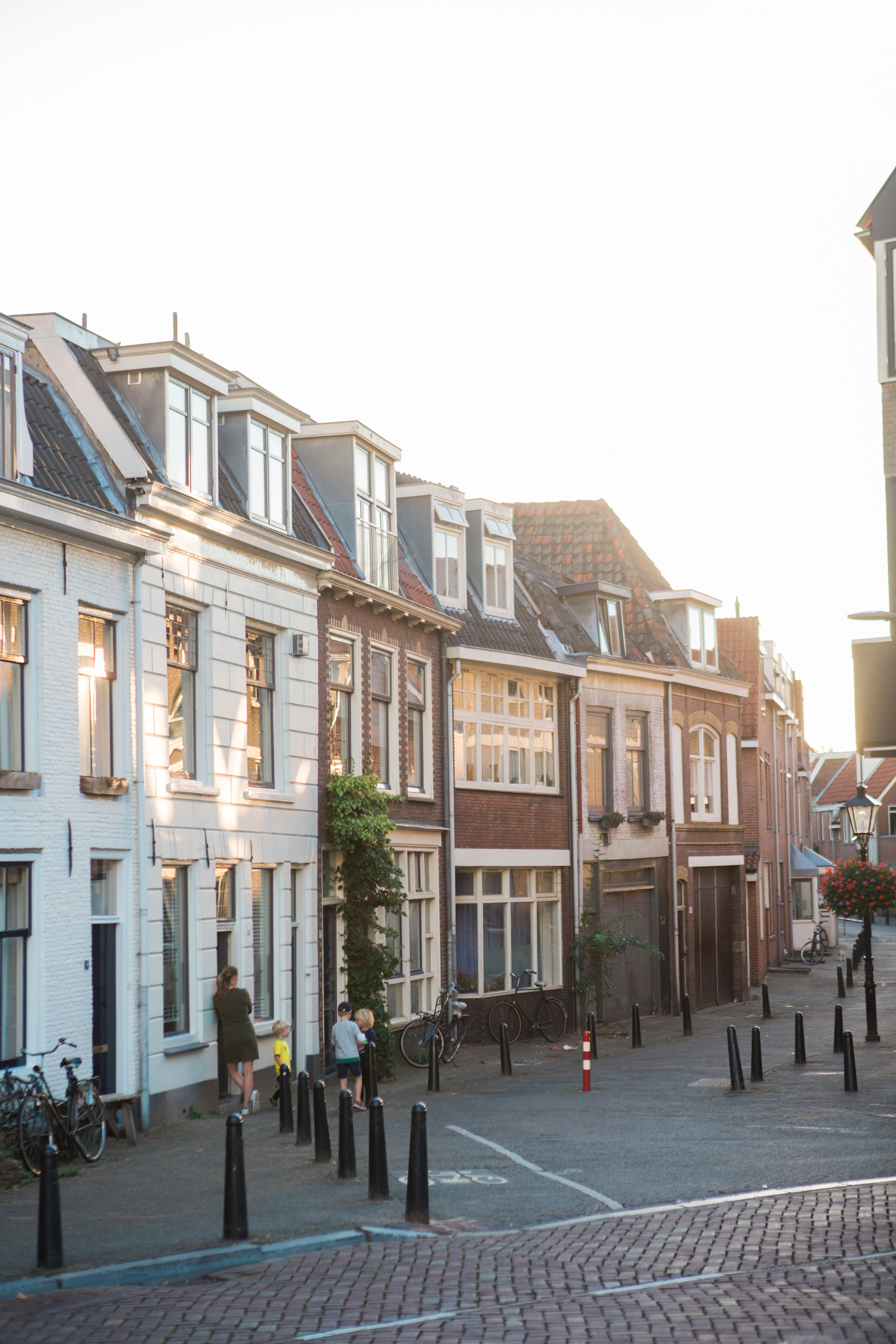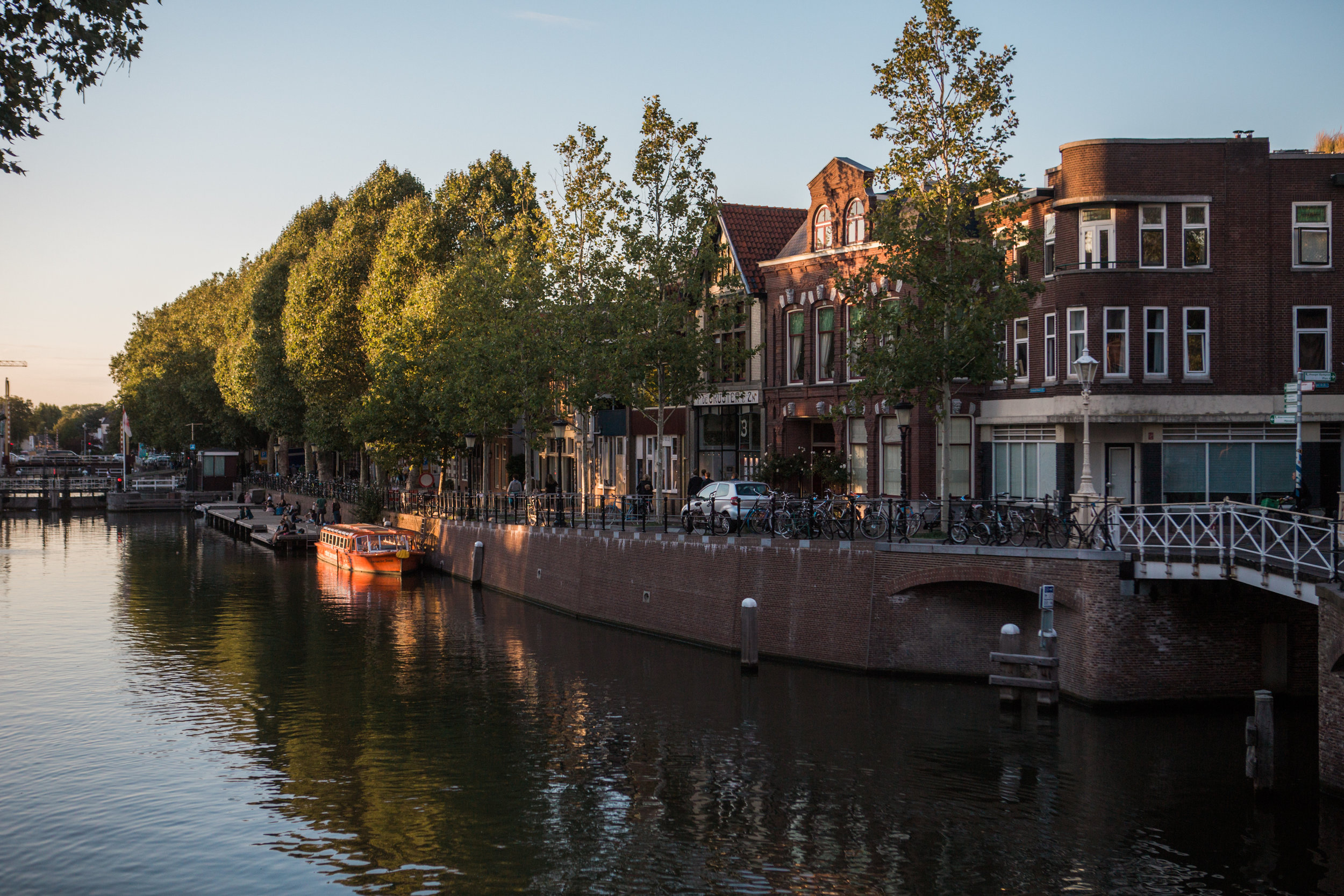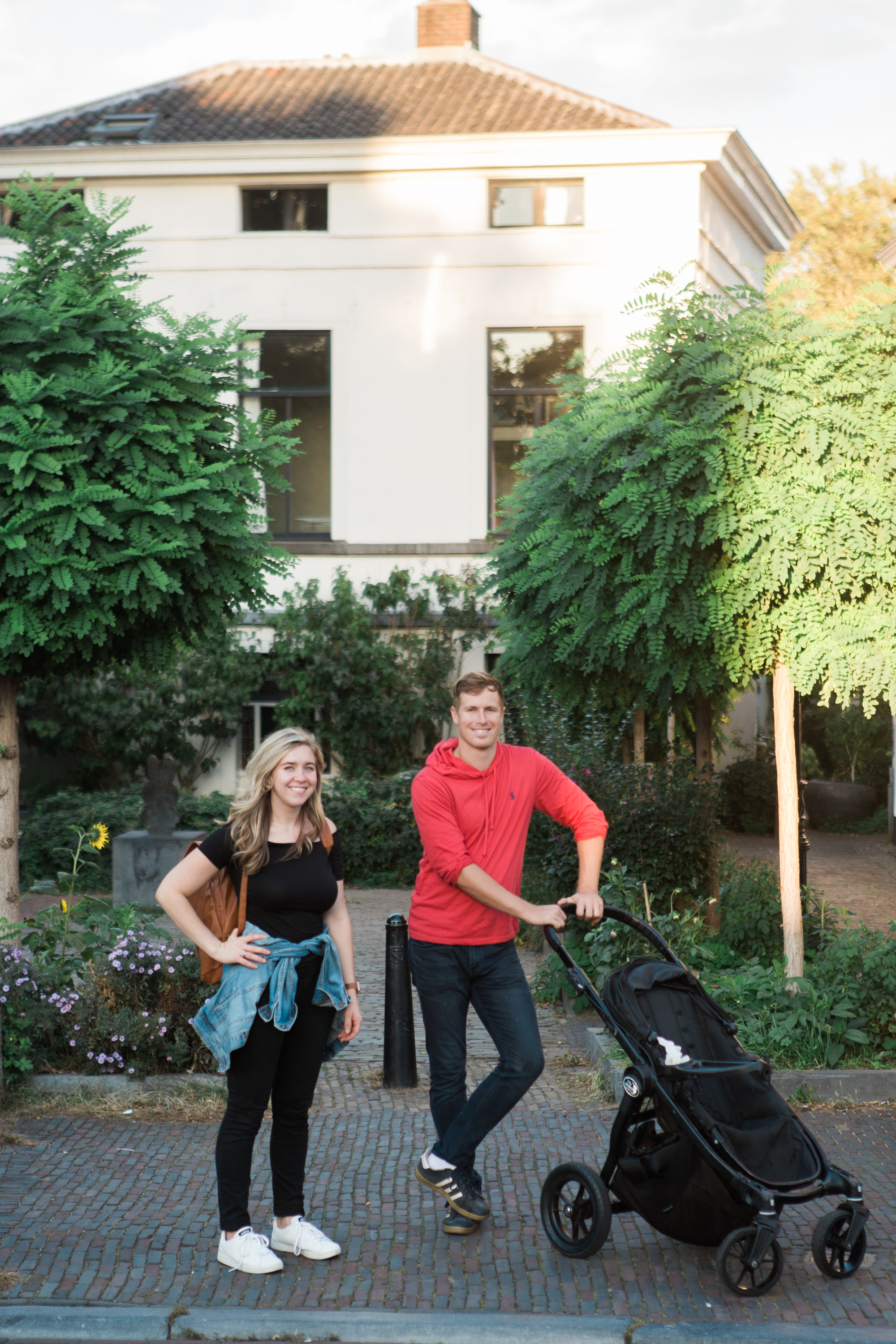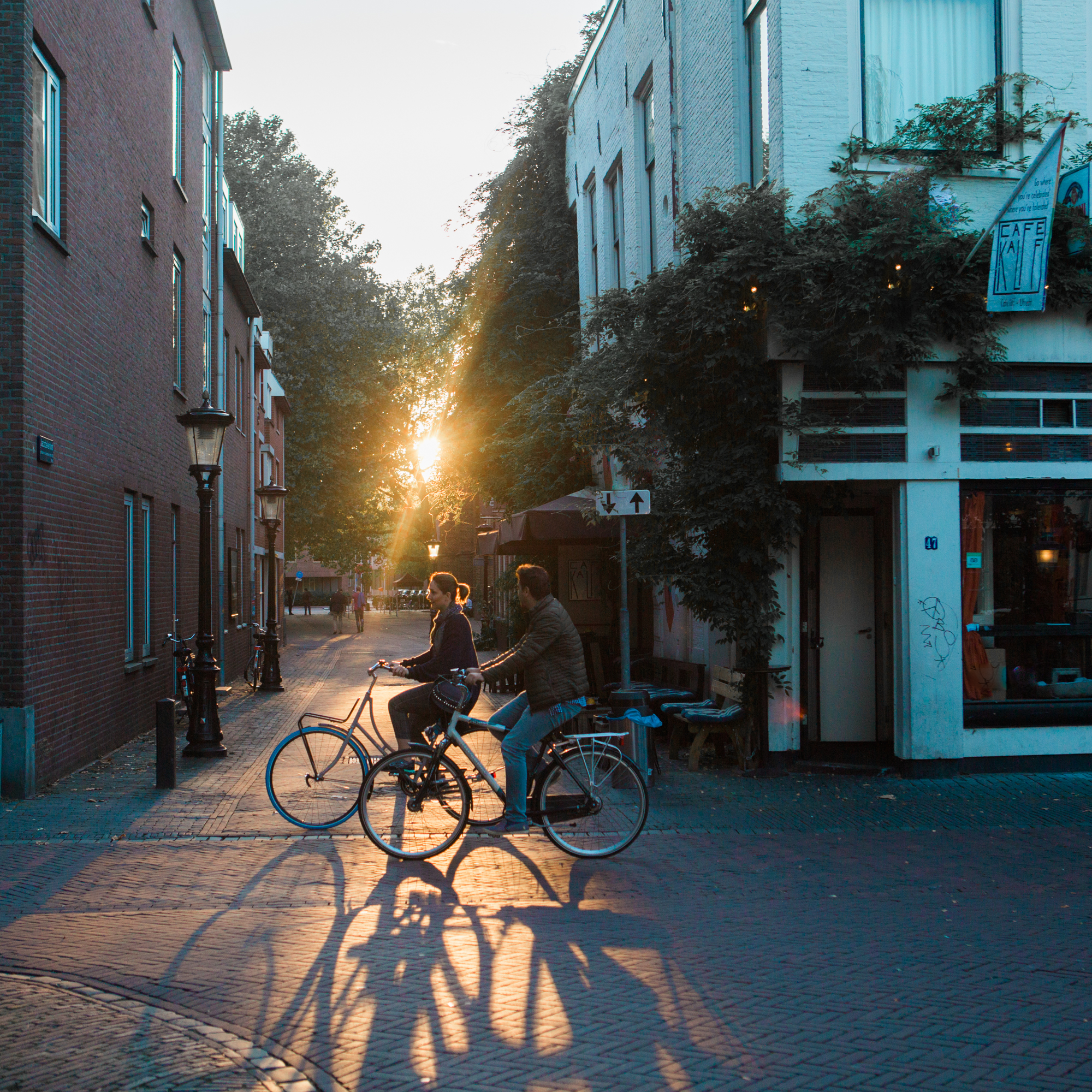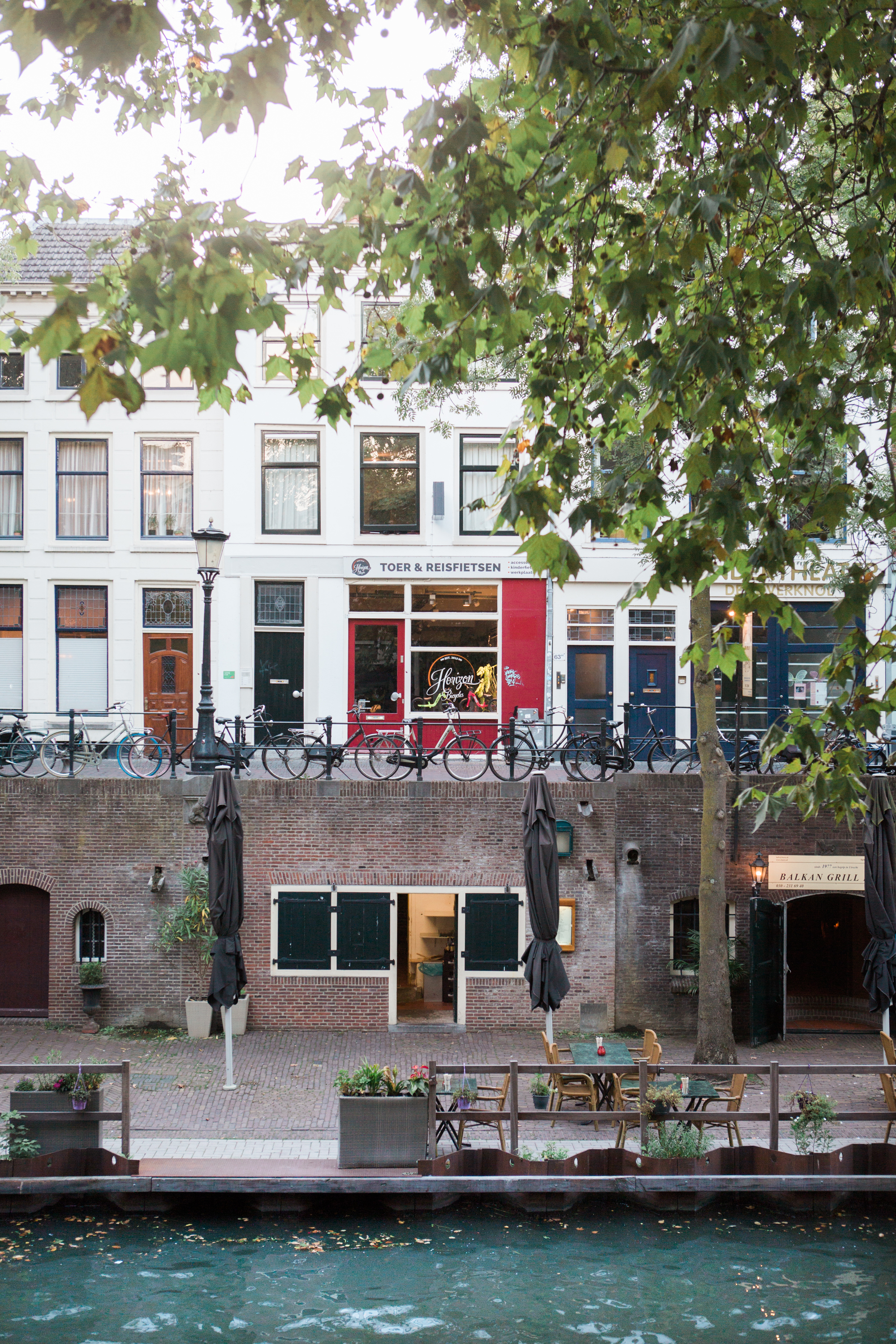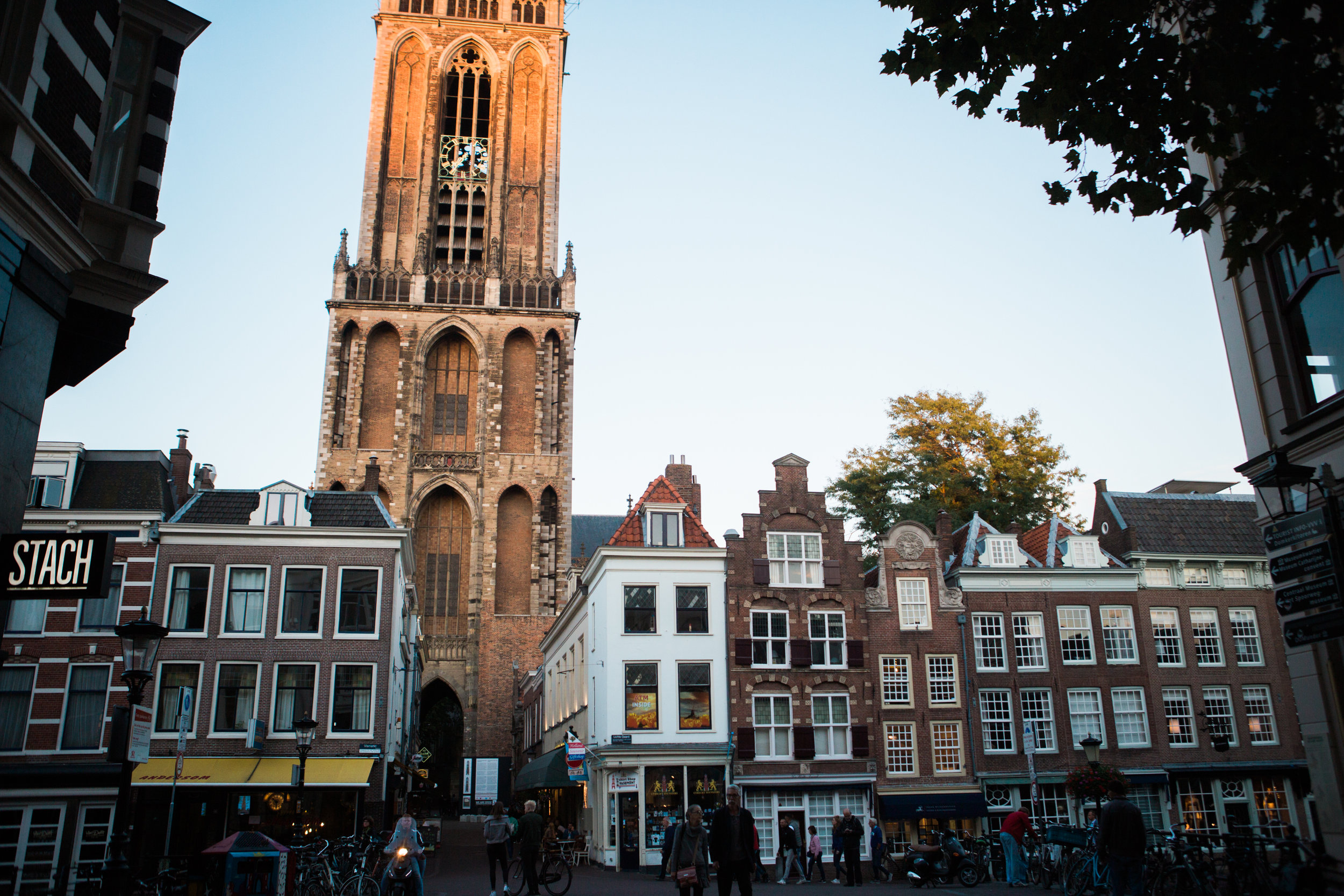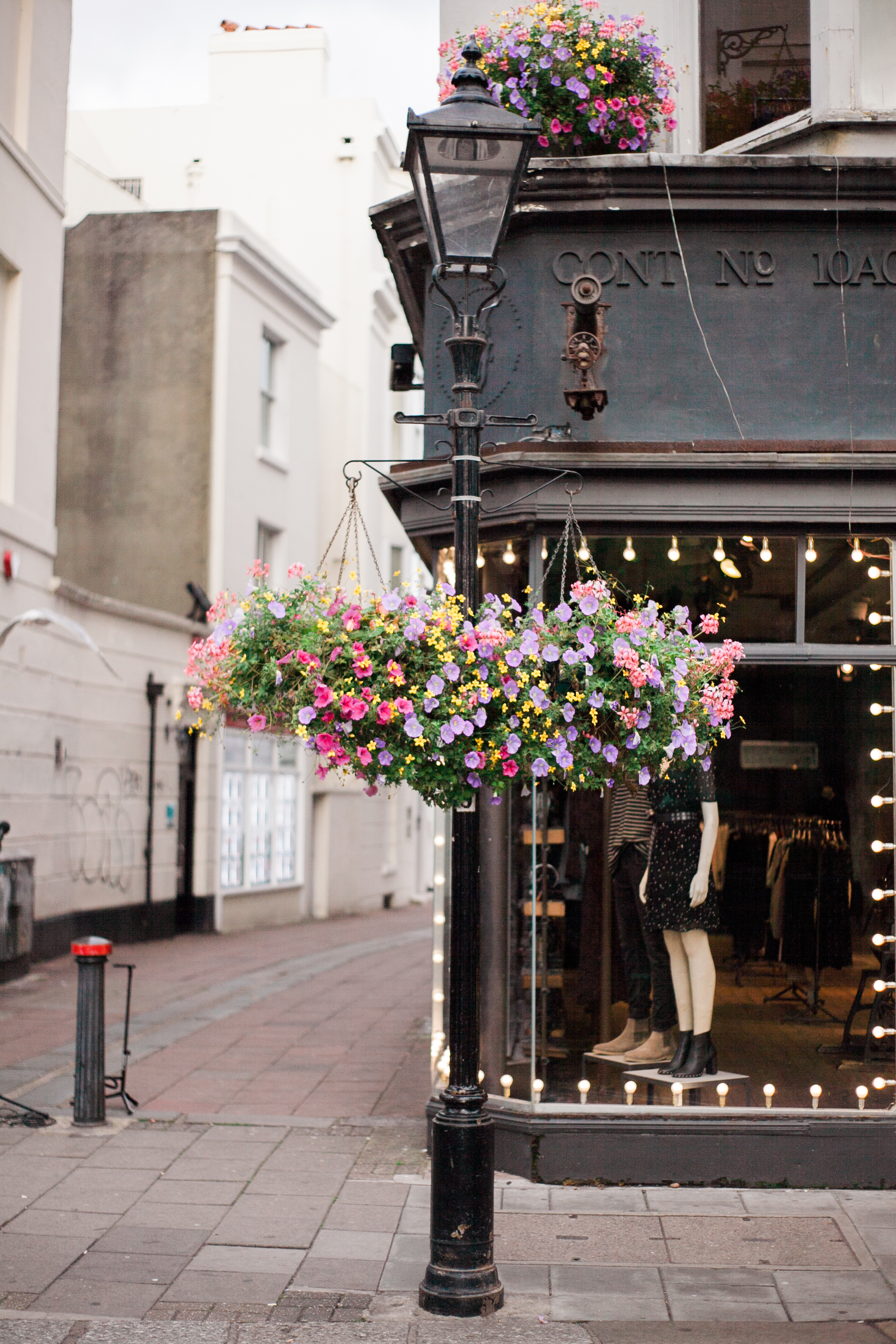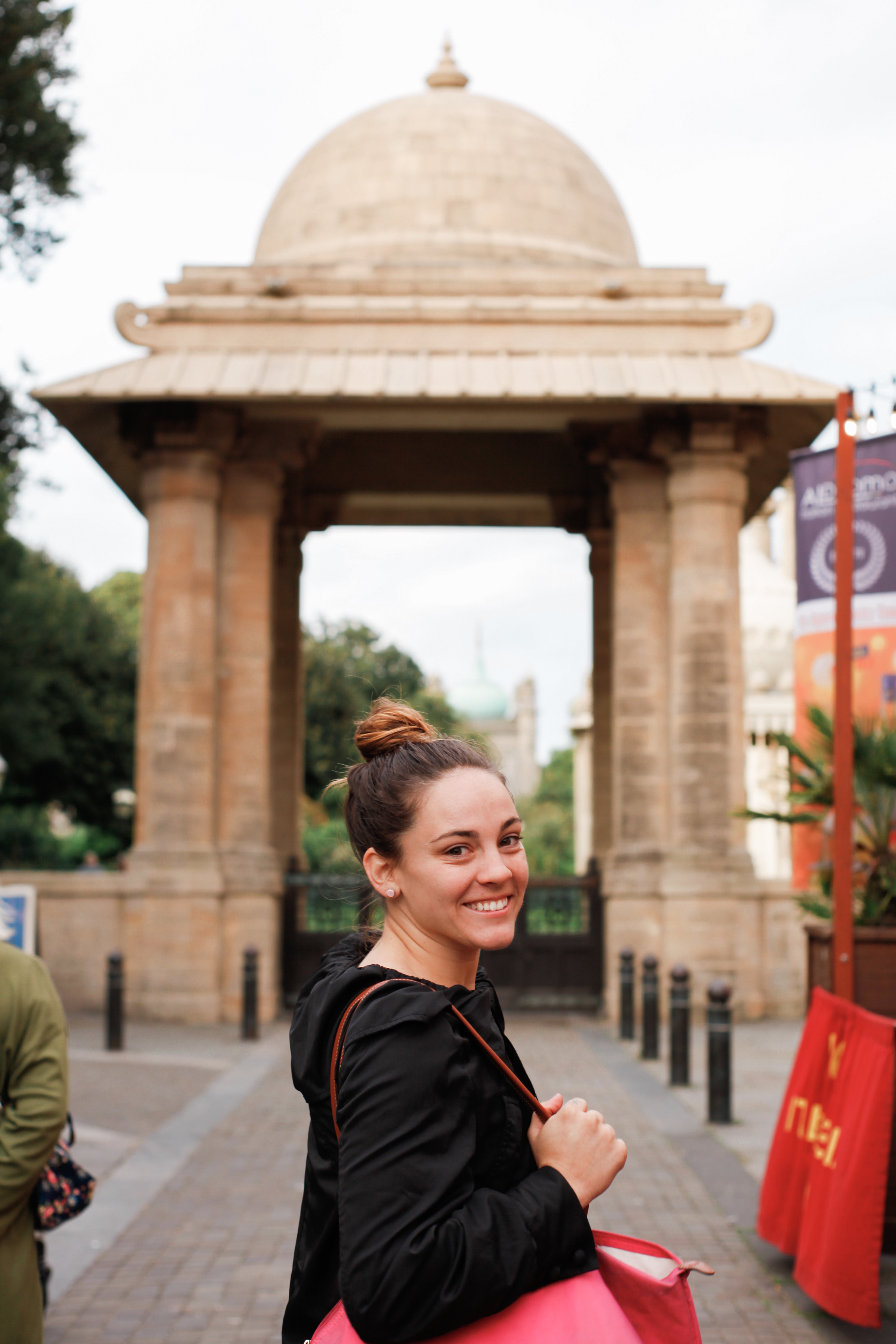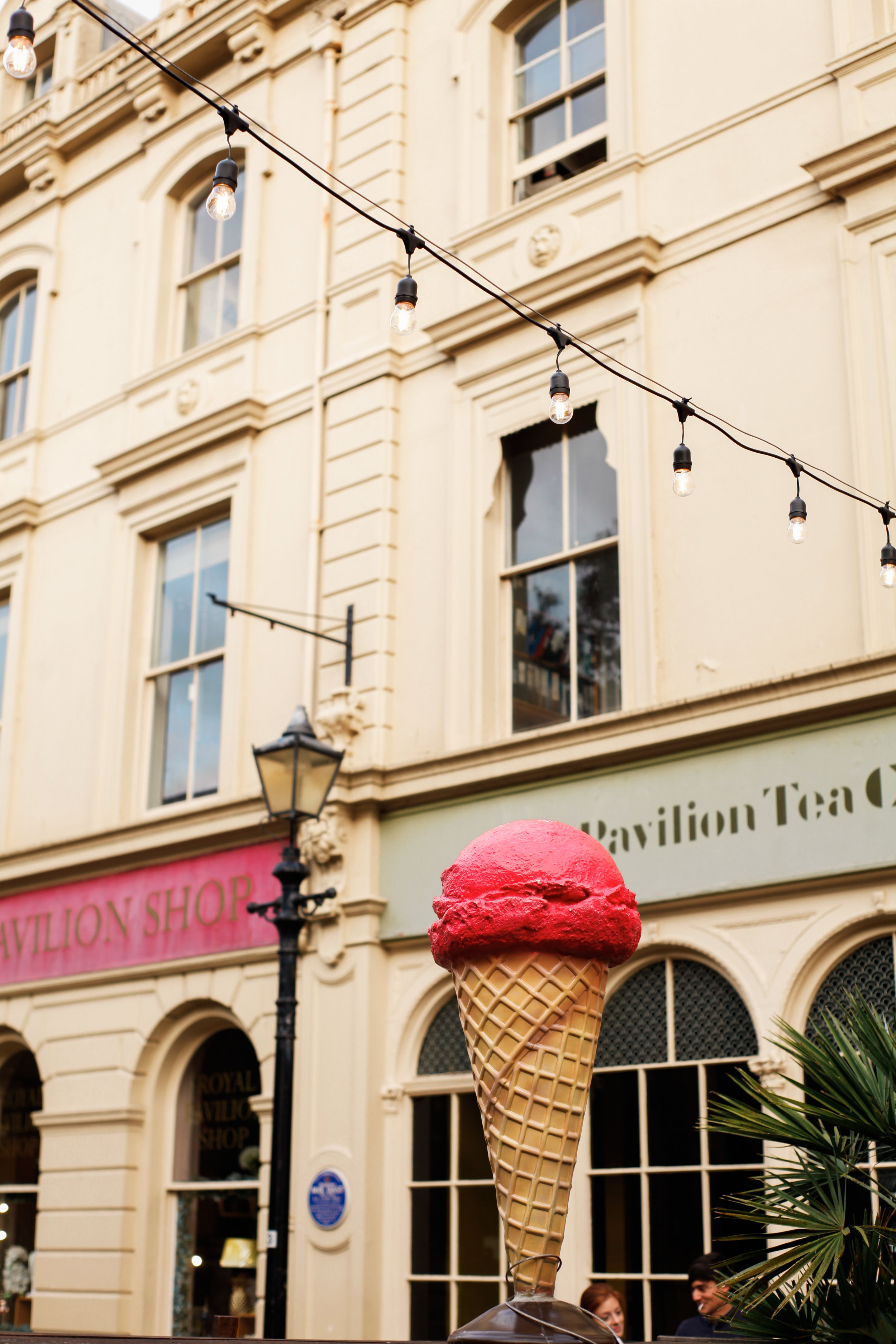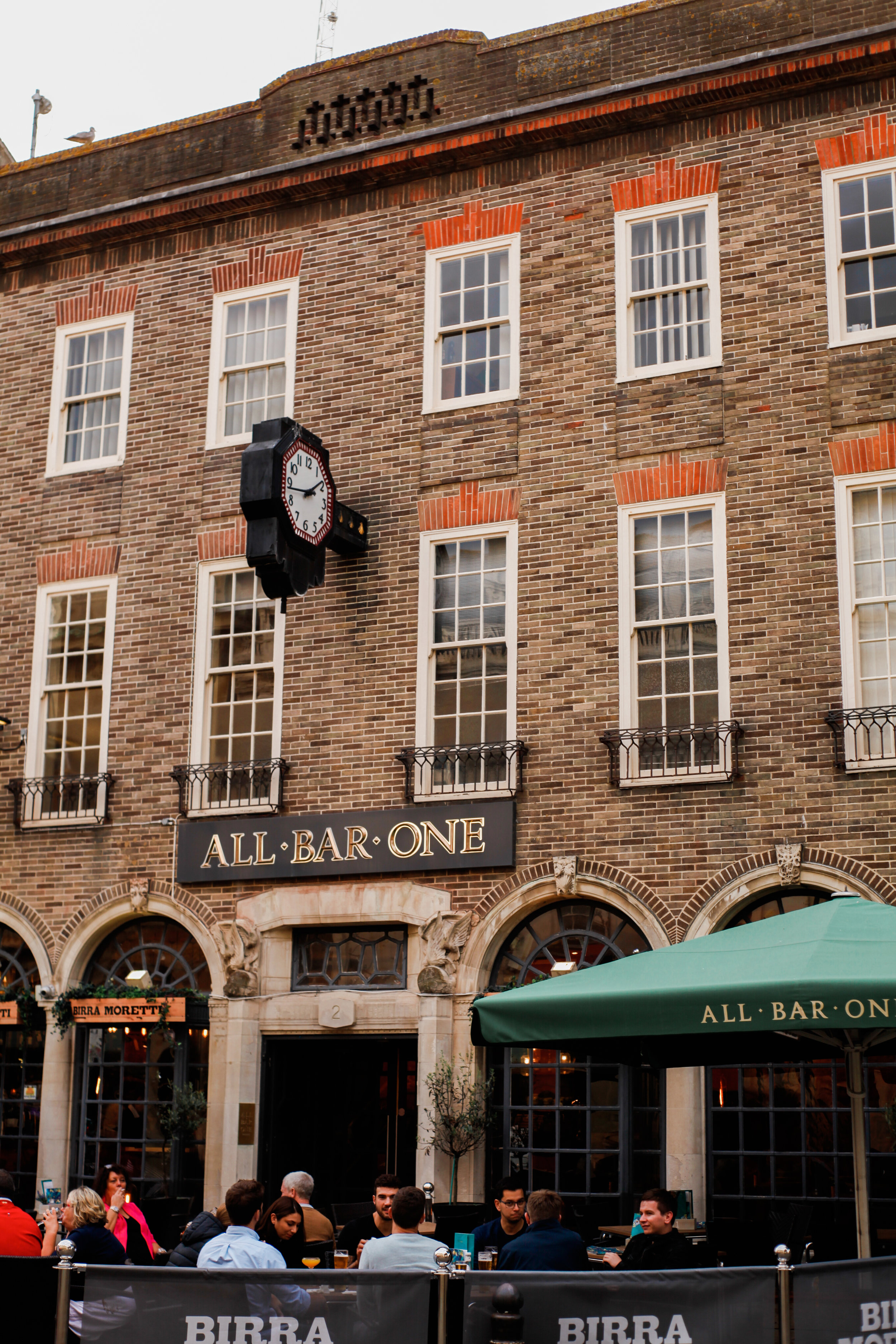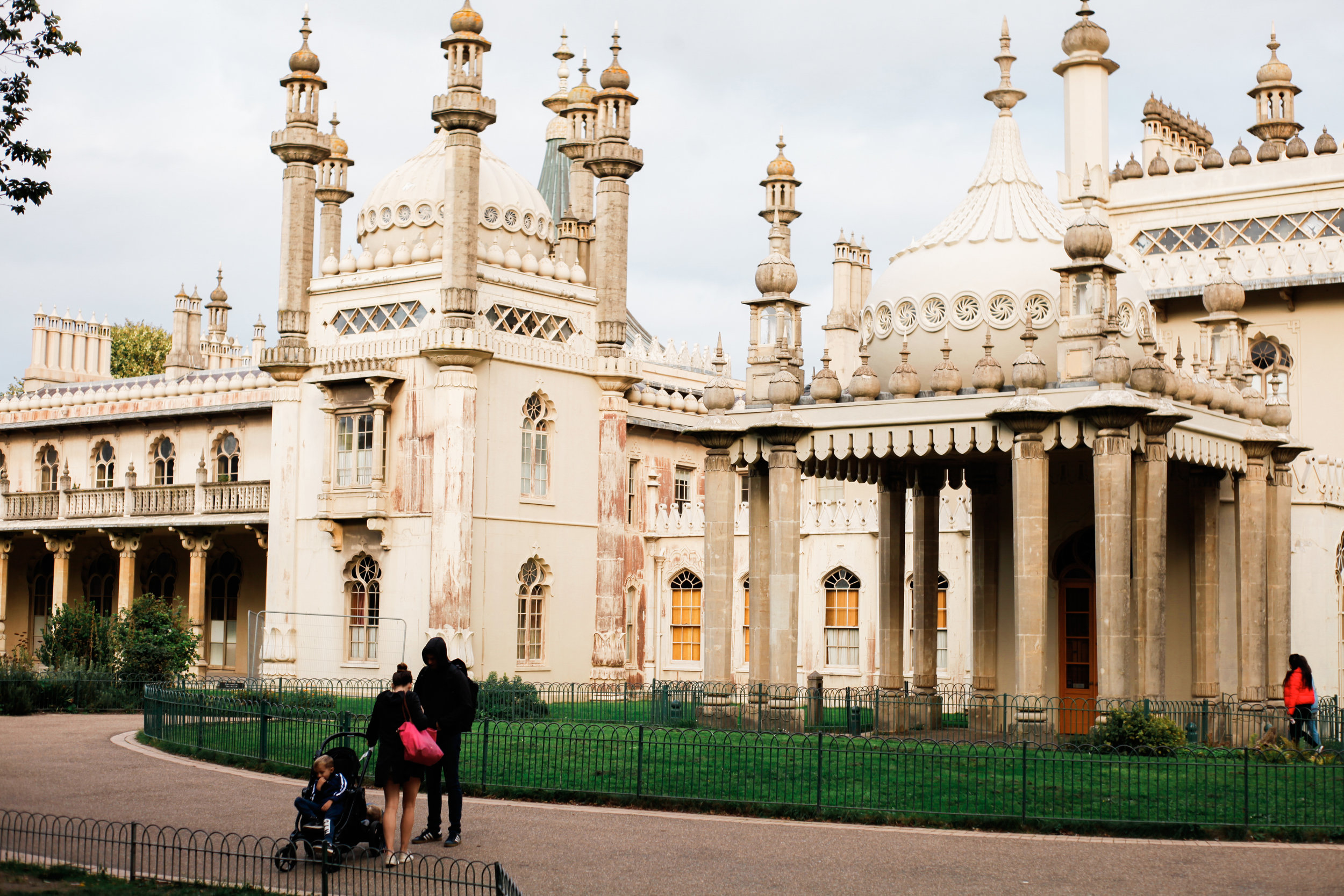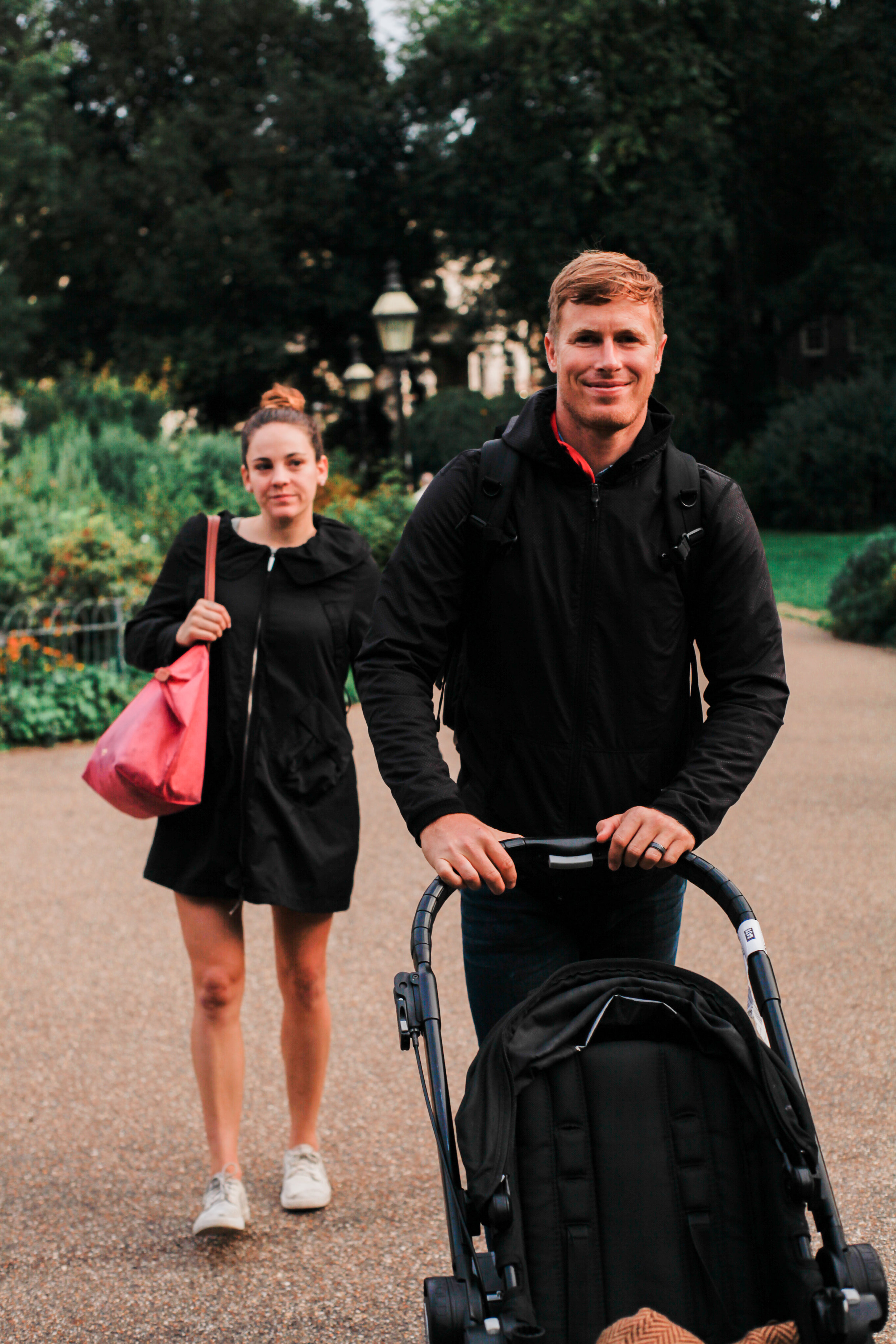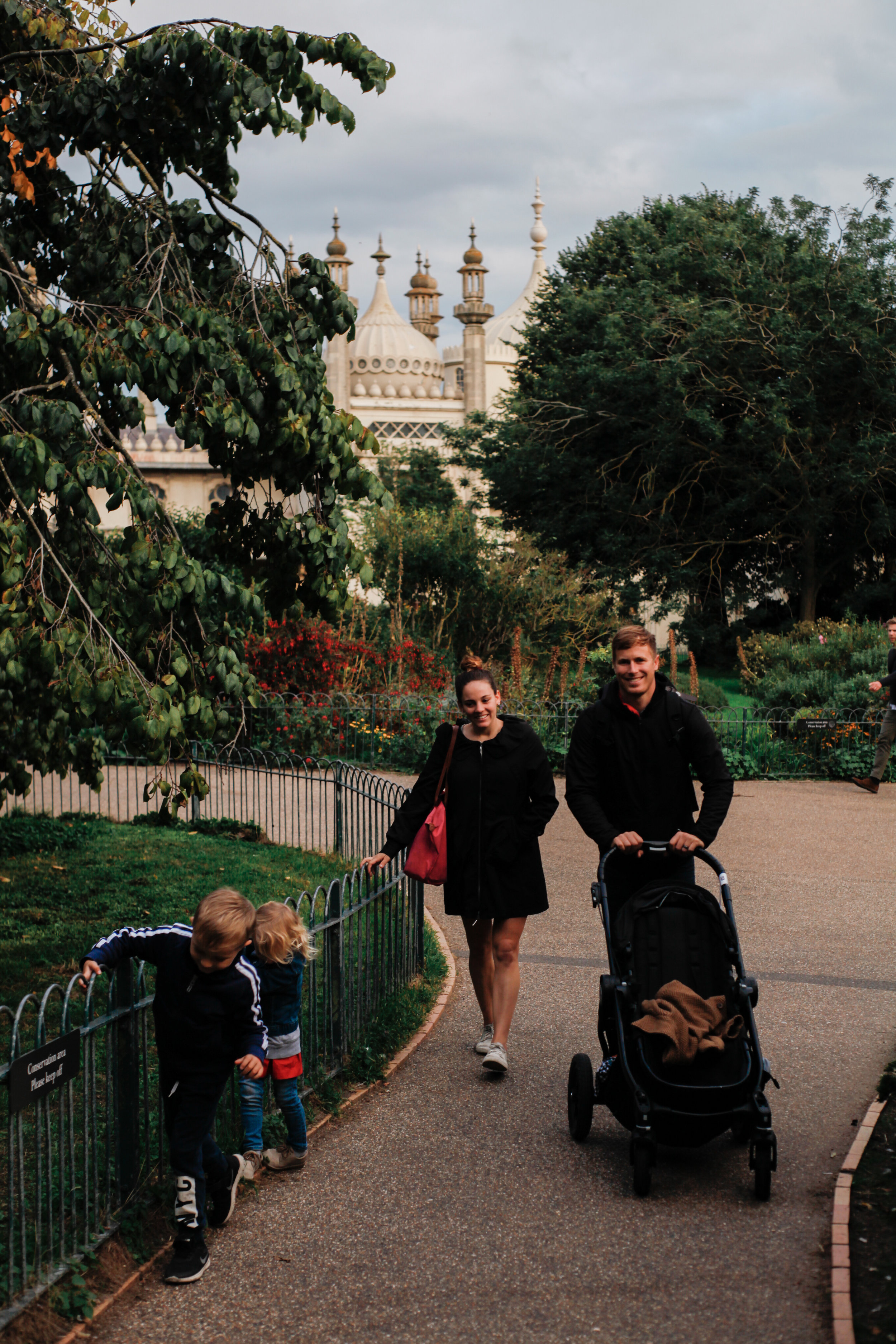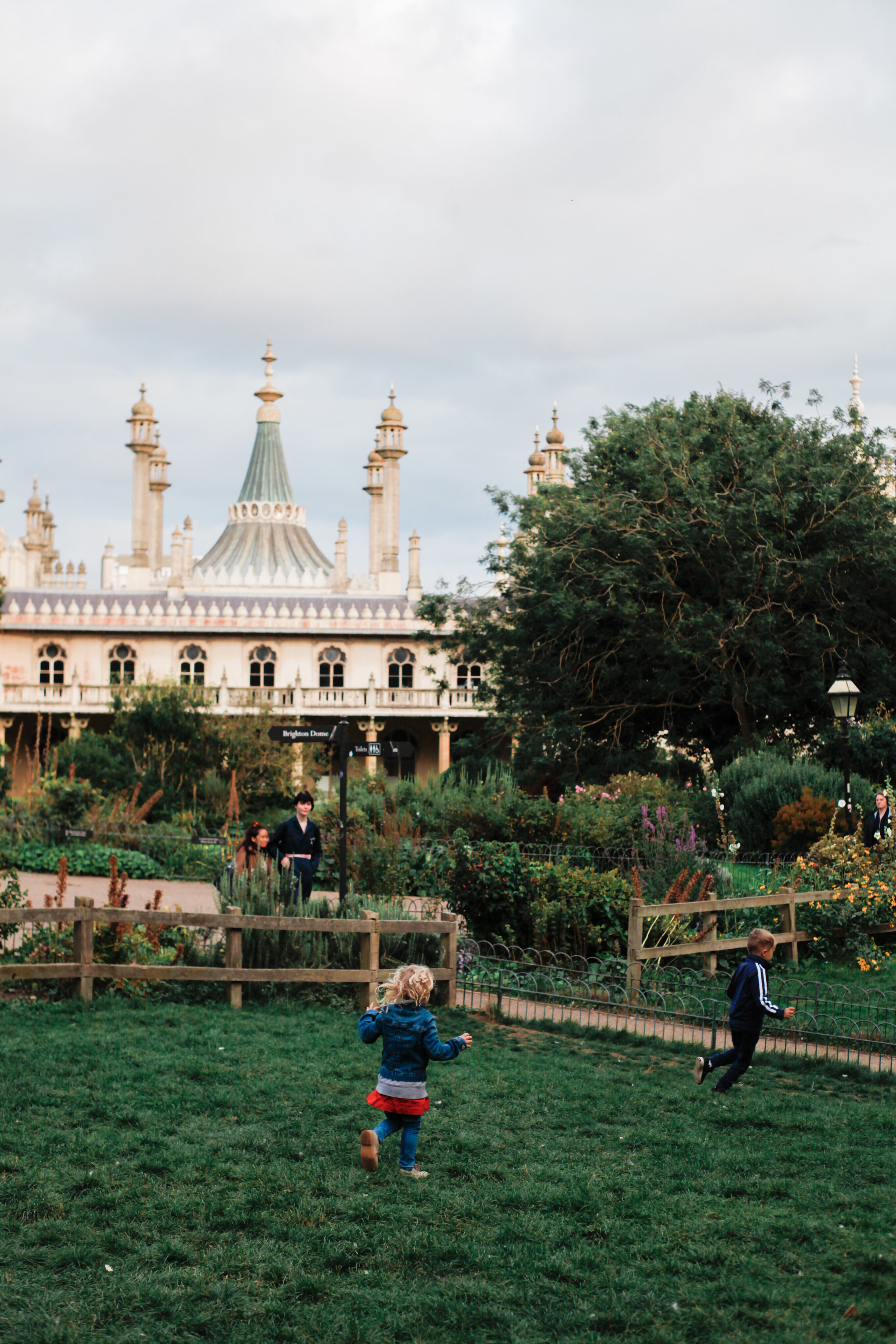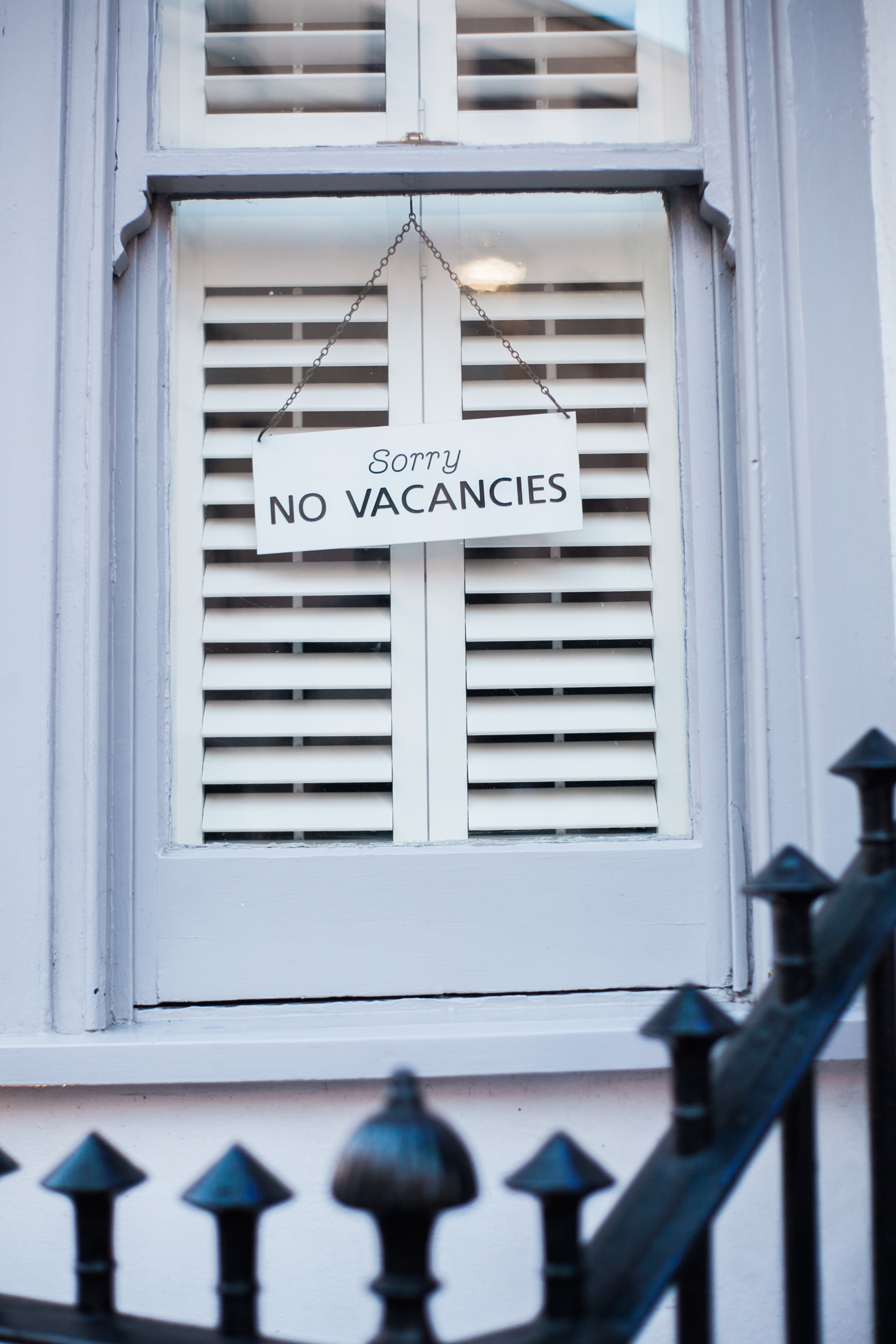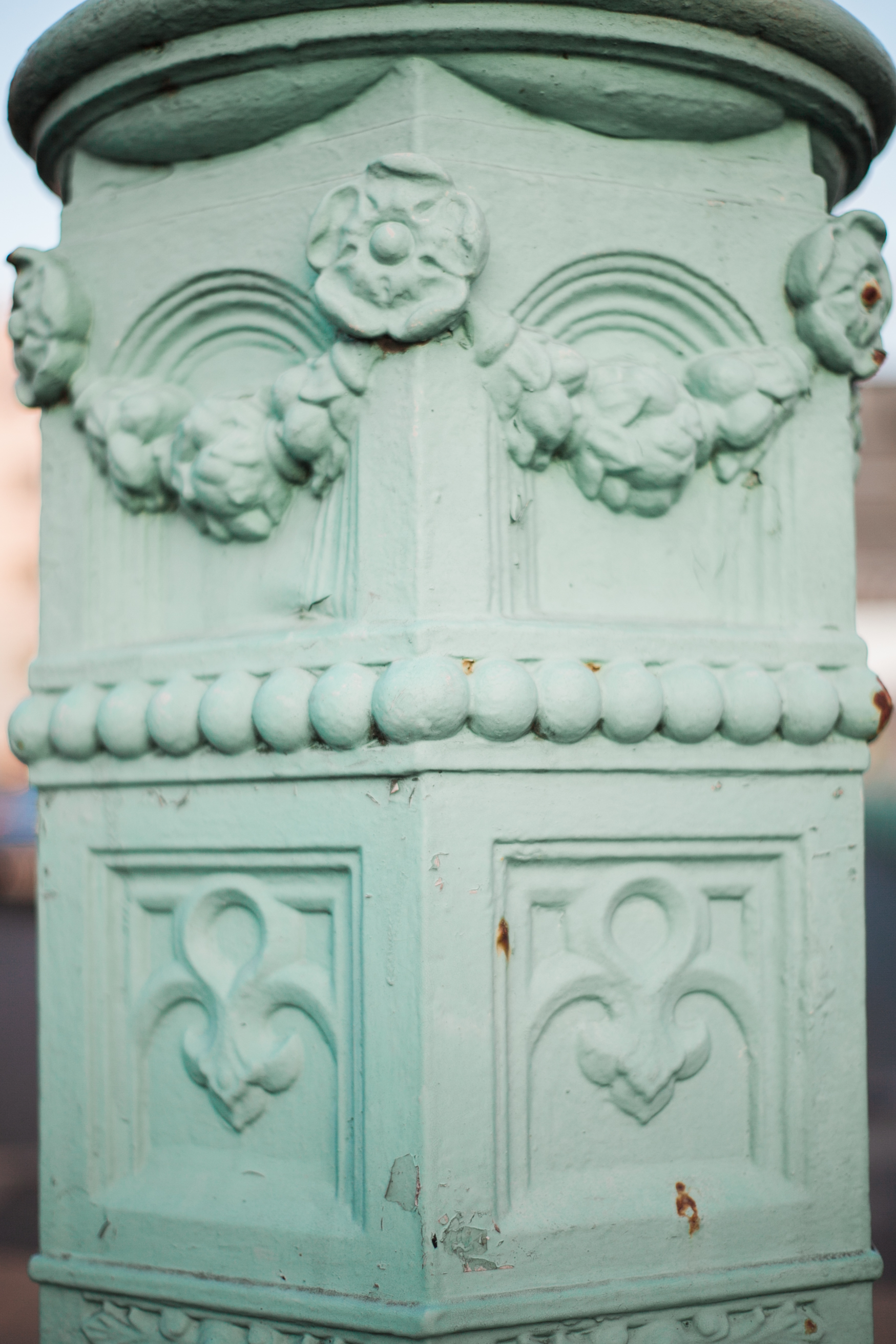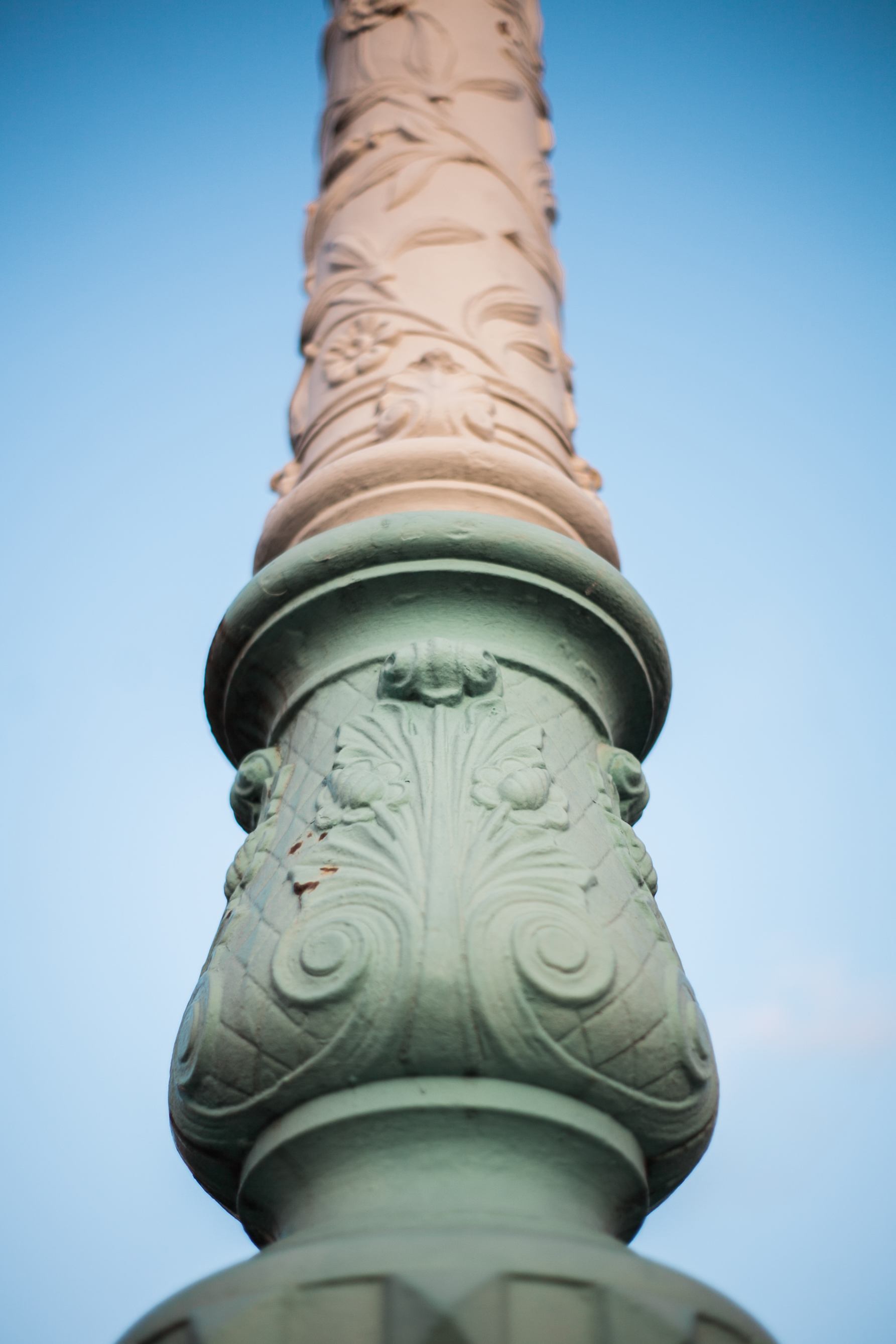The Utmost Gravity of Question Asking
“The characteristic common to God and man is apparently that: the desire and the ability to make things. This is universal experience.”
― Dorothy Sayers
“The ability and desire to make things” is just about the perfect description of an artist. We solemnly believe The Maker intended for everyone to be an artist, like Himself.
Making things with bodies, words, balls, machines, numbers, paint, sounds, connections, nature, and beyond.
“The role of the artist is to ask questions, not answer them.” Anton Chekov (At least a primary role of artists is this… I’m open to debate ;) )
“I know that most men
—not only those considered clever, but even those who *are* very clever, and capable of understanding most difficult scientific, mathematical, or philosophic problems —
can very seldom discern even the simplest and most obvious truth if it be such as to oblige them to admit:
the falsity of conclusions they have formed
(perhaps with much difficulty),
conclusions of which they are proud,
which they have taught to others,
and on which they have built their lives.” (Leo Tolstoy, What Is Art?)
So, as a quick re-cap, we have as premises:
God is The Maker
We’re to be artist-makers like Him
A significant role of the artist is to ask questions
Most people, even the most intelligent, struggle to accept the discovering truth if it goes against the answers they’ve formed, held to, and lived out.
“It is common knowledge among school-teachers that a high percentage of examination failures results from “not reading the question.” The candidate presumably applies his eyes to the paper, but his answer shows that he is incapable of discovering by that process what the question is. This means that he is not only slovenly-minded but, in all except the most superficial sense, illiterate. Teachers further complain that they have to spend a great deal of time and energy in teaching University students what questions to ask. This indicates that the young mind experiences great difficulty in disentangling the essence of a subject from its accidents; and it is disconcertingly evident, in discussions on the platform and in the press, that the majority of people never learn to overcome this difficulty. A third distressing phenomenon is the extreme unwillingness of the average questioner to listen to the answer”
Dorothy Is Concerned Many Are Unable To Do This*:
Ability to comprehend the question
Ability to ask the questions well
Ability to listen to the answers
*The desire and ability to make good questions is absolutely an art form.
Sayers’ concerns and Tolstoy’s observation are well-evaluated, I believe.
We are defined by “our answers.” We meet people, they ask us a polite question, we answer. “What do you do? Where do you live? Are you in school? How did you meet? Do you have kids?”
This is true for more than party chit-chat. “What do you fear? What happened to you? What was your father like? Why do you do what you do? What’s your worst moment like? What do you believe?” Less polite, less socially comfortable, less easy. But Our Answers.
My perception, mostly from living with myself, is that we are afraid of the questions because the answers might scare us.
Scare us because:
maybe we’re wrong (which is failing)
maybe we’re embarrassed
maybe we’re insecure
maybe we want to be good, and maybe we’ve been doing things that aren’t *actually* good, but we have to validate and comfort ourselves with our answers.
Questions that are skeptical of Our Answers are unnerving. Especially to those who are Christians, and feel that their answers ARE based in scripture’s truth, there ARE wha God Himself says. Provocative questions have the potential to dismantle the honor of God (or so it may seem). “How DARE we question GOD?”
Let’s give a round of applause for Emily P. Freeman and this excerpt from “Grace For the Good Girl.”
"I feel fear. It washes over me with its lies and half-truths. The lies aren’t blatant. They marry themselves with a little bit of truth so the distinction is blurry at best. And so I practice the presence of fear and refuse the presence of Jesus.
When you reject me, be it real or perceived, I ponder and defend inside my head. And the fear wins a little more of my heart until I discover I am stuck by it, unable to move beyond it. My fear becomes my truth, and if you try to convince me otherwise, I am convinced you just don’t know. You are naïve and I am a realist. You are too simple and I am complicated. You are wrong and I am right.
I lived this toxic way for many years before I understood about The Rescue. I live it still, when I forget that I’ve been found. Even for those to whom truth has been revealed, fear can be a loud and abusive motivator.
Is there something you are hiding from? If you answer this question honestly, it will reveal what it is you fear. Maybe you are hiding from remembering your past, from facing regret, from what may happen in your future. Maybe you don’t want to be known because you fear people might find out you are stupid or wrong or that you don’t know so much after all. Maybe you are hiding from your dreams because to face them would mean admitting they are there. And to admit that they are there would mean you aren’t living them after all. Is there something you are hiding behind?
When I answer this question, I discover those places where I put my trust. A hiding place is a place where we feel safe, emphasis on feel. I think it is a safe place to hide from the things I fear, so that is why I stay there. Maybe you hide behind your sweet personality, because to be anything other than nice would be offensive or bad or wrong. Maybe you hide behind your list of rules because you think following them is the way to be accepted by God. I hid behind all of these masks and other ones, too. It is important to know the answers to these questions because only in identifying the lies that trigger certain reactions will we be able to receive the truth we need to replace them."
Susan Young explains:
"A closed-ended question is one which could be answered with a one-word answer or a simple 'yes' or 'no.' It can bring a dynamic dialogue to an awkward halt or stalemate. You can easily flip the encounter around by making a little more effort.
Open-ended questions open doors for new discoveries and opportunities. They encourage thought, sharing of experiences, and expression of ideas.
Well-crafted and open-ended questions typically begin with
What, Why, When, Who, How, and Where,
all of which can prompt the most delightful of conversations.”
My friend, Don, shared a video recently of Jack Ma talking about the way children are educated: “We need to be teaching out children values, believing, independent thought, teamwork, care for others. These are the soft parts. Th knowledge will not teach them. That’s why I think we should teach our kids sports, music, painting, art. Everything we teach should be different from machines.”
In short: children should be taught HOW to think, how to become curious, how to ask, how to listen, and how to express.
Speaking straight to those who would consider themselves “the Body of Christ,” we must be able to handle hard questions that scare us, that we cannot give an answer to, that would force us to admit we’ve been wrong about X or Y (even if we tried SO HARD to follow and obey God), questions that we don’t have memorized answers for.
Machines can record and output information.
We must have soft-parts: parts about to evaluate, wonder, imagine, re-consider, brainstorm, express, and make. Parts that, quoting Don, respond with “Honestly? I don’t know.” Parts that sit with uncertainty, and neither unravel or force.
We must be able to discern the difference between questioning God, and questioning our understanding of God.
From politics and social issues, to the arrangement of home life, to functional decisions, to mental health and recovery, to pleasure and life’s finer things, to the promiscuous, to the most innocent, to business and finance, to bodies and wellness, to interacting with others, and on.
We desperately need to do more than accept, build a “safe” hiding place made out of twigs, and pretend there aren’t REAL, hungry wolves (usually pretending to be dangerous sheep, but certainly plain ol’ wolves, too). We can’t welcome little piggies in and protect them, if we’re covered in pieces that can blow away with a single puff.
It’s much more effort to form a brick-house-mind, but we must. We must read the questions well, ask the right questions, be asked things without getting offended, and really listen to answers.
“How are you going to find out about things if you don’t ask questions?” LM Montgomery
One of the most angry I’ve EVER been was when I read a Q+A blog post on an extremely large, popular Christian ministry site.
The question was, don’t get wrong, a bold one… but the famous pastor who answered stated emphatically that *the question itself* was “a great insult” and “vile.”
This type of fear-mongering, especially whiting faith, is like a spade shovel to the roots of a young plant. We HAVE to be able to ask. We HAVE to be free to wonder, to be curious, to learn.
We may NOT accept whatever we wish was true as ultimate truth.
We may NOT give ourselves to the question like it is the answer.
We may NOT replace perception for truth.
We may NOT slam answers like bedroom doors, shut off and echoing with tension, because we were too immature to face discomfort and threat to our made-up safety.
Caleb and I have been moved, overwhelmed, bonded, mortified, and transformed by “really asking, really answering, really listening.”
In some ways we can’t believe how many things we’ve said, like an automated voice-recording, because we ‘knew’ it was ‘right,’ or what we were supposed to say. Even privately. Even when we swore we’d be totally open with each other. Even for years.
The lies and fears can lodge themselves so sturdily, that you genuinely don’t know they’re falsehoods, hidden in you, and needing to get out. You actually *think* you’re being honest, but being afraid has become your normal, routined truth.
That’s why we have to know how to think well with soft-parts. We have to know how to asked open-ended, not leading or closed-ended, questions of ourselves and intimates.
“Why do we get married to a person we want to share life with, but agree to spend most of our life away from each other… because that’s just how it’s done now?
How was it done before? How was family life arranged? What did ‘home’ and ‘marriage’ entail? What were the benefits and what were the burdens?
When we share life, what are WE hoping for at the end of it? What sacrifices are we NOT willing to make? Who around us do we know - not just perceive - is living a thriving, nourished life… one we want to emulate? How do they make their life choices?
If we could afford it, what would OUR ideal life set-up be? Is there anything we could sacrifice now to afford a life closer to that? Sharing home with other families? Moving somewhere less expensive? Going for that business idea together? Being content with less? Anything? What are our options? What do we REALLY want?”
Personal Goals:
To be brave, inquisitive, and aware enough to ask well-crafted, non-trapping, clear-hearted questions, and have the integrity, willingness, and pluck to answer with freedom, soul, and meat. And then, naturally, to listen to the ACTUAL responses, disconcerting, or drop-in-my-belly-ing, or nor-what-I-would-say-ing, as they may be.
We’ve aimed for this, knowing only Our Lord has the skill of 100% accuracy. We have improved our hit-target rate! But we have had, and will continue to have to, learn as we go. Plenty of shut-downs, or over-reactions, or fearful hiding, or rehearsed answers.
Gratefully, and intentionally, and with much hope, there has been far more brick-and-mortar building… creating a space of safety, coziness, and room for “good things to run” between us.
We know this is God’s doing. And we know He has gently led us. We know he bids us “come” to the fiery furnaces and shrill demons of each other, just as He did. Nothing too unsightly, broken-apart, unbearable, or challenging for Him. (Though, never ever suggesting someone being abused should stay. There is a line, and it may not be crossed).
“Ask and it will be given to you,
Seek and you will find,
Knock and it will be opened to you.”
Matthew 7:7
“And Jesus said ‘What do you want me to do for you?’”
Mark 10:51
“Ever since I was a little girl and could barely talk, the word ‘why’ has lived and grown along with me. It’s a well-known fact that children ask questions about anything and everything, since almost everything is new to them. That is especially true of me, and not just as a child. Even when I was older, I couldn’t stop asking questions. I have to admit that it can be annoying sometimes, but I comfort myself with the thought that “You won’t know until you ask,” though by now I’ve asked so much that they ought to have made me a professor. When I got older, I noticed that not all questions can be asked and that many whys can never be answered. As a result, I tried to work things out for myself by mulling over my own questions. And I came to the important discovery that questions which you either can’t or shouldn’t ask in public, or questions which you can’t put into words, can easily be solved in your own head. So the word ‘why’ not only taught me to ask, but also to think. And thinking has never hurt anyone. On the contrary, it does us all a world of good.” (Anne Frank)


